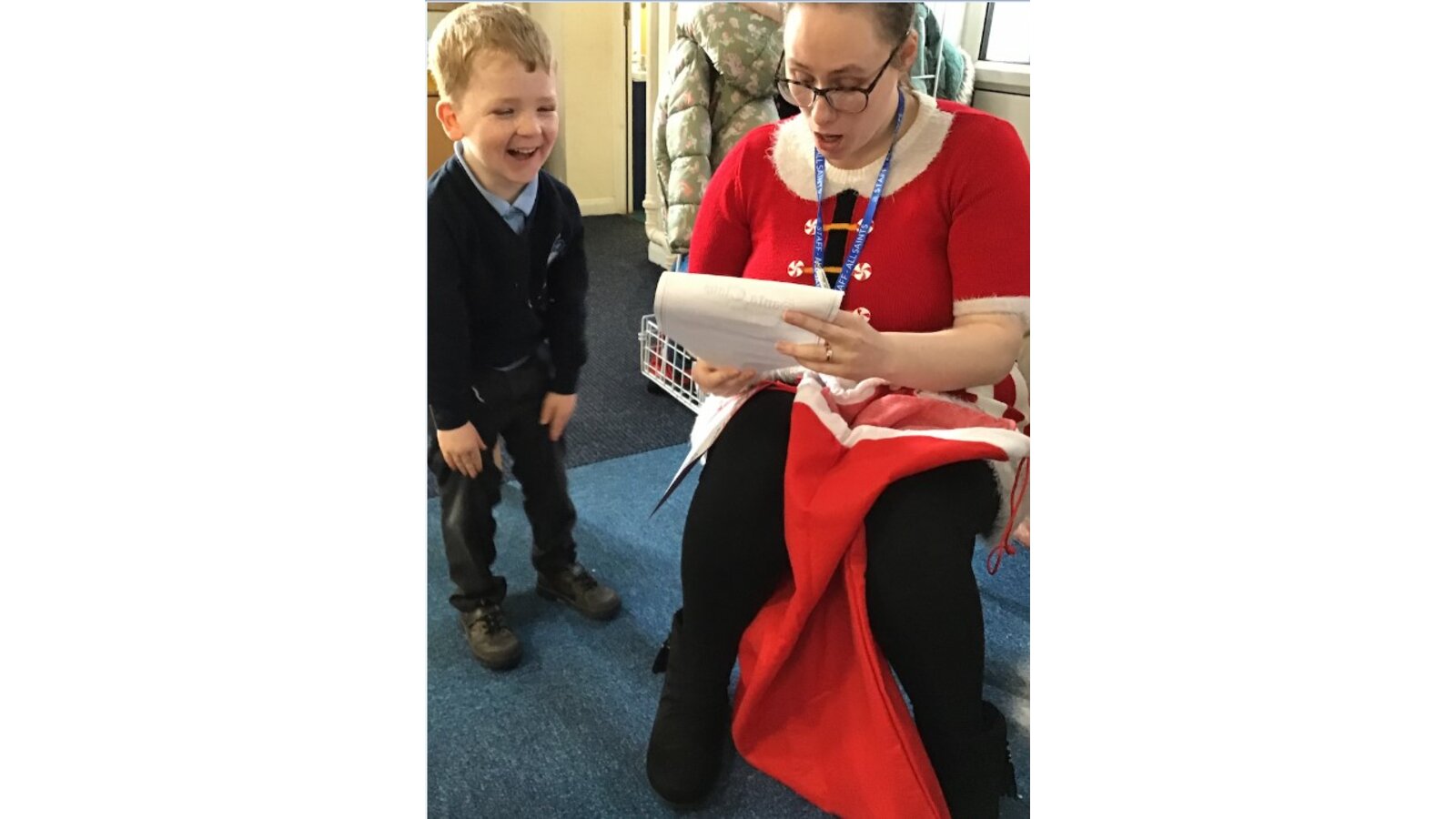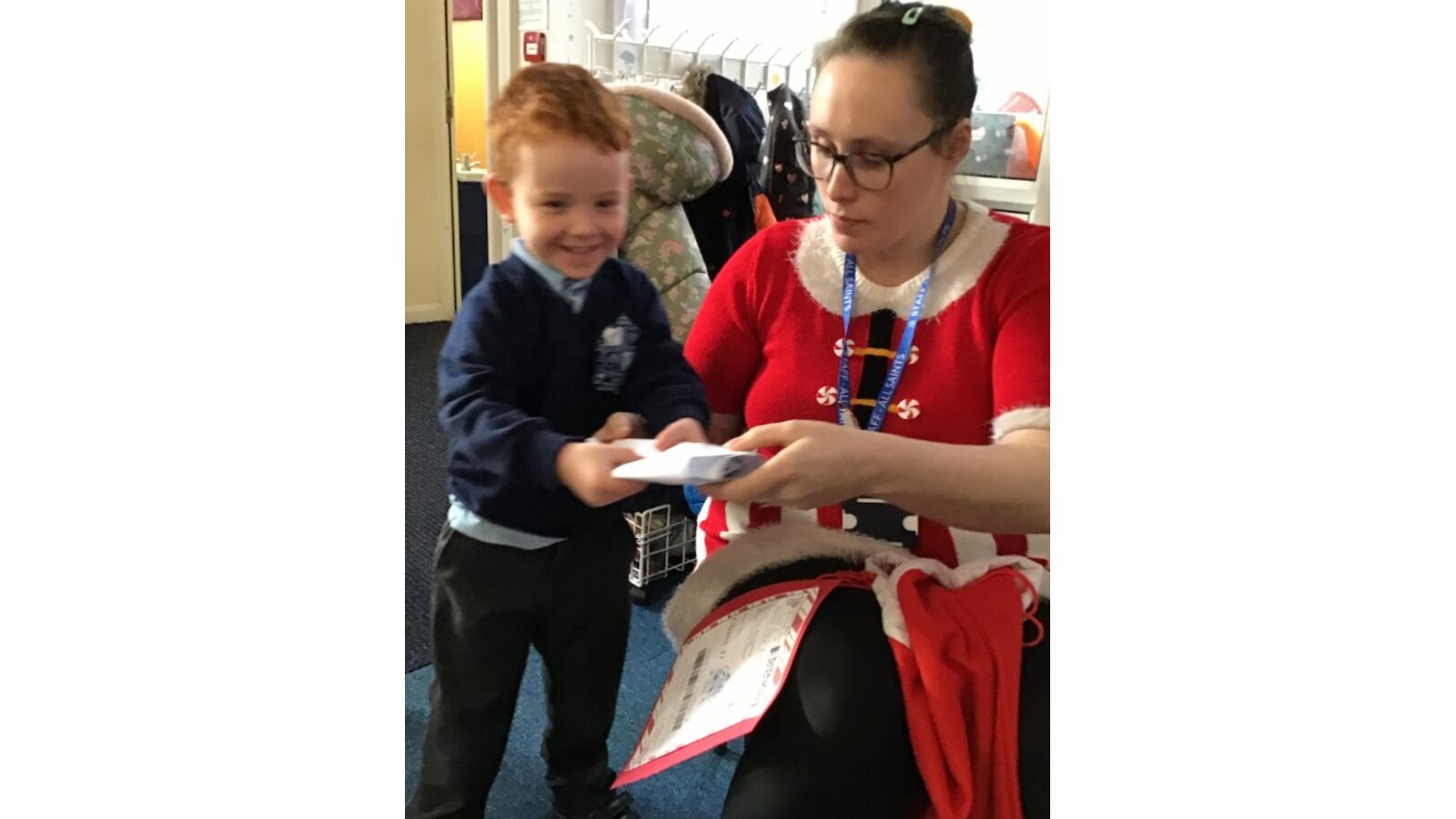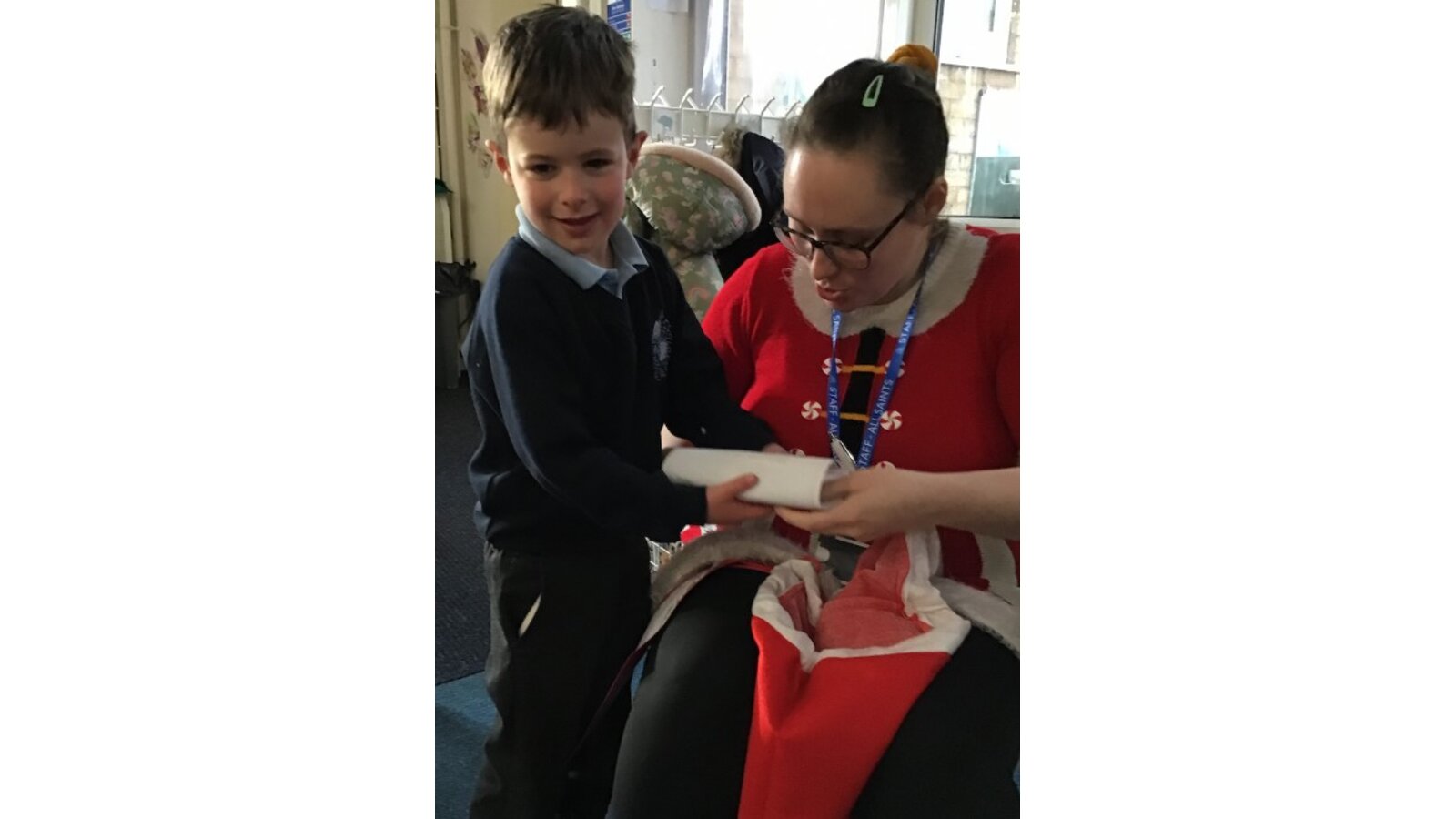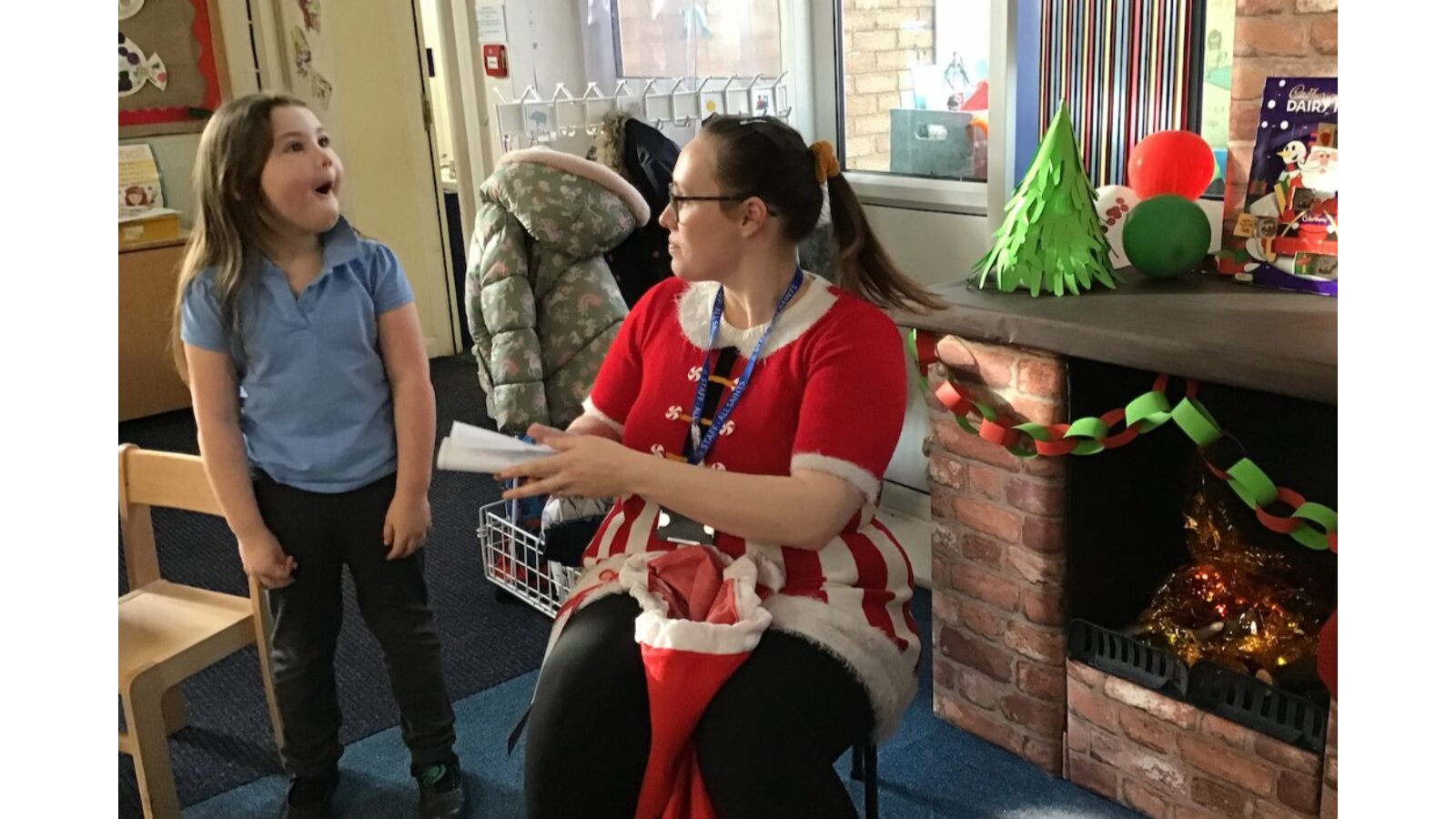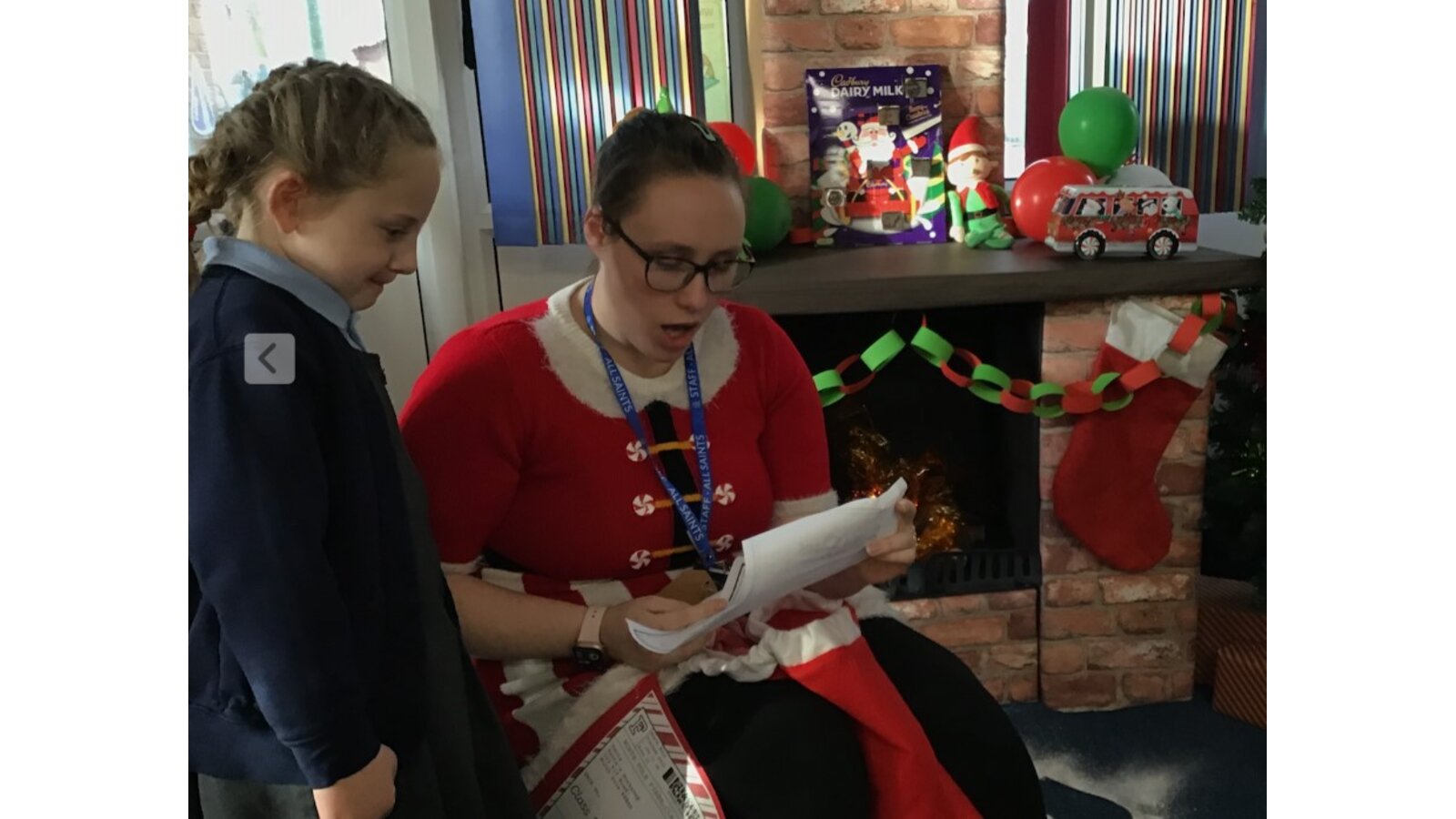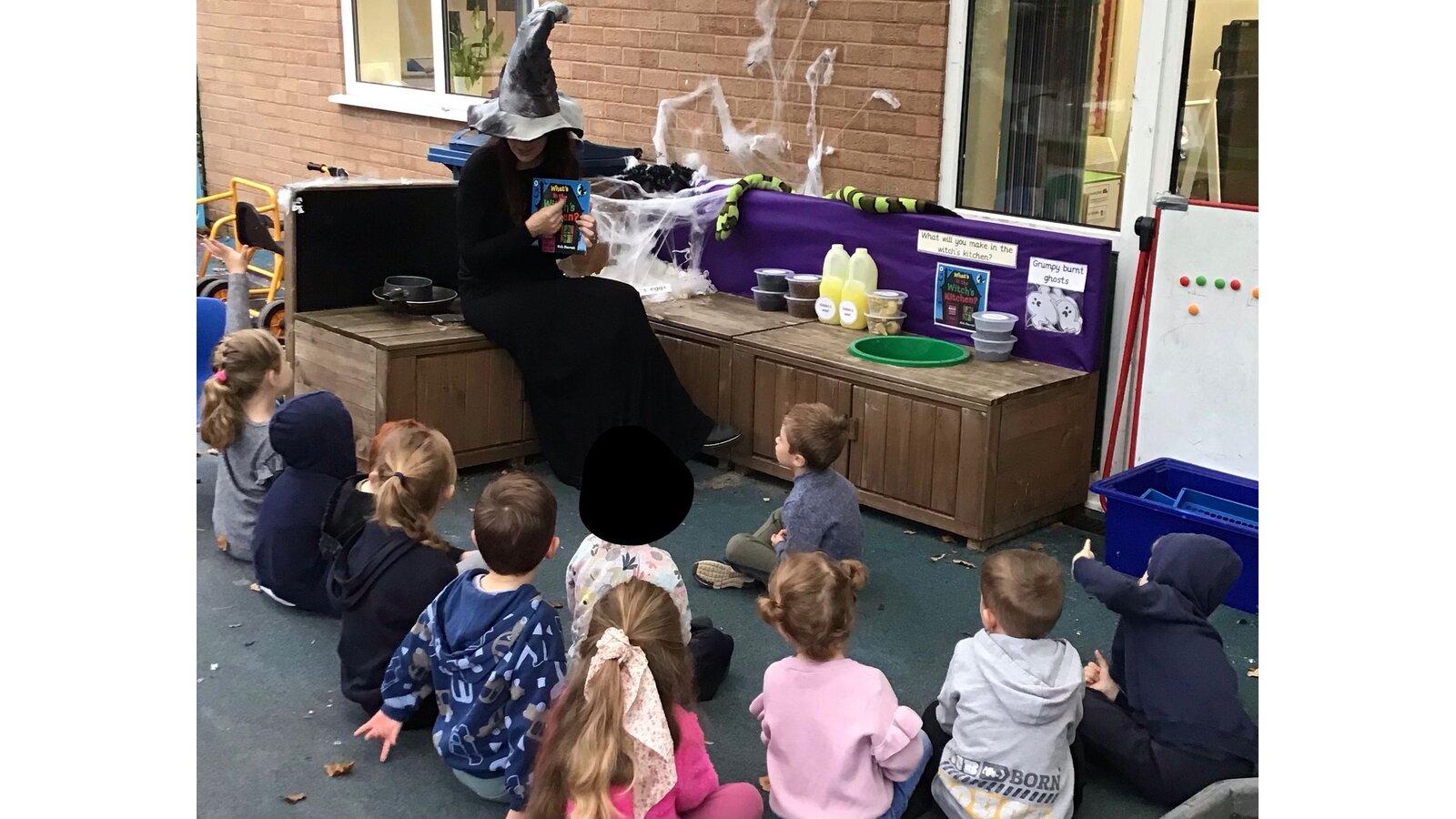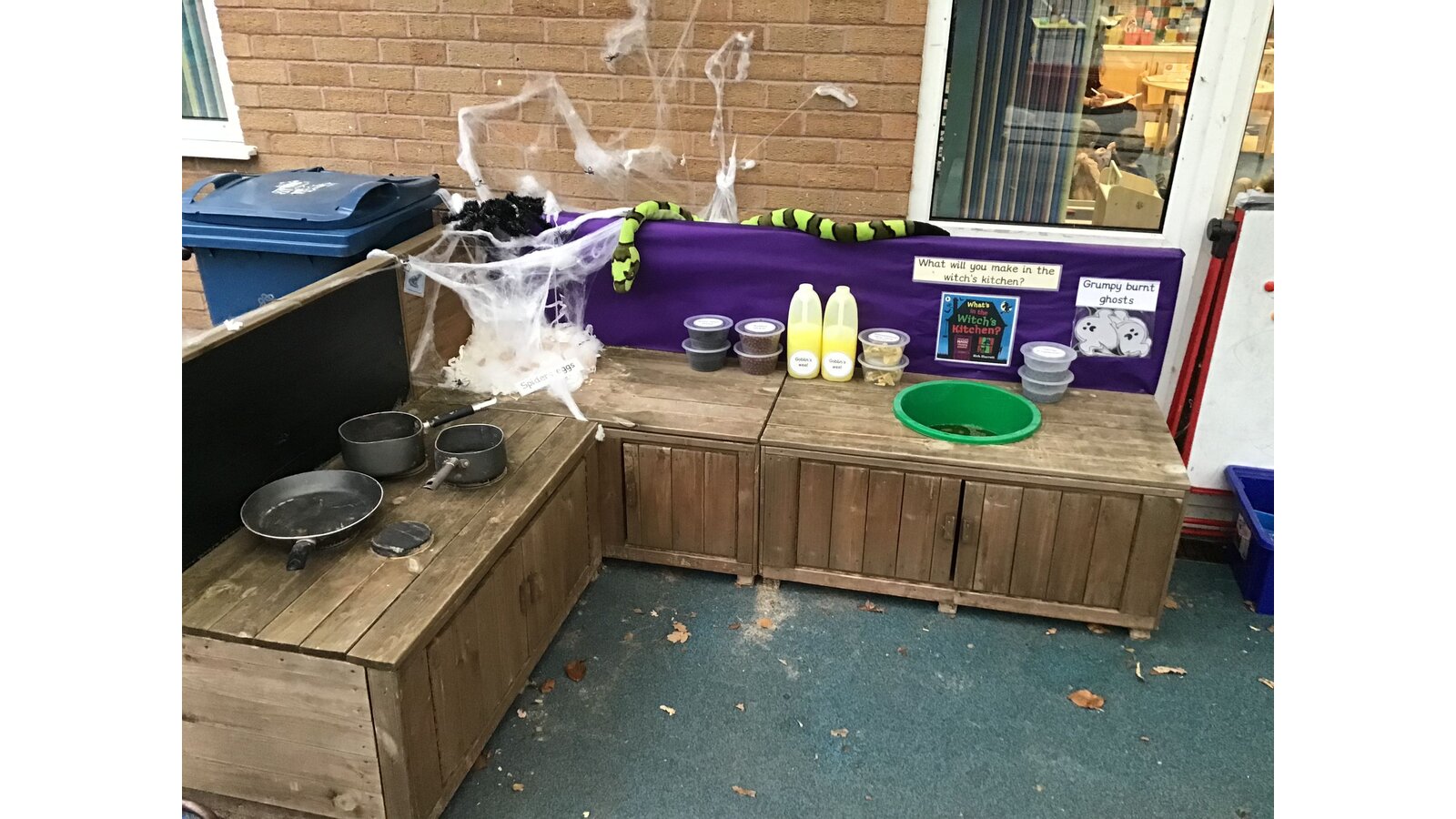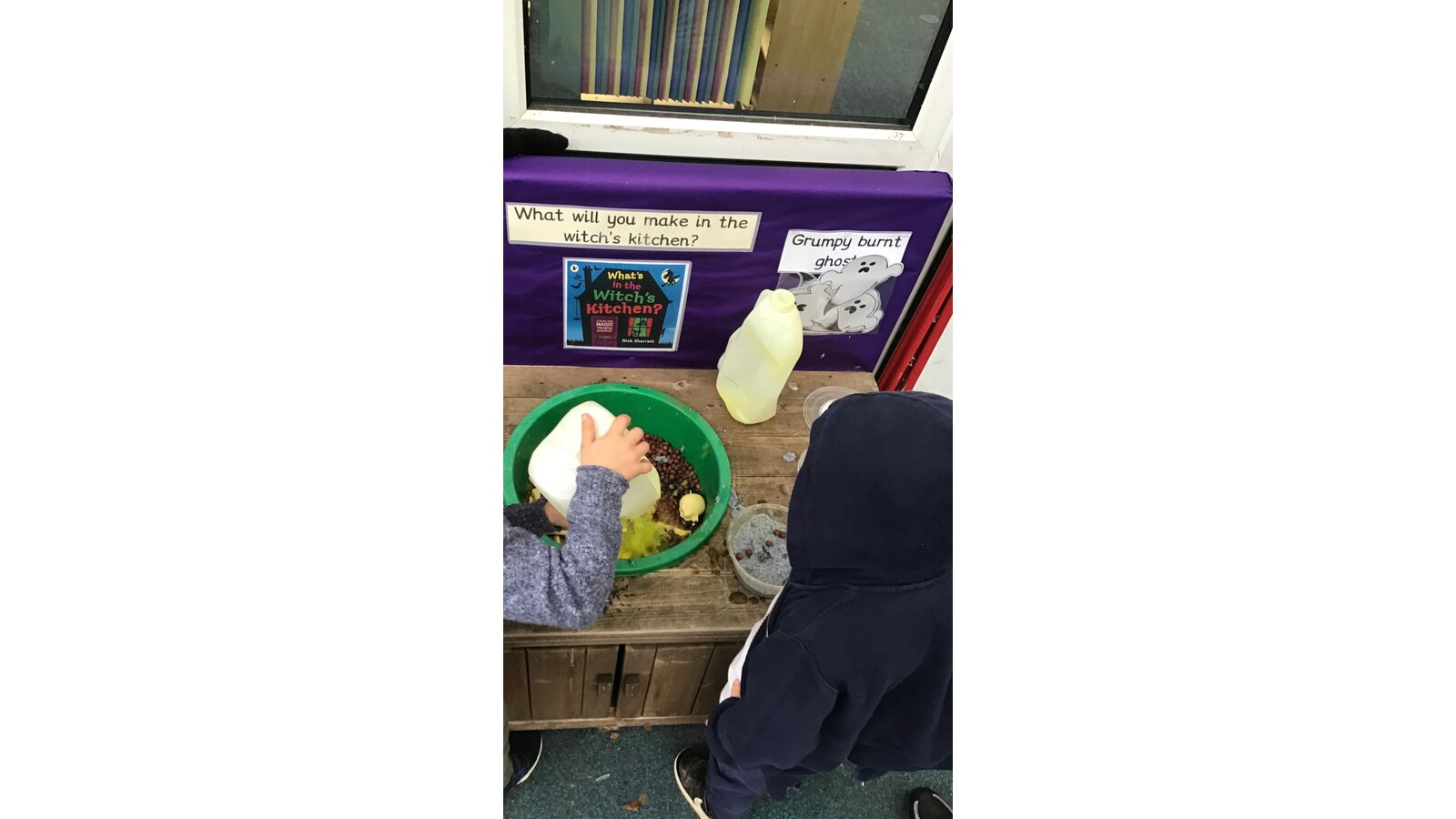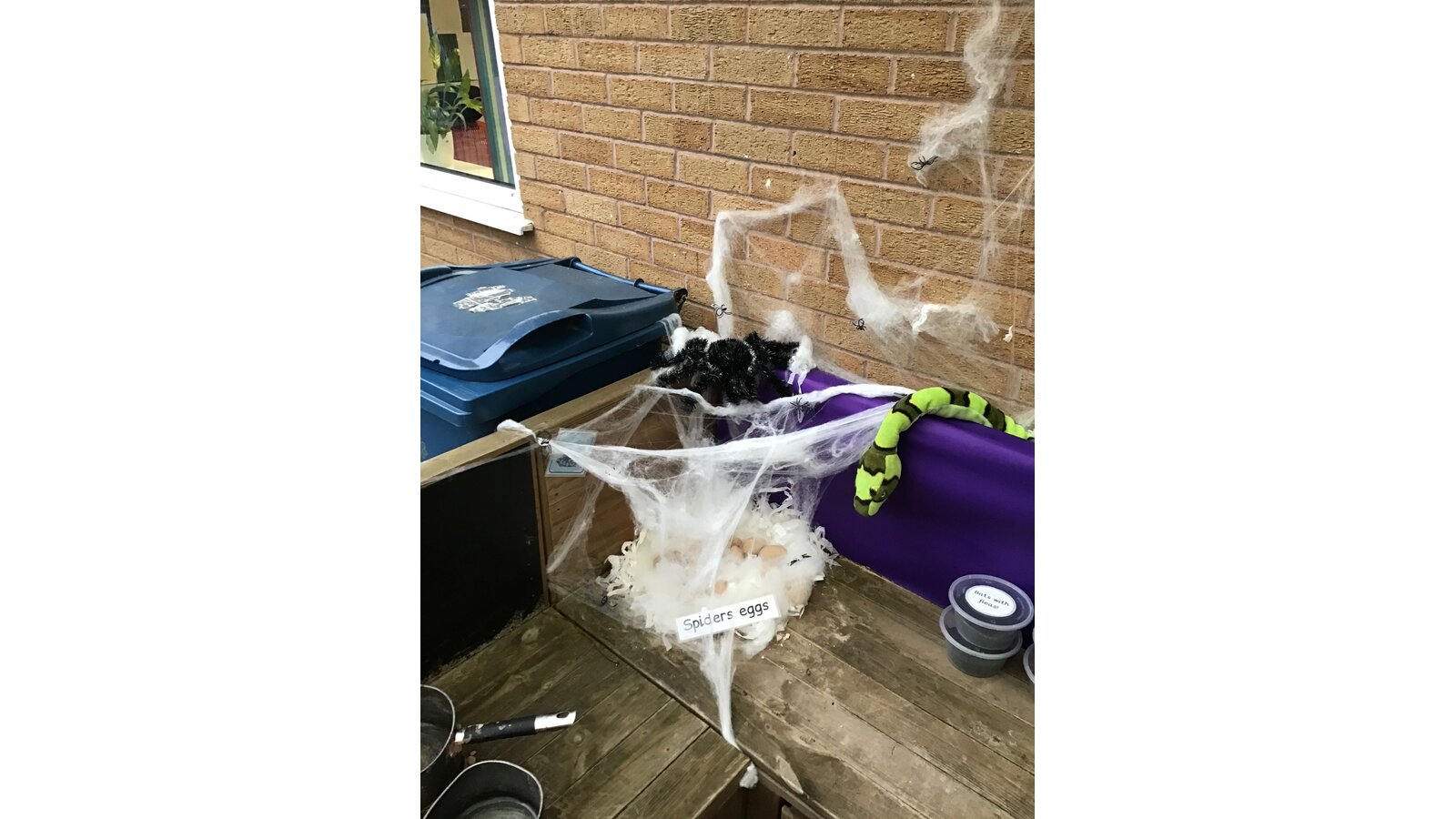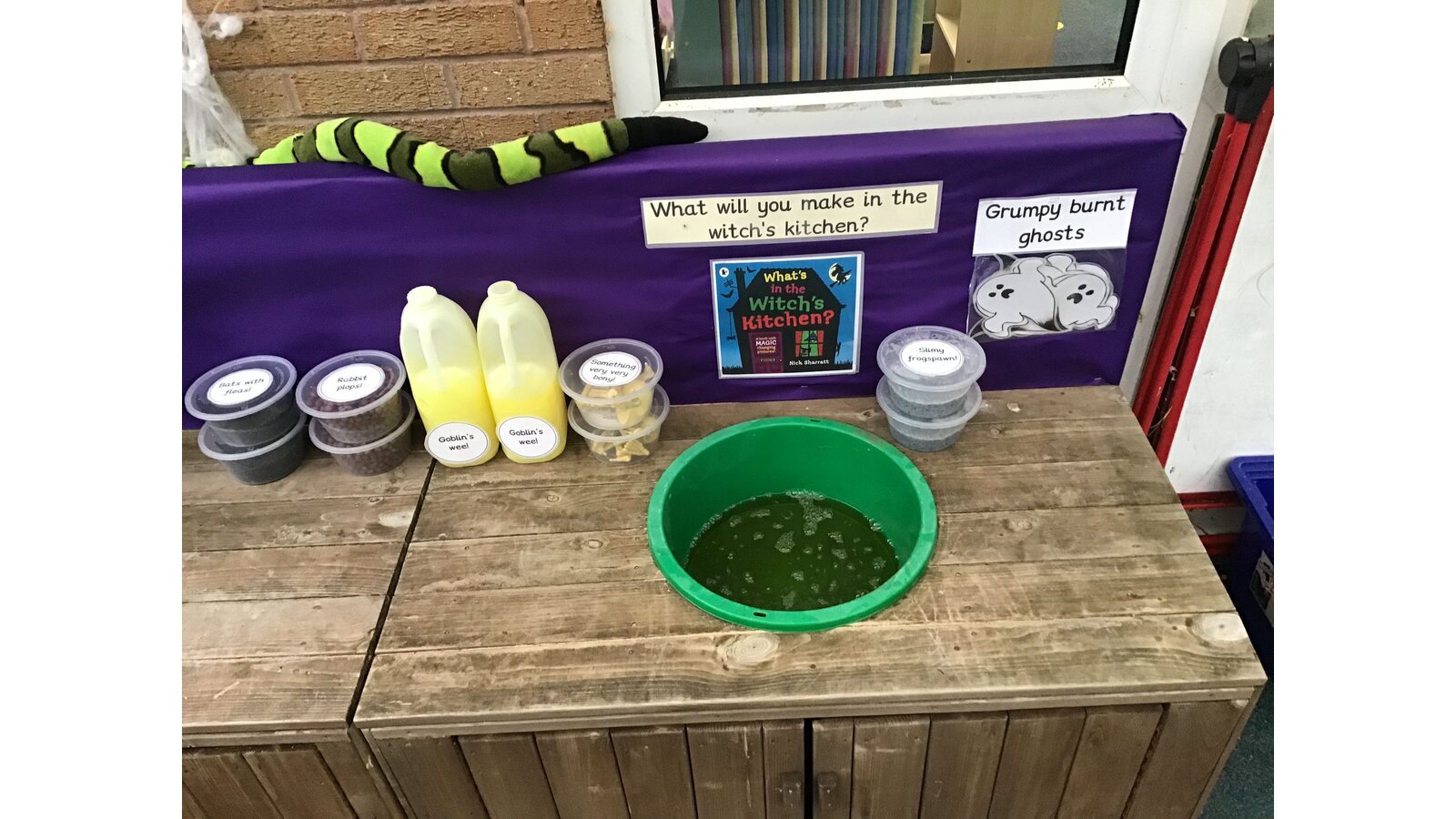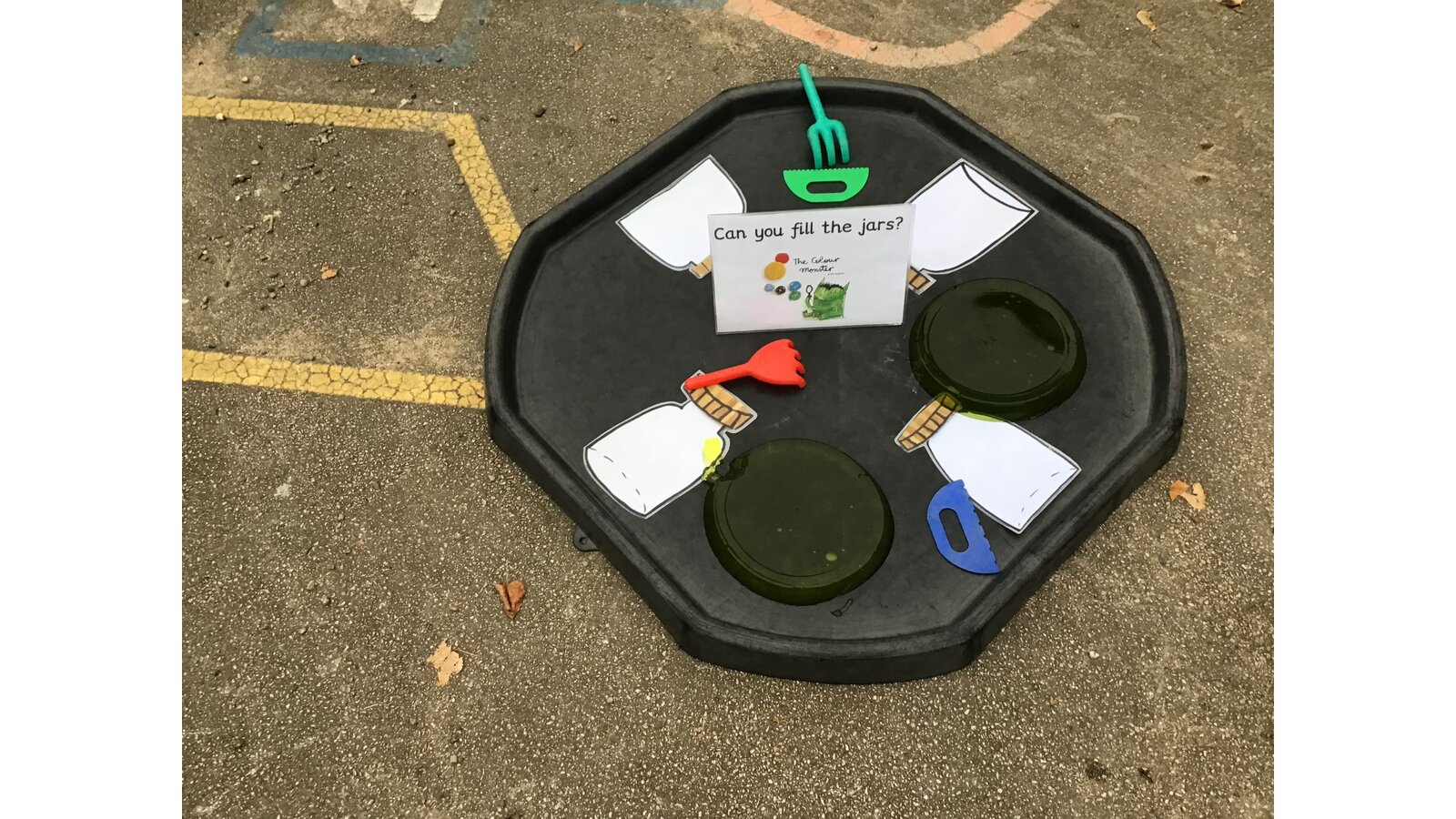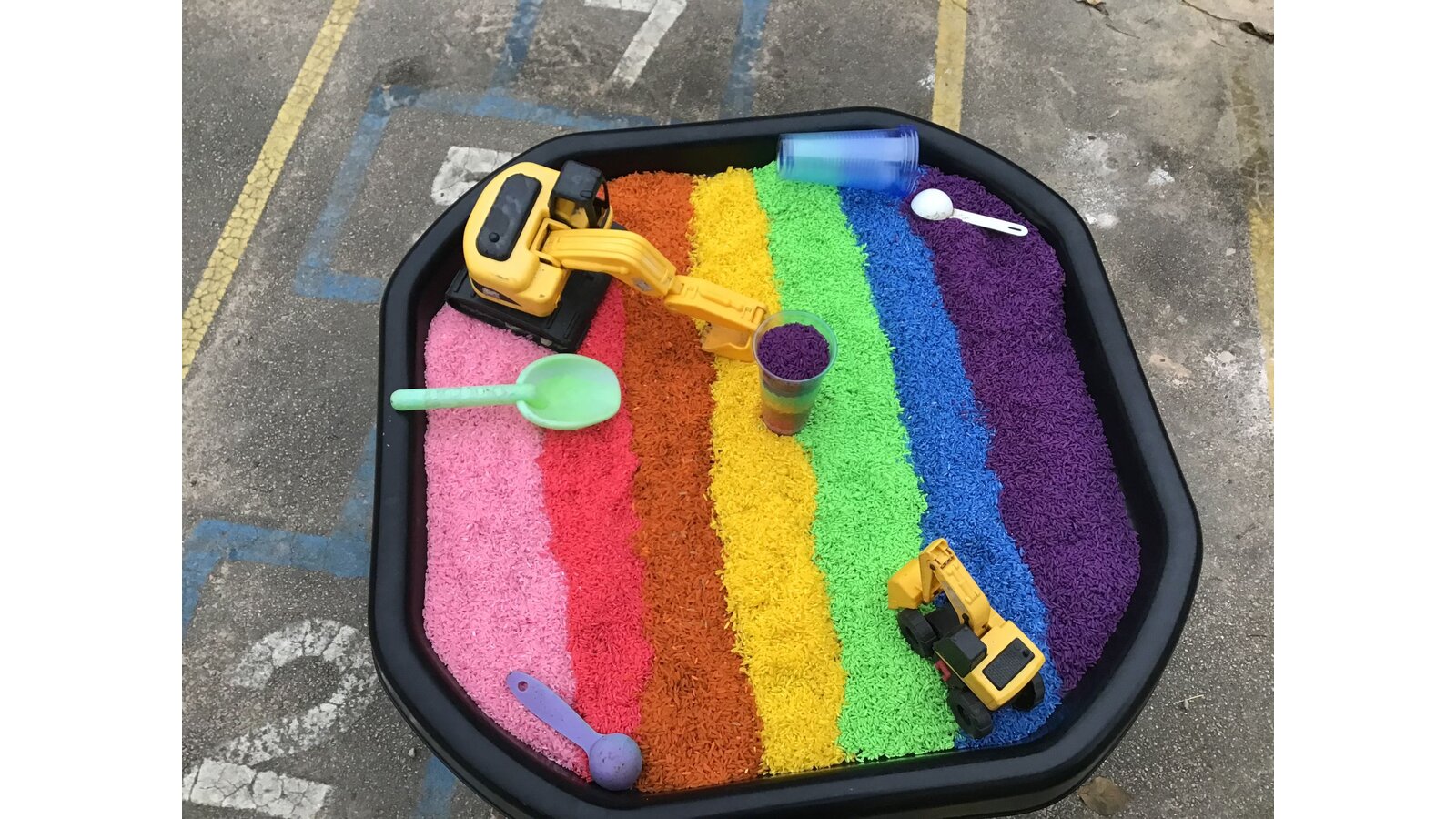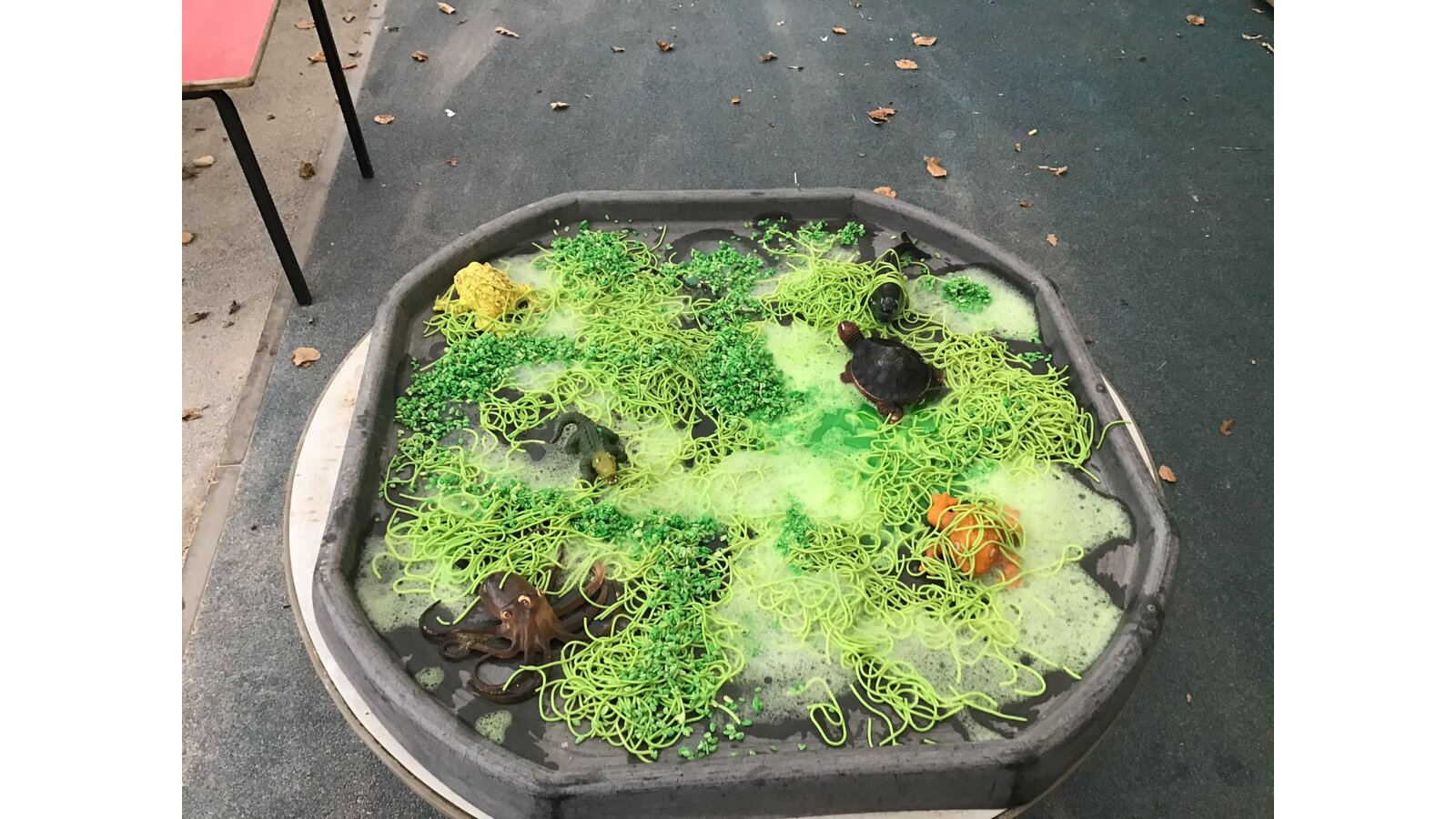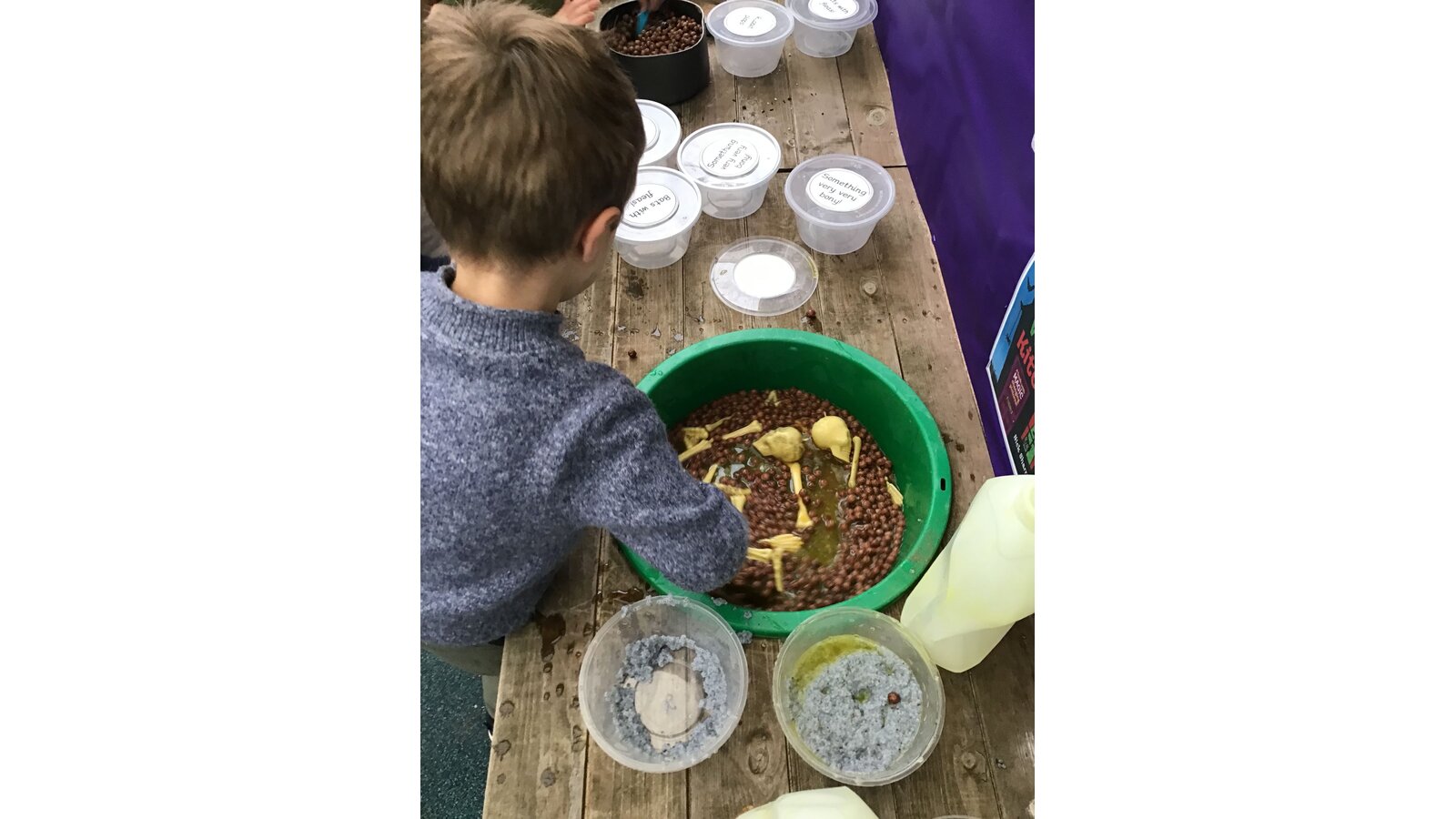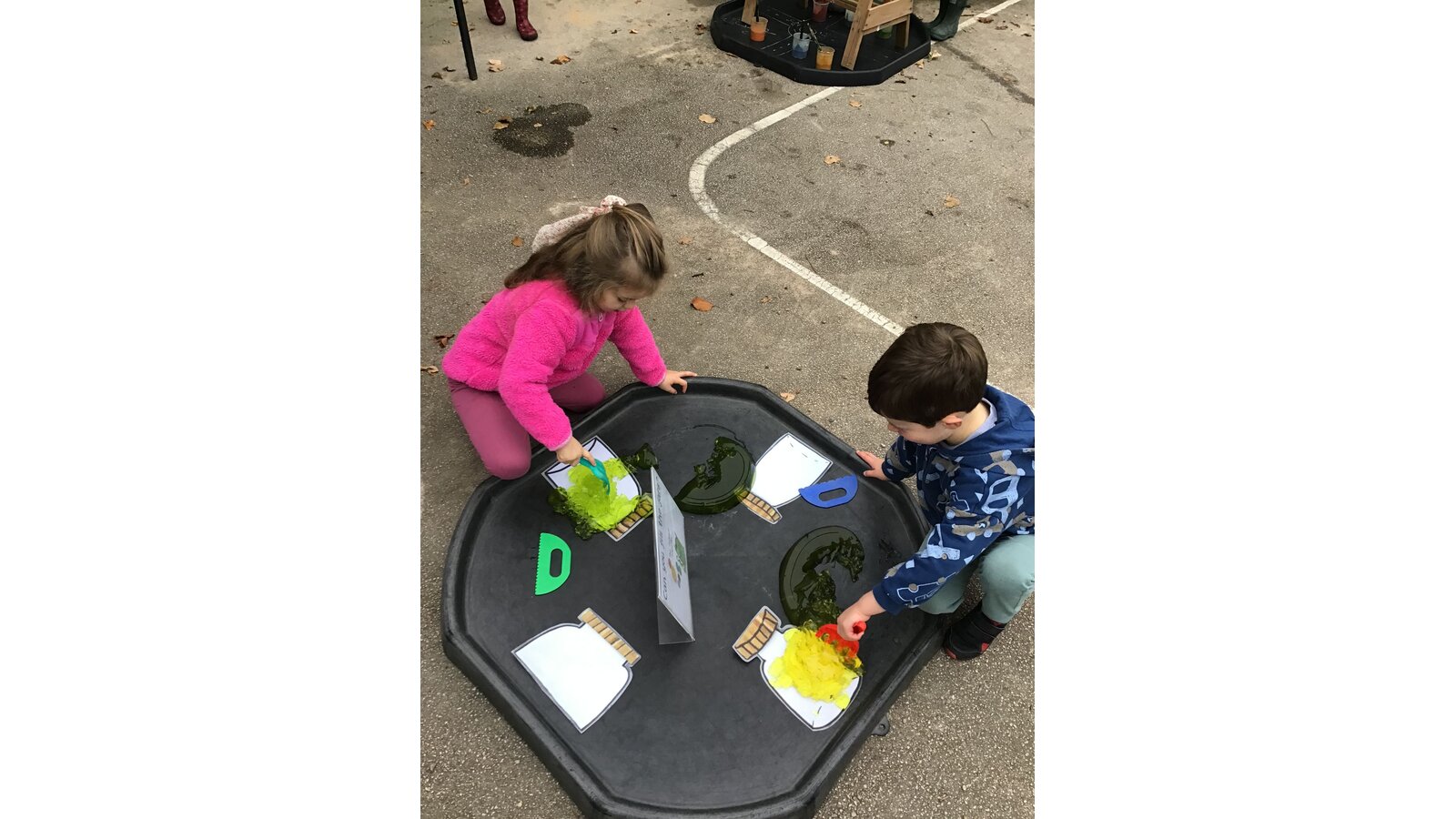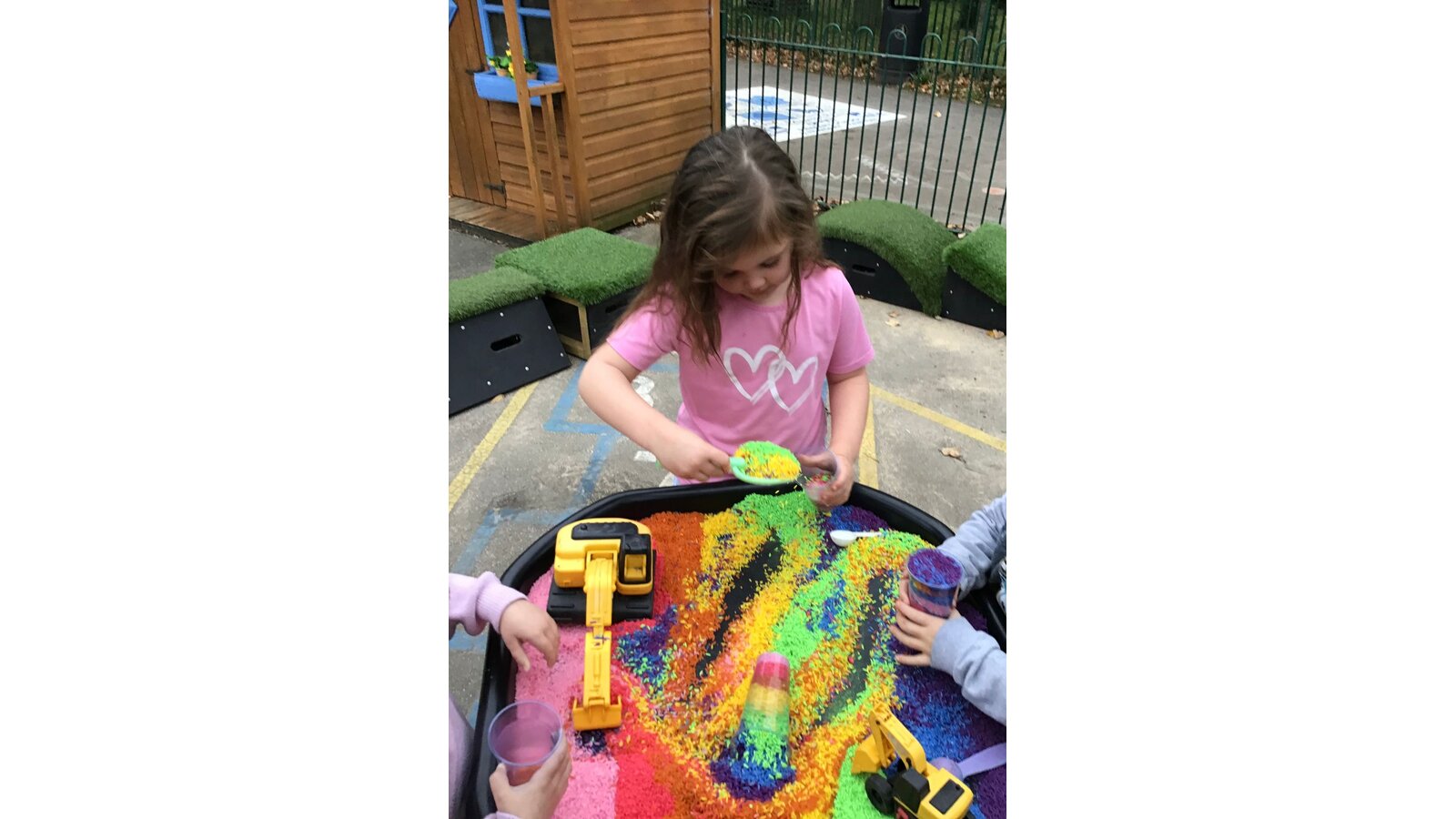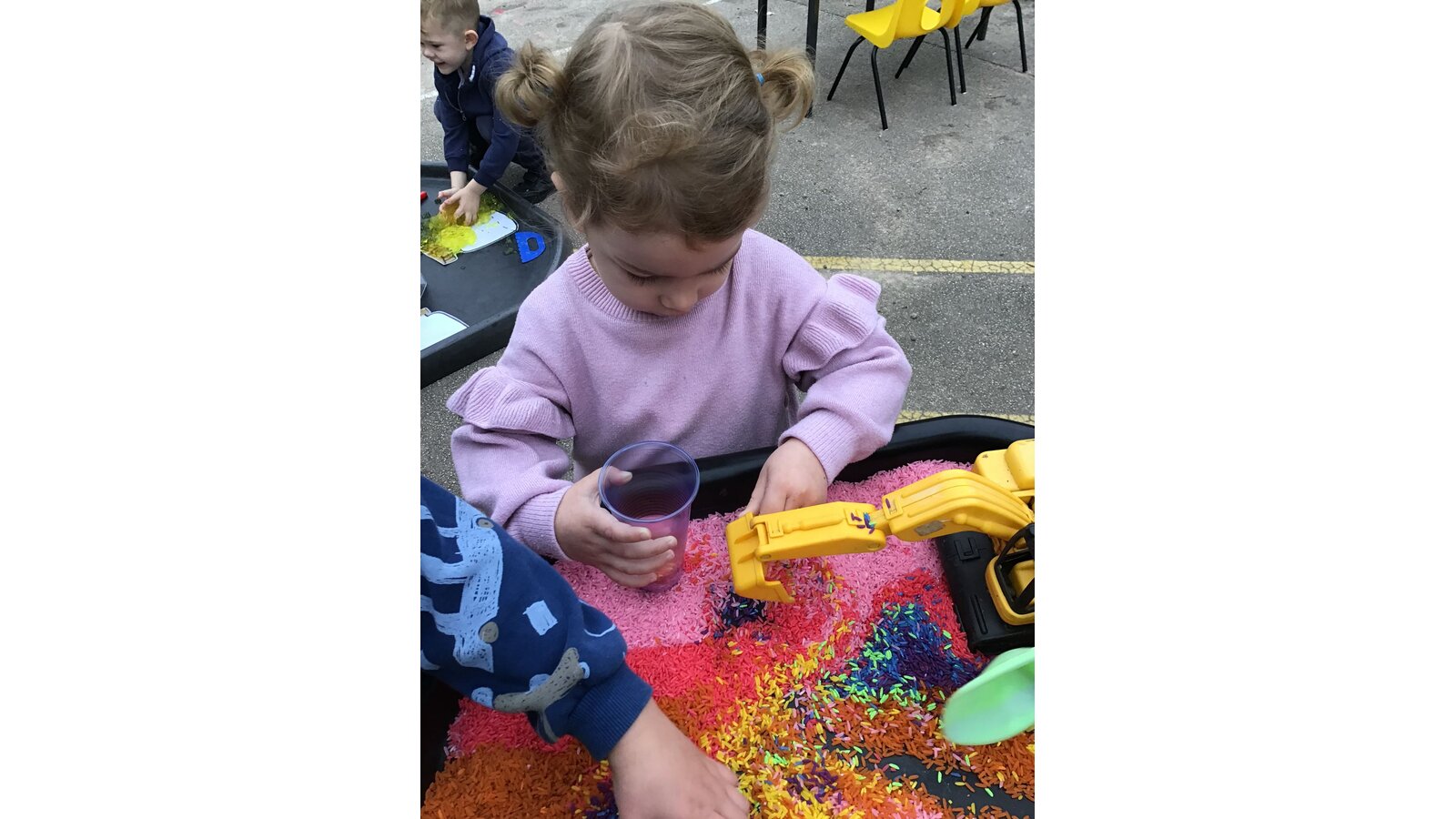Welcome to Butterflies Class!
I would like to wish you a warm welcome to our class page.
I am Mrs Stretton, the Butterflies Class teacher. In Butterflies class we offer a safe and stimulating learning environment for your child to grow and develop a love of learning. Butterflies Class are friendly, enthusiastic learners that love to help and look after one another.
Please feel free to come and see what we are up to.
Mrs Stretton, Butterflies Class teacher
Intent
In our Early Years Foundation Stage our personalised curriculum provides all children with the knowledge, skills and understanding they need to be confident, inquisitive, independent learners and influence their wider thinking across all areas of the curriculum.
We believe that providing an education that does all of this fosters well rounded, happy child with the life skills they need to succeed.
We will make a positive difference to every child’s life. We recognise the importance of giving our children the best possible start to their education by planning and implementing teaching and learning opportunities that supports them in reaching their full potential.
Our intent is to give children time to develop their thinking and learning through their own interests in an enabling environment supported by skilled staff. This means that the children are highly motivated to learn. They are supported to develop key aspects such as reasoning, evaluation, creativity, enquiry, problem solving and information processing. This will help both now in their own explorations and application of knowledge but also throughout their education. Our intent is that our teaching enables us to meet the children’s individual needs and interests at any point in time.
Implementation
We aim to provide motivating first-hand experiences whilst encouraging children to build resilience, ambition and a lifelong love of learning.
The curriculum for the EYFS is constructed around the needs of the children. It is ambitious and matches the statutory framework for the EYFS. This means children leave the EYFS with a solid foundation of learning of which to build upon in the later years at school.
We follow the Early Years Foundation Stage (EYFS) guidance and support children’s development under the seven areas of learning. These are:
- Personal, Social and Emotional Development – fostering children’s confidence, independence and social skills with peers and adults.
- Communication and Language – developing children’s oral language skills, broadening their vocabulary and understanding of the English language.
- Physical Development – providing opportunities in physical education lessons as well as through daily provision for children to develop their gross and fine motor skills, in preparation for developing their reading, numeracy and writing skills.
- Literacy – using a variety of strategies including Bug Club Phonics, Drawing Club, story times, to support early reading and writing.
- Mathematics – we follow White Rose maths together with songs and games to develop early numeracy skills including counting, subitising, number bonds and facts, addition, subtraction, sharing, creating patterns, measuring and manipulating numbers and shapes.
- Expressive Arts and Design – giving children opportunities and encouragement to share their thoughts, ideas & feelings though art, music, dance and role-play.
- Understanding the World – exploring the natural world, science and our communities in age-appropriate ways such as visits to church, gardening, growing vegetables and caring for our class guinea pigs.
We have a workshop style environment indoors and outside. The children select what they want to do in each area. The principle is that resources are accessible to the children and they are varied, open-ended and high quality. This gives children the opportunity to select resources to support their chosen activity. The adults are there to facilitate learning. They do this through observations and interactions. We set high expectations for all children. Our adults know the children very well and have a sound understanding of child development. This ensures that the adults enhance and extend the learning at the appropriate level.
Building on what the children already know and understand enables them to develop and make progress. Play allows the children to explore, investigate and re-enact in an environment where they are free from fear and judgement. It’s through play children become socially adept while developing mastery in numeracy and literacy. It helps fine and gross motor skills development and helps develop core stability which in turn helps children to learn how to write and supports creative growth.
The Enabling Environment allows children to learn successfully in the EYFS, the following are all important resources to support this learning:
- Warm friendly and caring environment
- Indoor and outdoor environments and opportunities
- Open-ended resources are utilised to help children to plan and build on their own learning
- Our countryside grounds allow children to experience real life natural experiences
- Quality resources which children can access independently
- Out of school visits and visitors to school to enhance learning experiences
- We recognise the importance of providing our children with a stimulating learning environment. This is enabled by good quality provision and clearly organised open-ended resources, both outside and in. Whether they are using the large outdoor construction equipment to make a pirate ship or making potions in the mud kitchen your child will be developing problem solving skills, self-awareness and all the while becoming happy, confident individuals who will go on to make a positive and valuable contribution to society.
- Children in EYFS learn by playing and exploring, being active and thinking critically and creatively and this takes place both indoors and in our outdoor areas. Our outdoor area is open all year round and in all but the most challenging weather conditions. Children make their own decisions about where they learn best and teachers ensure that there are opportunities for all areas of learning both inside and outside. With good organisation and practitioners who understand that when young children learn a new skill or develop their knowledge, they need to apply this further in order to truly embed it, enabling this to firmly become a part of the children’s working memory. This will ensure that they are able to use it independently at a later date.
- We provide effective and focused interventions for those children who are finding learning challenging and are not on track to meet expectations at the end of the year. This will be provided in an inclusive way. Support from parents is enlisted at an early stage to ensure that the children have every chance to achieve the Early Learning Goals, providing them with the strong foundation they need for the rest of their school journey.
- The EYFS team collect evidence of children’s learning through observations which are shared with parents using the Famiy online system.
- We work tirelessly to ensure that children are in a kind, caring and happy environment which helps them develop the same skills in their journey through school. It is a positive place to be where resilience, perseverance and successes are celebrated and every child feels valued and respected.
Impact
We measure progress and children’s learning across the year through formative and summative assessments. Children achieve well in the Early Years and by the end of Reception are ready for their transition to Year 1. Children with lower starting points make good progress and begin to close the gaps. Most children achieve in the early learning goals effectively across all areas.
The impact of the EYFS curriculum is reflected in our children being well-rounded, happy and confident when transitioning into Year 1. Children in our EYFS have positive attitudes to learning and are willing to try and learn new knowledge. Their skills of curiosity, concentration and enjoyment of learning develop well over the time they are within the early years.
Nursery Phonics
Our Nursery children will begin their phonics journey by following the Monster Phonics 'Foundations Programme'. This carefully sequenced programme develops early speaking and listening skills. Children learn to become attuned to the sounds and begin to develop oral blending and segmenting skills. This teaching lays the foundations for teaching of systematic synthetic phonics.
The government Phase 1 curriculum consists of 7 aspects. Each aspect contains 3 strands:
- Tuning into sounds (auditory discrimination)
- Listening and remembering sounds (auditory memory and sequencing)
- Talking about sounds (developing vocabulary and language comprehension
Reception Phonics
Our Reception children continue to learn and build on develop their phonics skills through Monster Phonics.
Monster Phonics is a fun, exciting, multi-sensory approach to teaching phonics. It uses a range of engaging songs, rhymes, videos, games, stories and activities to teach phonics. The children will develop their reading and writing skills through lots of hands on activities, both indoors and outdoors!
Across the year, the Reception children will learn the alphabet sounds s,a,t,p,i,n,m,d,g,o,c,k,ck,e,u,r,b,h,f,ff,l,ll, ss, j, v, w, x, y, z, zz, qu. They will also learn the digraph (two letter sounds) and trigraph (three letter sounds) sounds ch, sh, th, th, ng, oo (long sound), ow, oa, ar, ur, air, ear, ure, ai, ee, oo and igh.
Please click on the link below to see examples of pure speech sounds

The children will learn and become more confident at sounding out and blending (decoding) to read simple words, high frequency words, tricky words and sentences with these sounds in. We will also work hard on developing our letter formation and using our phonics skills to spell and write simple words (segmenting).
What to expect when What to expect in the EYFS complete FINAL 16.09 compressed.pdf (foundationyears.org.uk)
Class 1 enjoyed junk modelling making props for their toys. We even did a little fashion show for the school after!
We had a great time washing Ralph! I thing Ralph enjoyed it too!
Class 1 have enjoyed exploring the polar regions and rescuing the Arctic and Antarctic animals from the ice!
T
oday we had fun making and decorating gingerbread men. I'm sure we will enjoy eating them too!
We had a surprise visit from Santa today! He said that we had ALL made it onto the good list!
We've had a lovely start to December! On the 1st we were greeted by a special visitor and after a Class vote we decided to name him Tinsel. We have been drawing and labelling pictures of Tinsel and also drawing and labelling our own silhouettes! We wrote our Christmas letters to Santa and went to post them in the local post box.
It's beginning to look a lot like Christmas in Class 1!
Class 1 have been thinking about Remembrance Day and Children in Need.
We enjoyed celebrating Autumn 1 Term with a messy play day!
Diwali celebrations! Class 1 enjoyed a variety of activities to celebrate Diwali. We made and painted Diya lamps, made rangoli patterns, mehndi designs and sent Diwali cards!
The children enjoyed baking some cinnamon swirls and they tasted delicious!
Class 1 have been enjoying all things Autumn! We have been vegetable printing, making vegetables, making dens with camp fires and cooking Autumn soups, making hedgehogs, counting groups and also talking about our emotions, bubble painting and making tracks.
This week we have enjoyed an Autumn colour hunt and then used our Autumn finds to make collages based on The Leaf Man story.
Class 1 have had a wonderful first week at school! They have settled in beautifully and enjoyed playing with friends both old and new. They have had a great time exploring the different areas of the classroom and the very popular outdoor area!
Congratulations to our wonderful Reception children on their graduation.
We had a lots of fun celebrating beach day!
This week we have been doing lots of water activities to keep cool! We have been bathing the babies, looking at beaches, painting and making water tracks to transport objects.
We had the best time on our Class trip to Adventure Street!!!!!!!
This week we have been enjoying the story The Giant Jam sandwich and doing some jam sandwich related activities such as rainbow bread, constructing ways to move a giant sandwich and making jam sandwiches. We have also been learning about how to look after ourselves - getting dressed, brushing our teeth, replicating small world scenes and the parable of The Lost Sheep.
Class 1 have had a lovely week celebrating Art Week. We have enjoyed a range of art activities such as galaxy painting, making paper mache monster masks and sketching sea shells and images from space.
Class 1 have had a fantastic start to Summer 2! We have been reading Where the Wild Things Are, planting vegetables to feed our class guinea pigs, investigating floating and sinking, learning different yoga positions and sharing!
Class 1 have had a lovely end to Summer 1 Term! We have been constructing traps to catch Foxy Loxy, had a visit from Milo the hamster, a class presentation on cats, making a class banner on caring for animals, parachute rhymes, teamwork sports games and Gladiator games!
We finished off last week with VE day celebrations and potato planting! This week we have been reading Chicken Licken and looking at how to care for animals - we have been on a bug hunt, made bug houses and posters on how to care for minibeasts. We have also had exciting visits from some of our pets!
This week we have been reading The Tiger That Came to Tea, painting with flowers, hands and feet, planting sunflowers and making friendship soup.
Our butterflies are finally here!
In RE we created an Easter Garden to celebrate the resurrection of Jesus.
Today we had a visit from the Easter Bunny! The children loved exploring our school grounds in search of chocolaty treats.
Spring has sprung in Class One this week. We've been continuing our theme of new life, getting ready for Easter.
We took our art lesson outside today, making the most of this beautiful weather.
It's happened! Our caterpillars have finally turned into chrysalides!
The children had a very exciting morning today. They had a visit from Mrs Goatman, who told us all about her work as a vet at Harper Adams University. They had a fabulous time role playing and putting into practise what they had learnt!
Wow! The children have been amazed to see how much their cress has grown in just 4 days!
Today we've made cress heads. We cant wait for their hair to grow!
Our caterpillars have grown 3cm in a week! The children were amazed to see the difference in them this morning.
Red Nose Day! The children enjoyed lots of 'red' themed activities in support of Comic Relief today.
On Monday, we celebrated St Patrick's Day by watching the parades with a shamrock shaped snack.
On Thursday we celebrated World Book Day!
This week we've been learning all about Shrove Tuesday and Lent. We even got to taste pancakes!
Our current class read is 'The Magic Porridge Pot'. Today, as part of our Drawing Club lesson, the children enjoyed porridge tasting with their choice of toppings. They then drew pictures and wrote about what they had tasted!
This morning, we enjoyed our first 'Rock Up and Read' session in Class One. It was lovely to welcome so many parents and share the morning reading stories together.
Love is in the air! Today we've been talking about love and kindness over our Valentine's themed brunch.
This week Class One have been learning about Chinese New Year!
Ice experiments!
We performed our nativity for our friends and families! We remembered our lines, actions and sang beautifully!
We used our writing skills to write to Santa. We were very excited to receive personal replies!
We had an amazing day on Friday, full of mess, play and learning! Our learning was based on 'The Colour Monster' book that we've been reading in PSHE and 'What's in the Witch's Kitchen?'' which we have really enjoyed reading as part of our Drawing Club lessons.


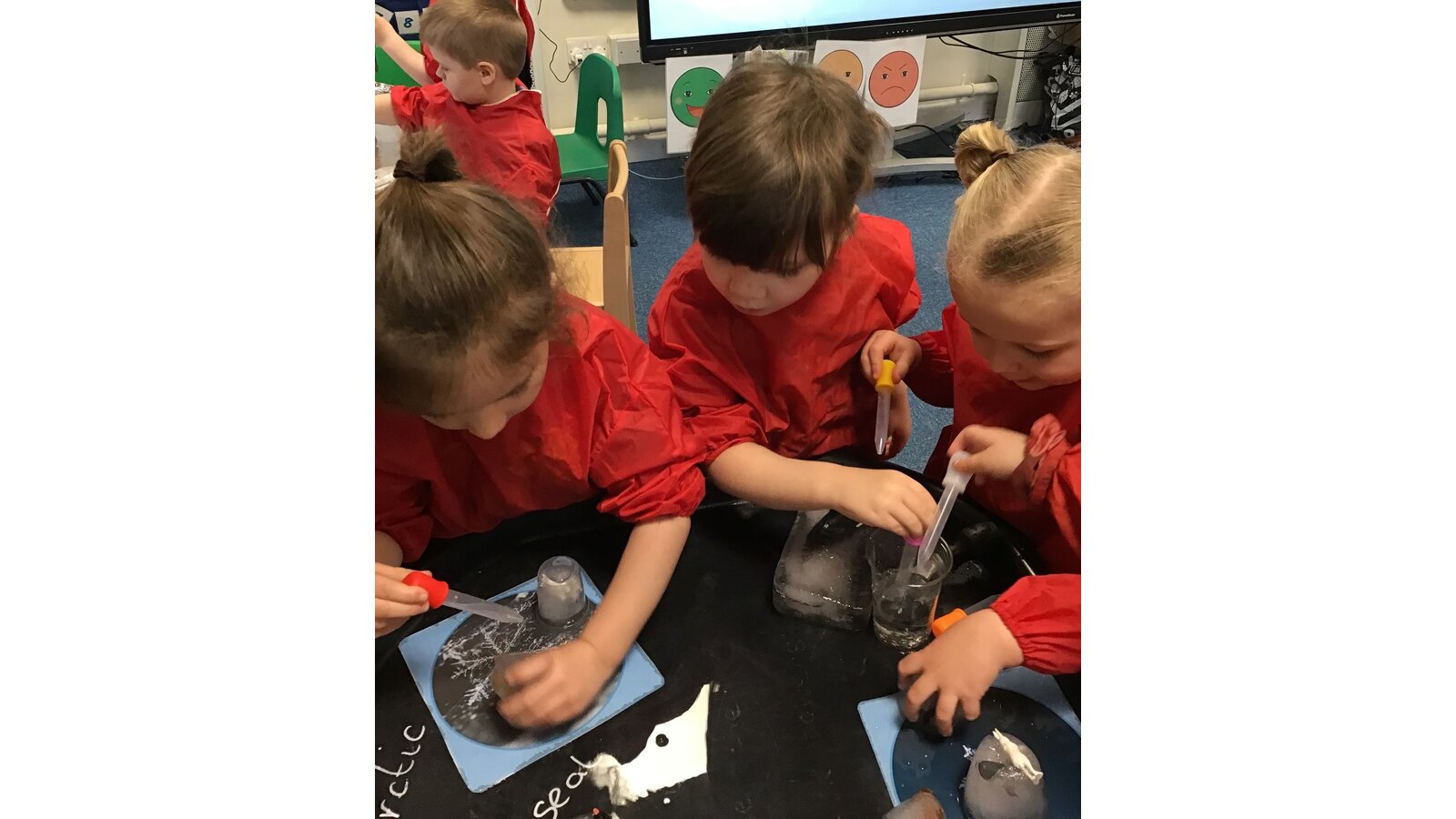
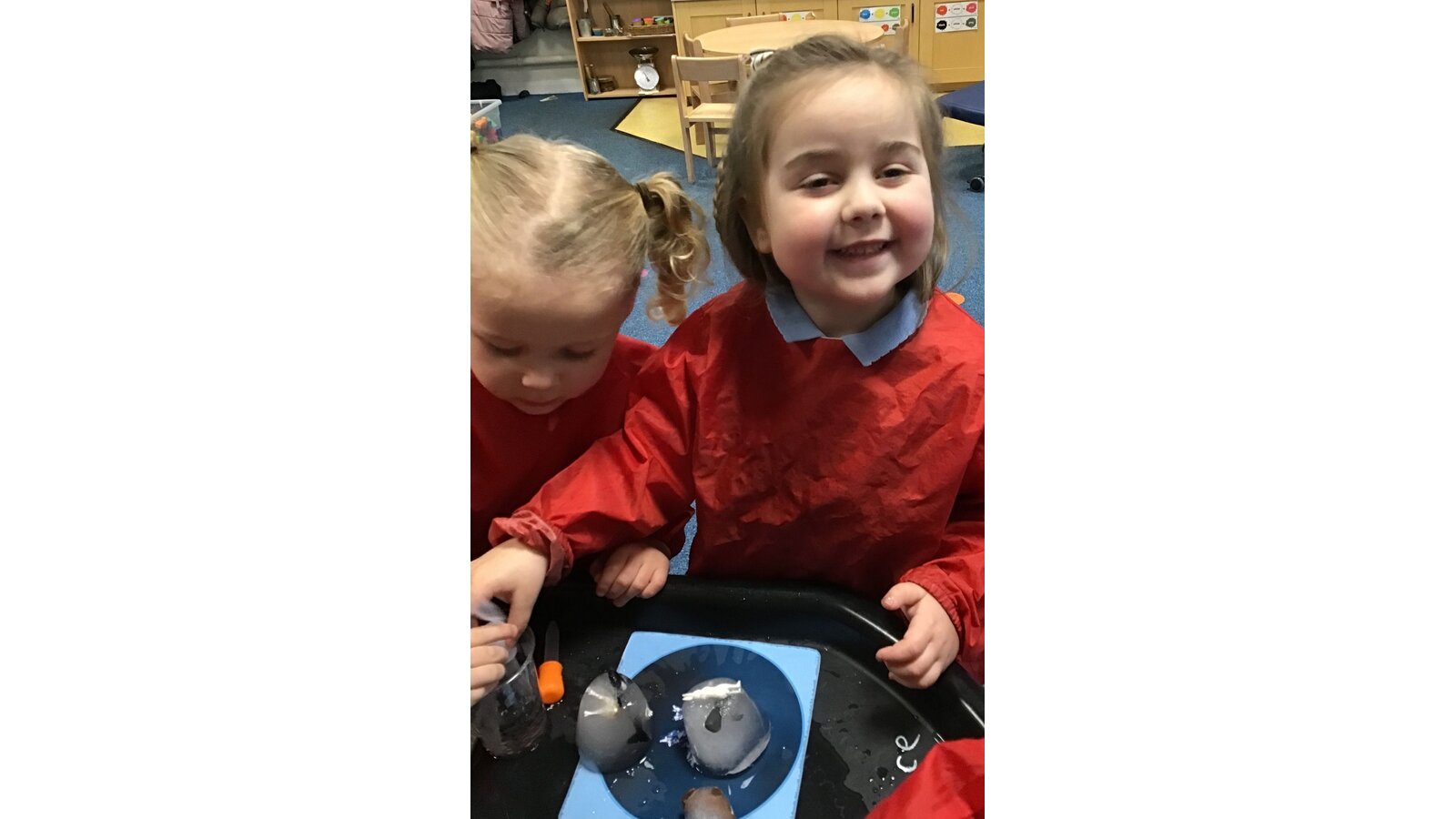
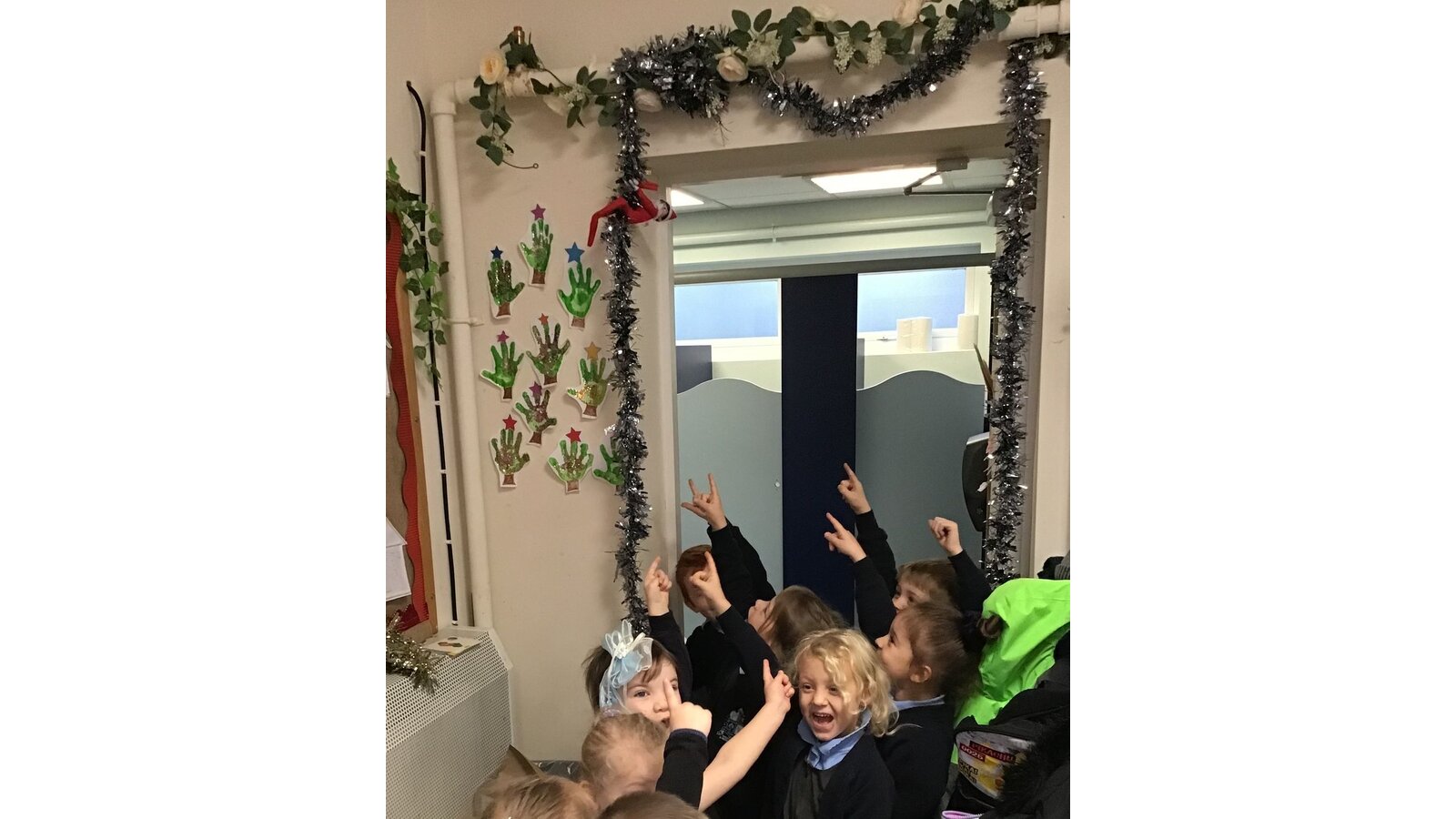
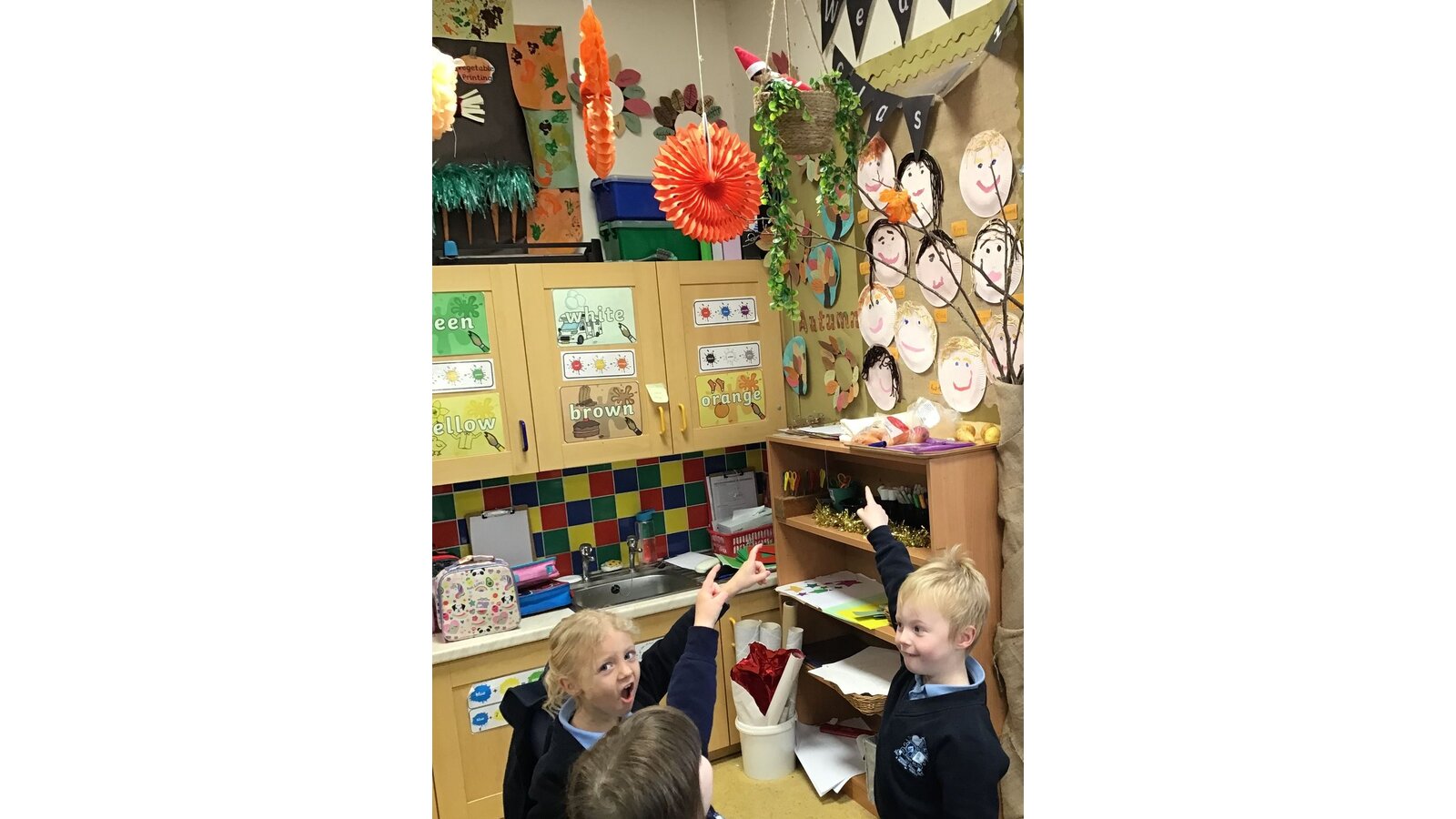
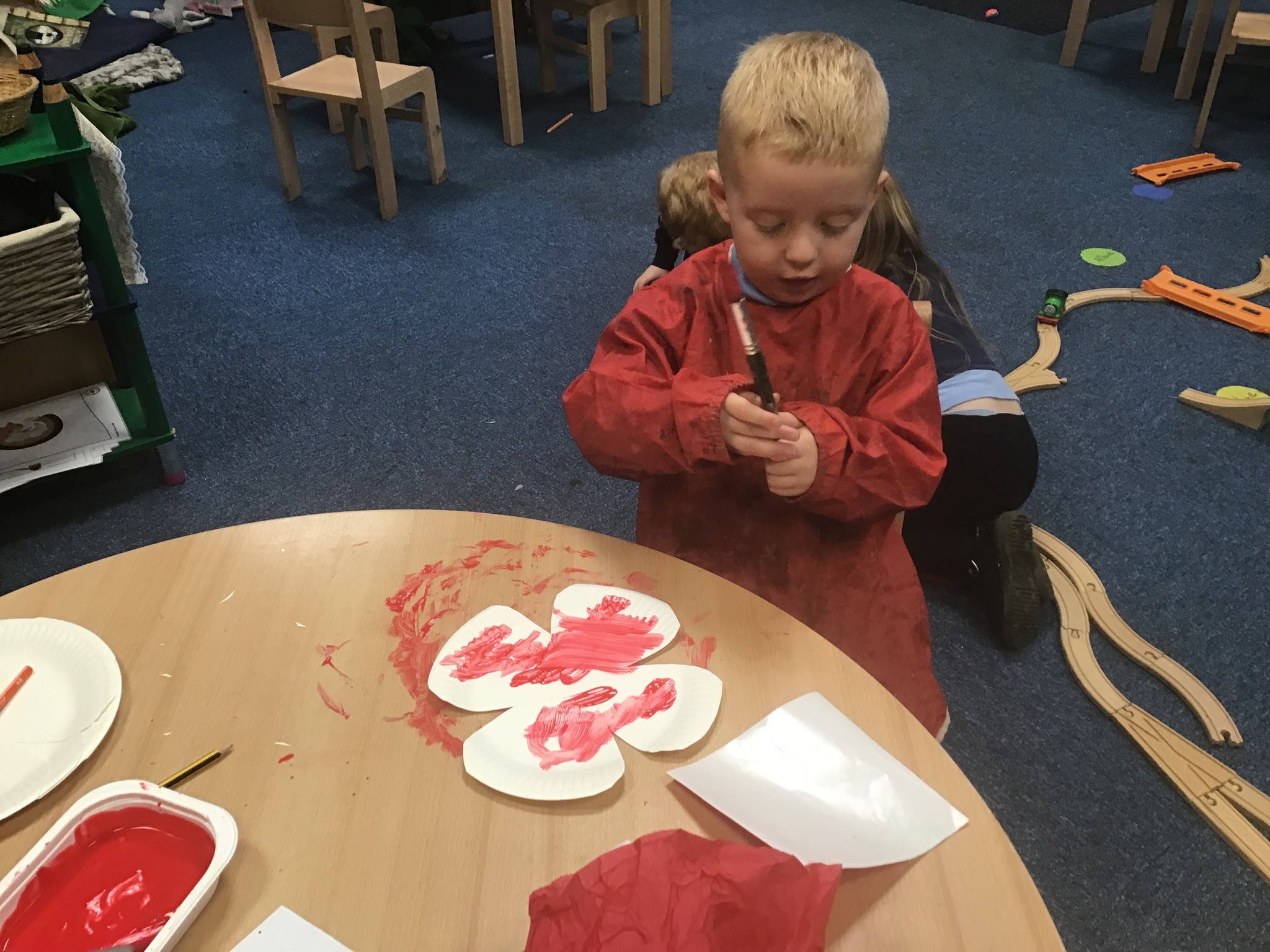

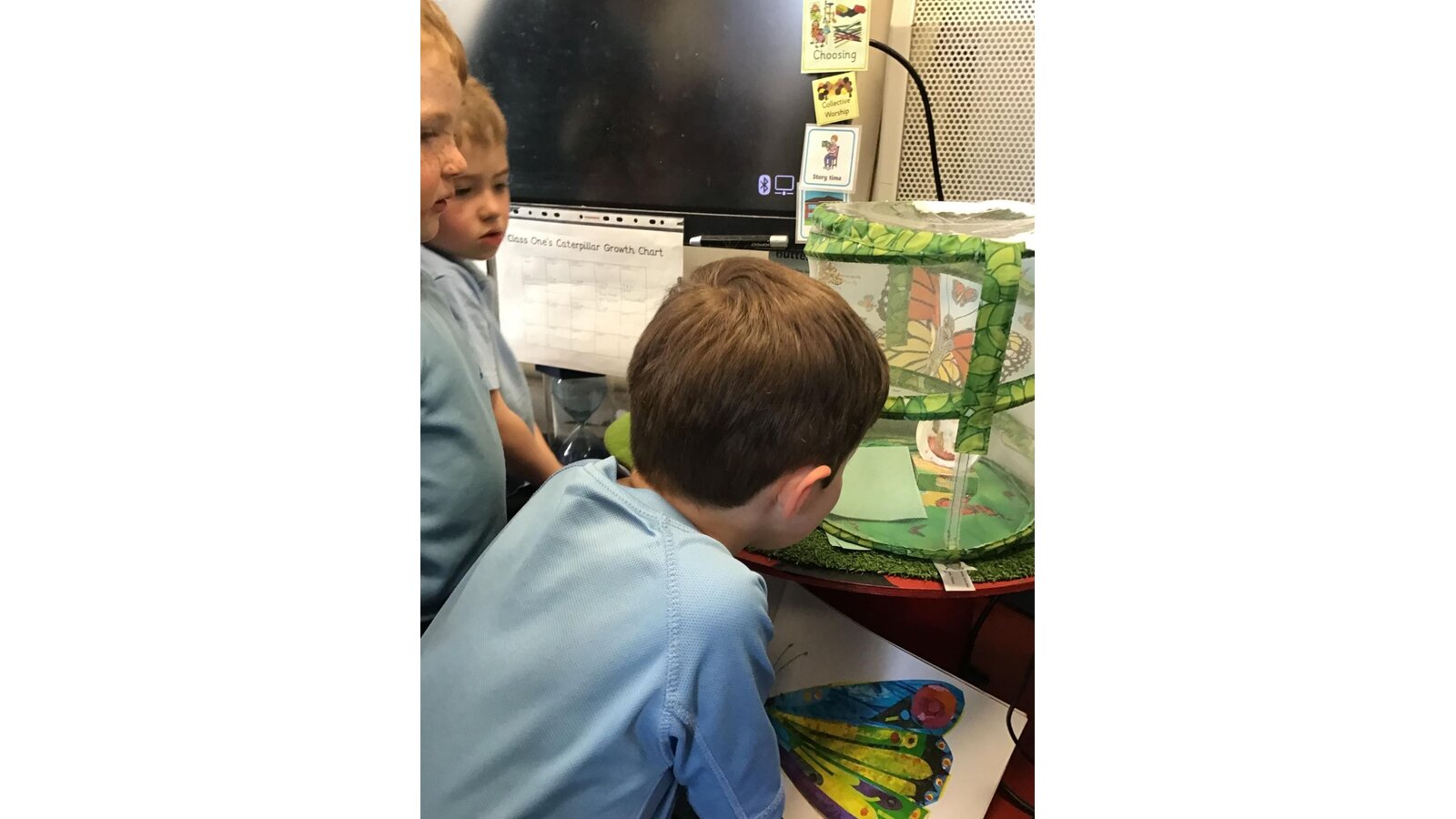



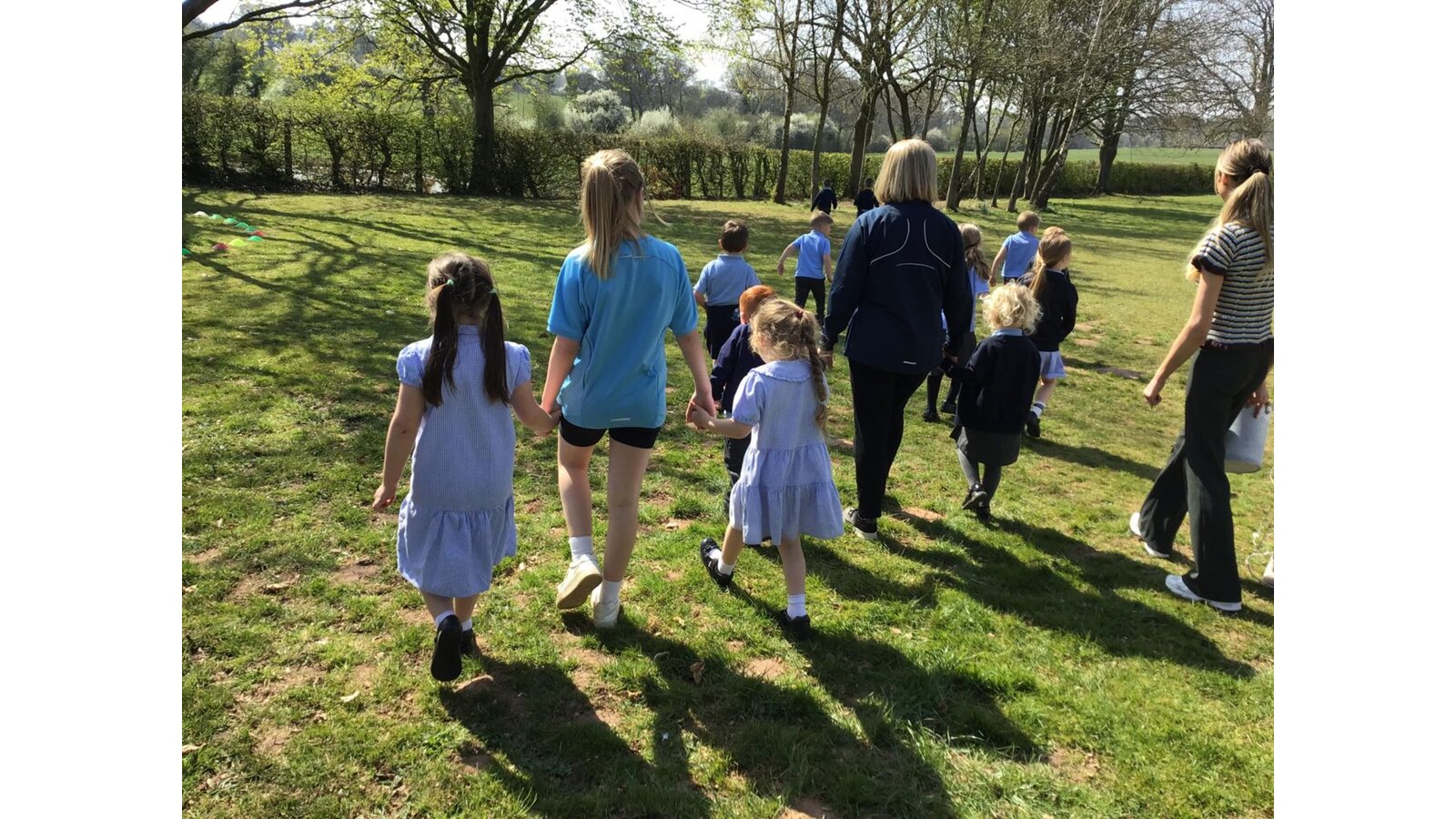
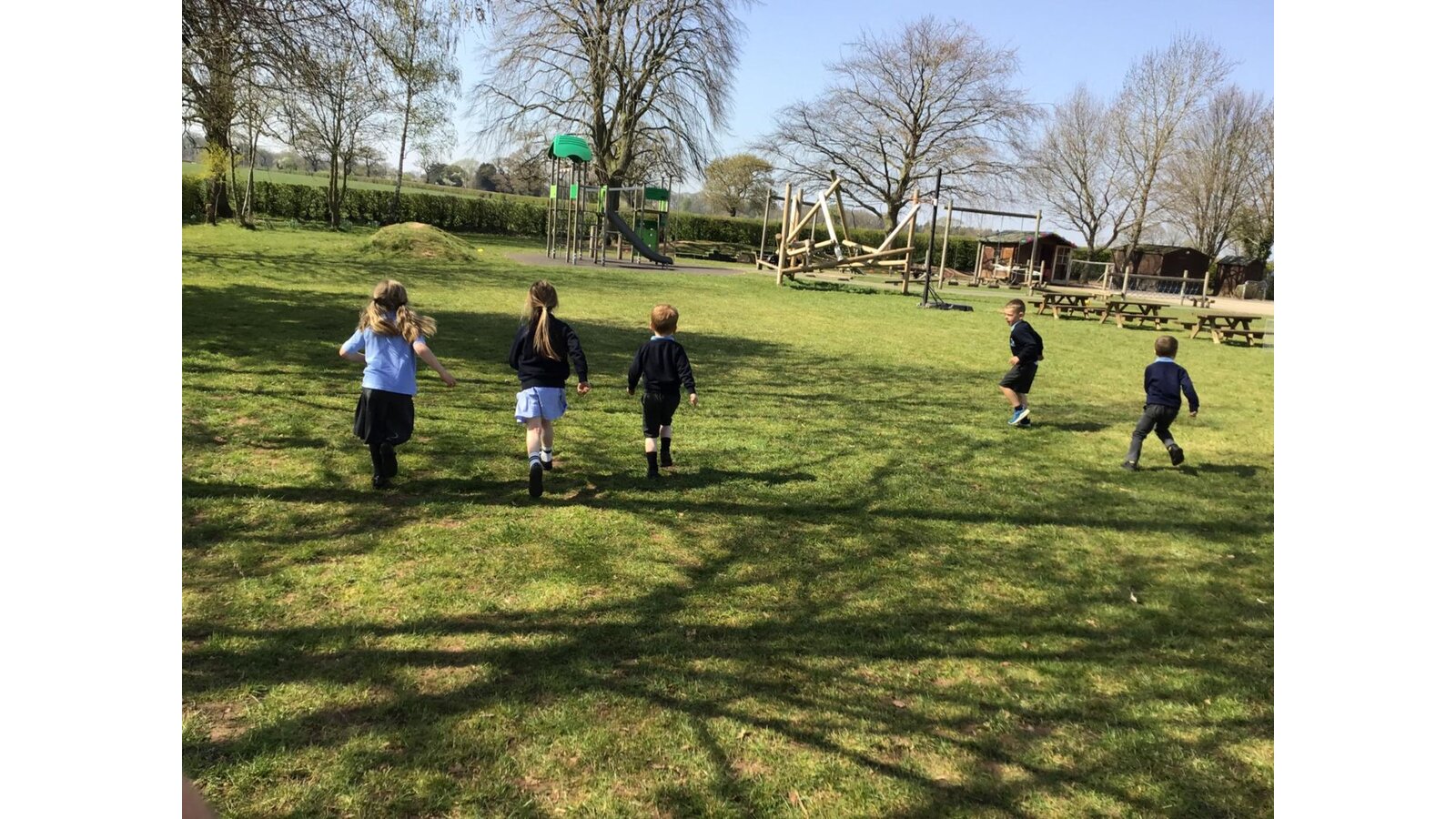

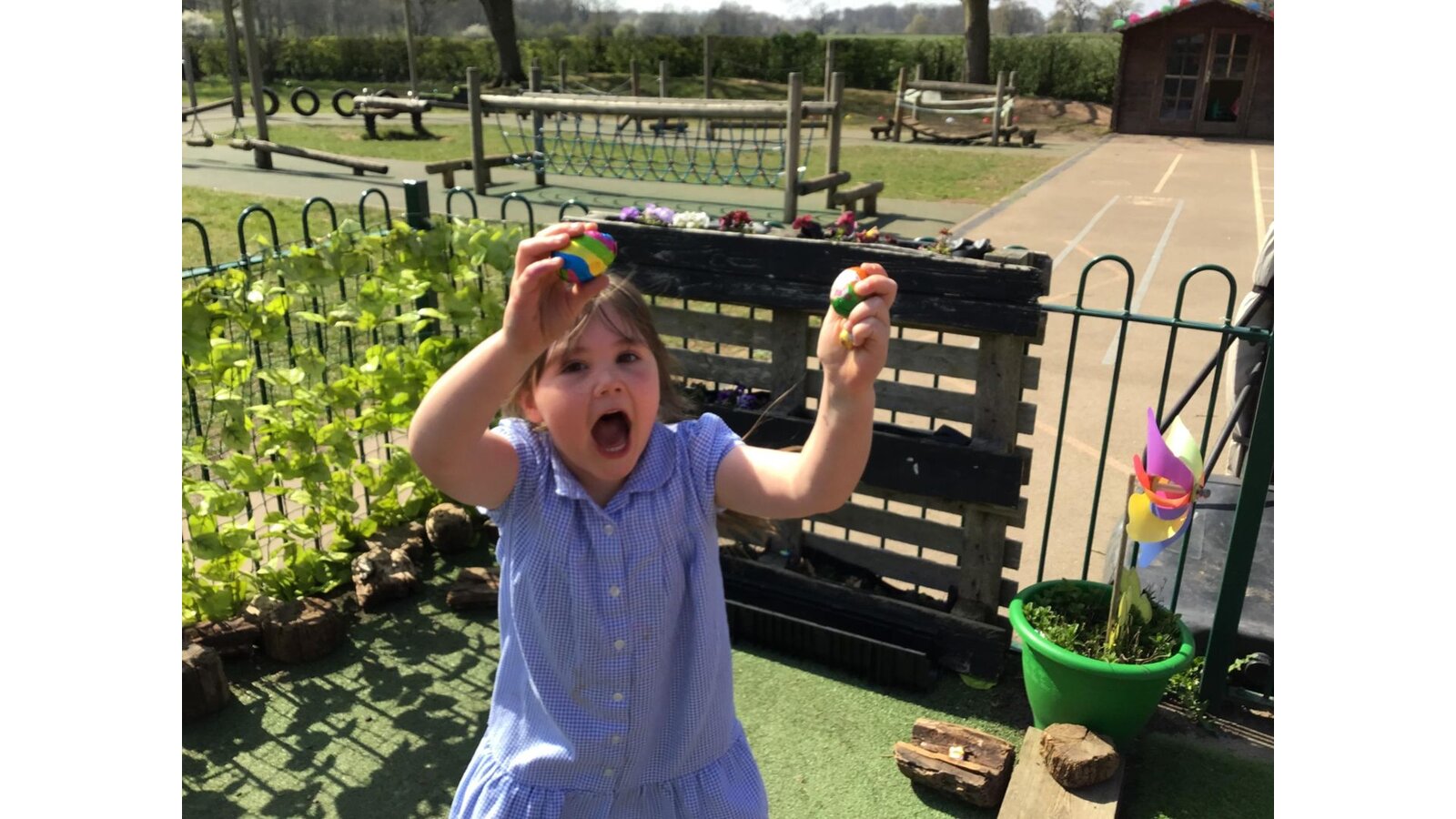
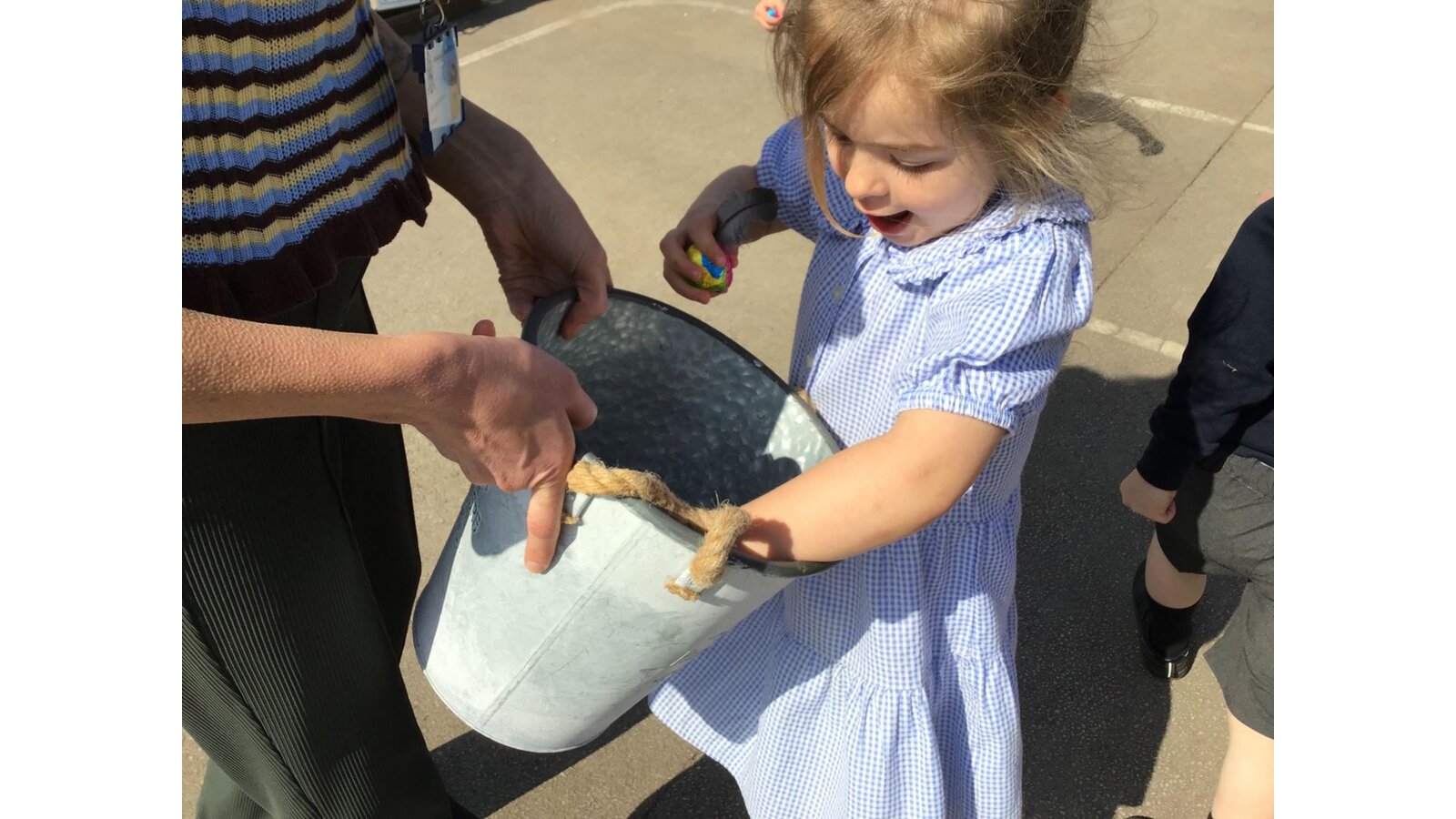
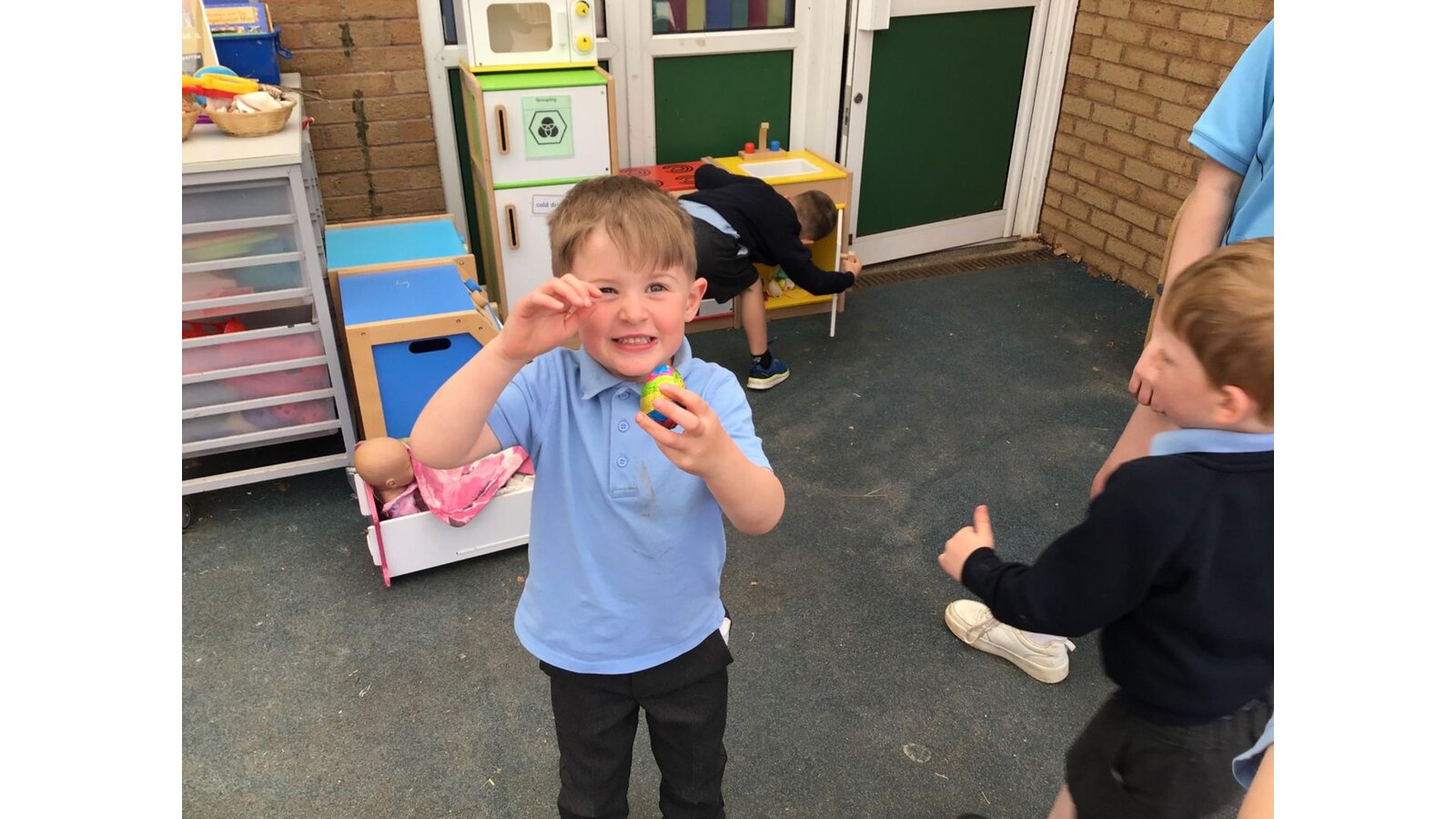
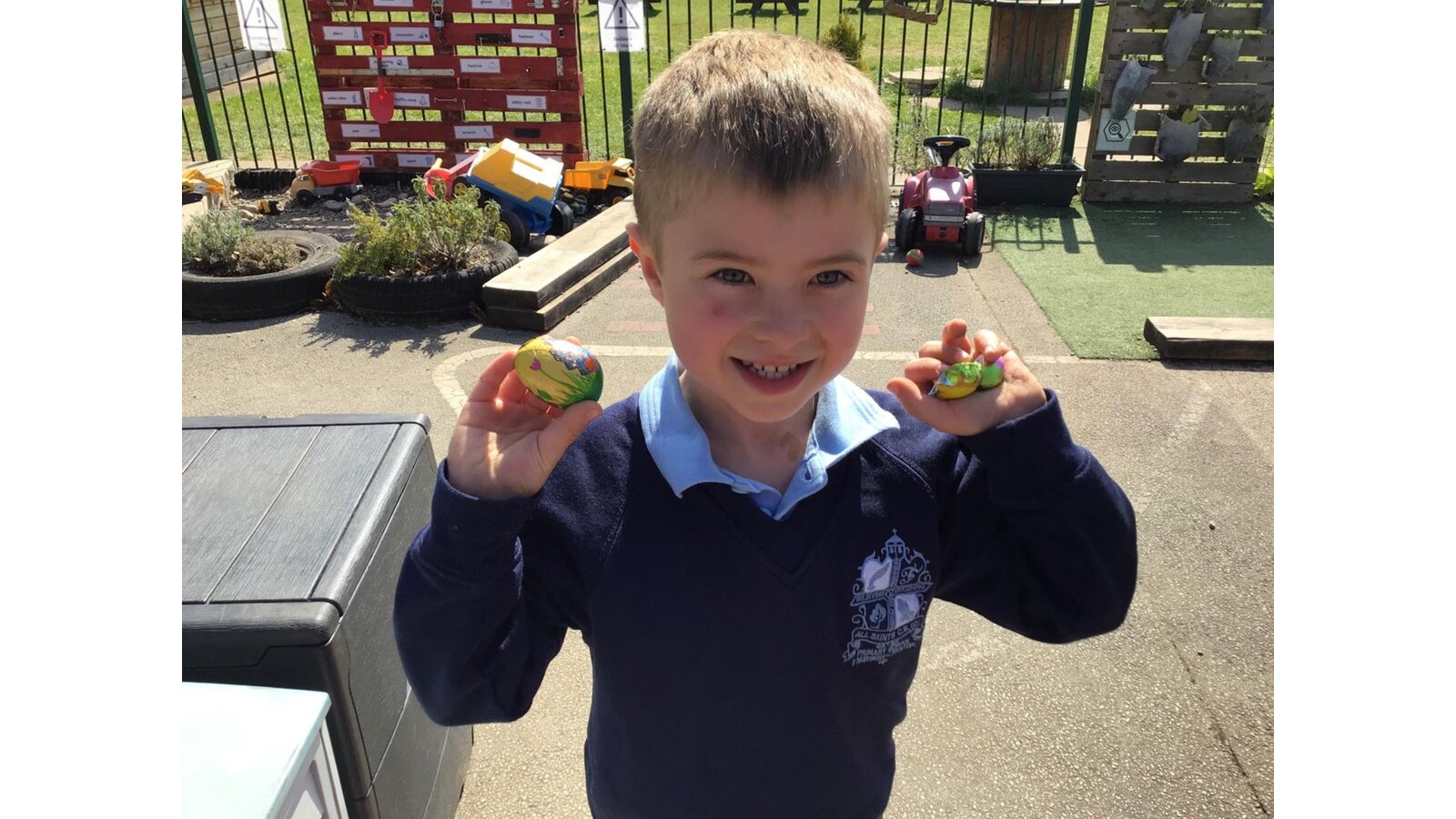
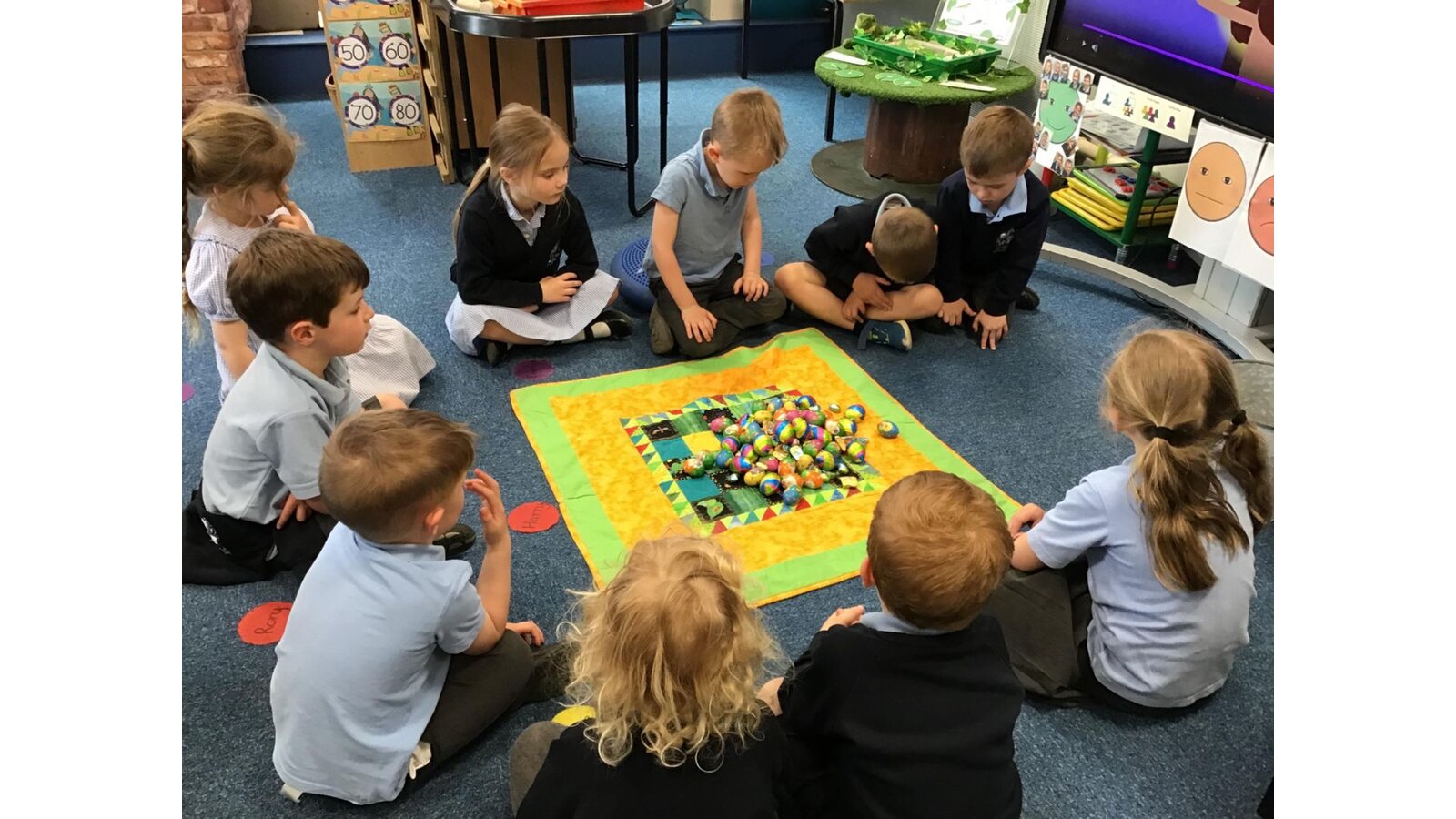
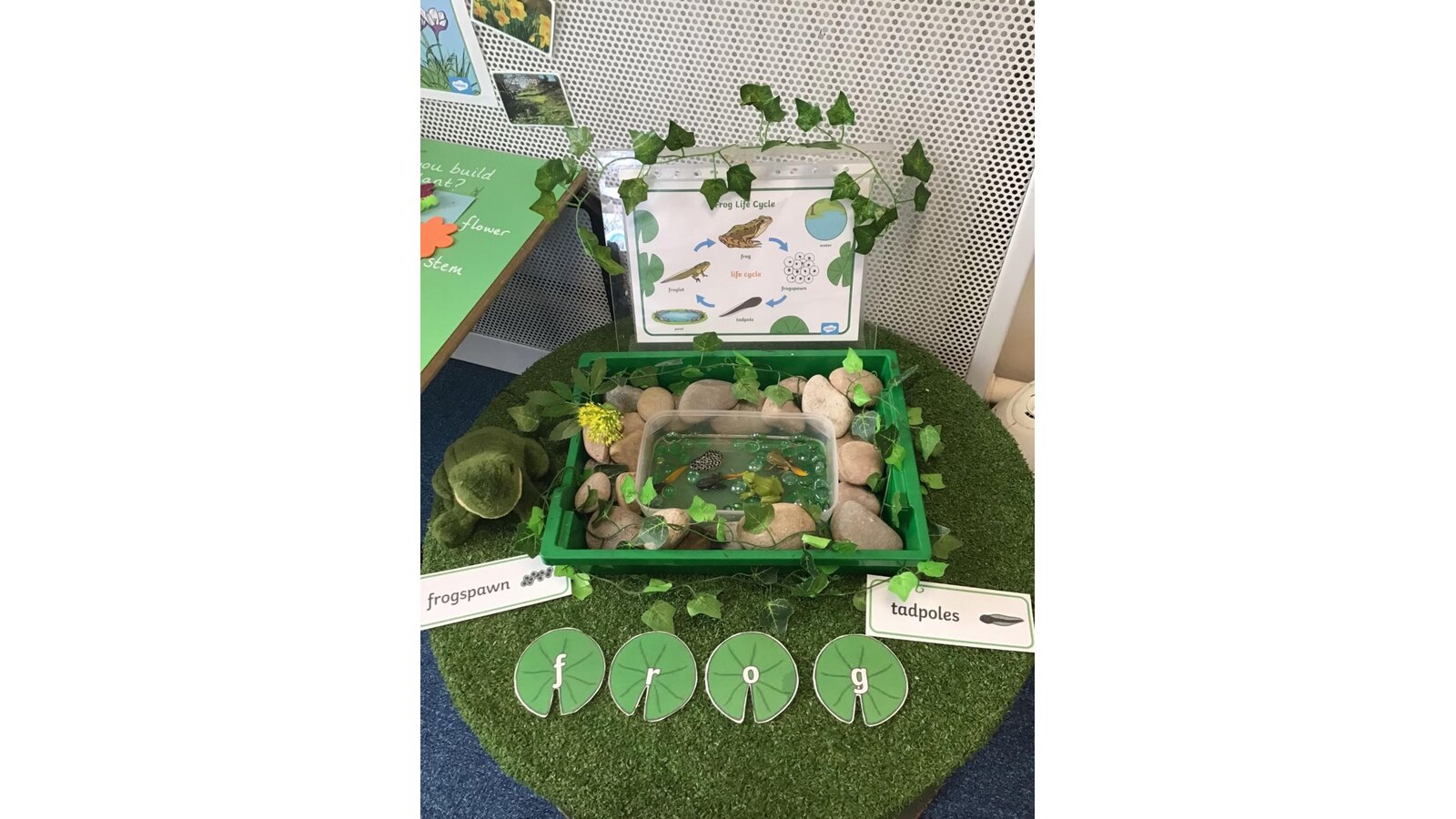
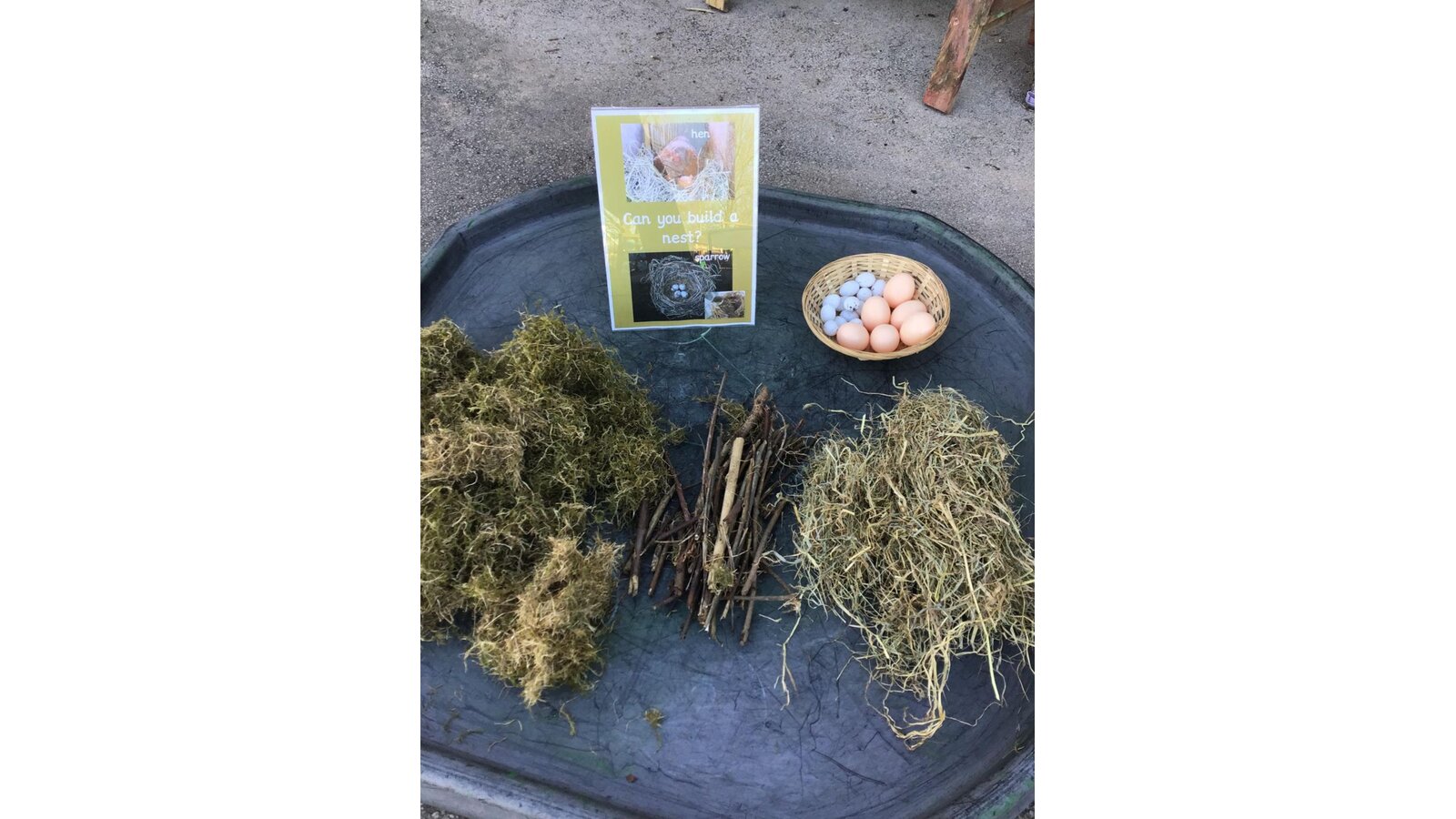
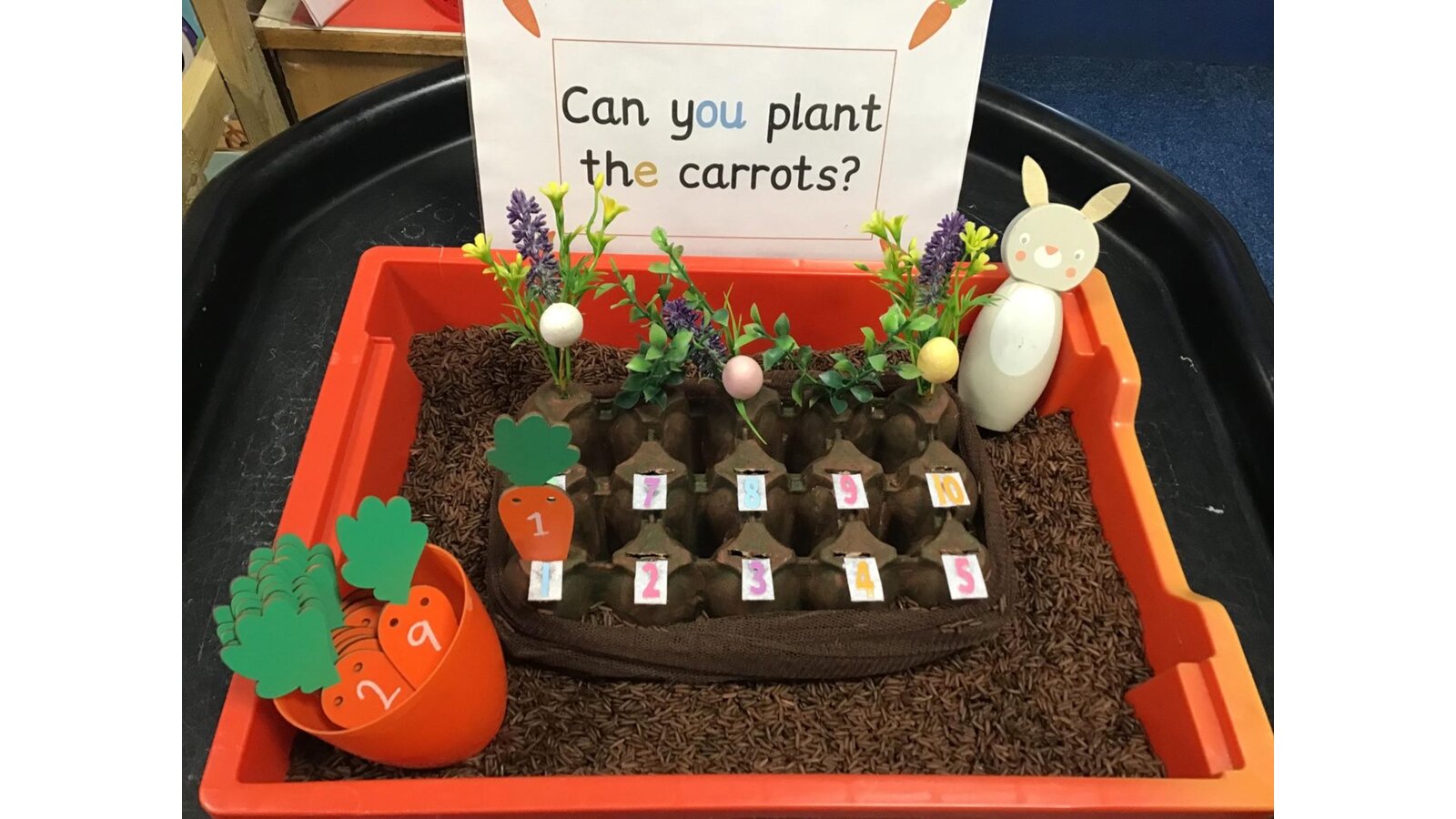







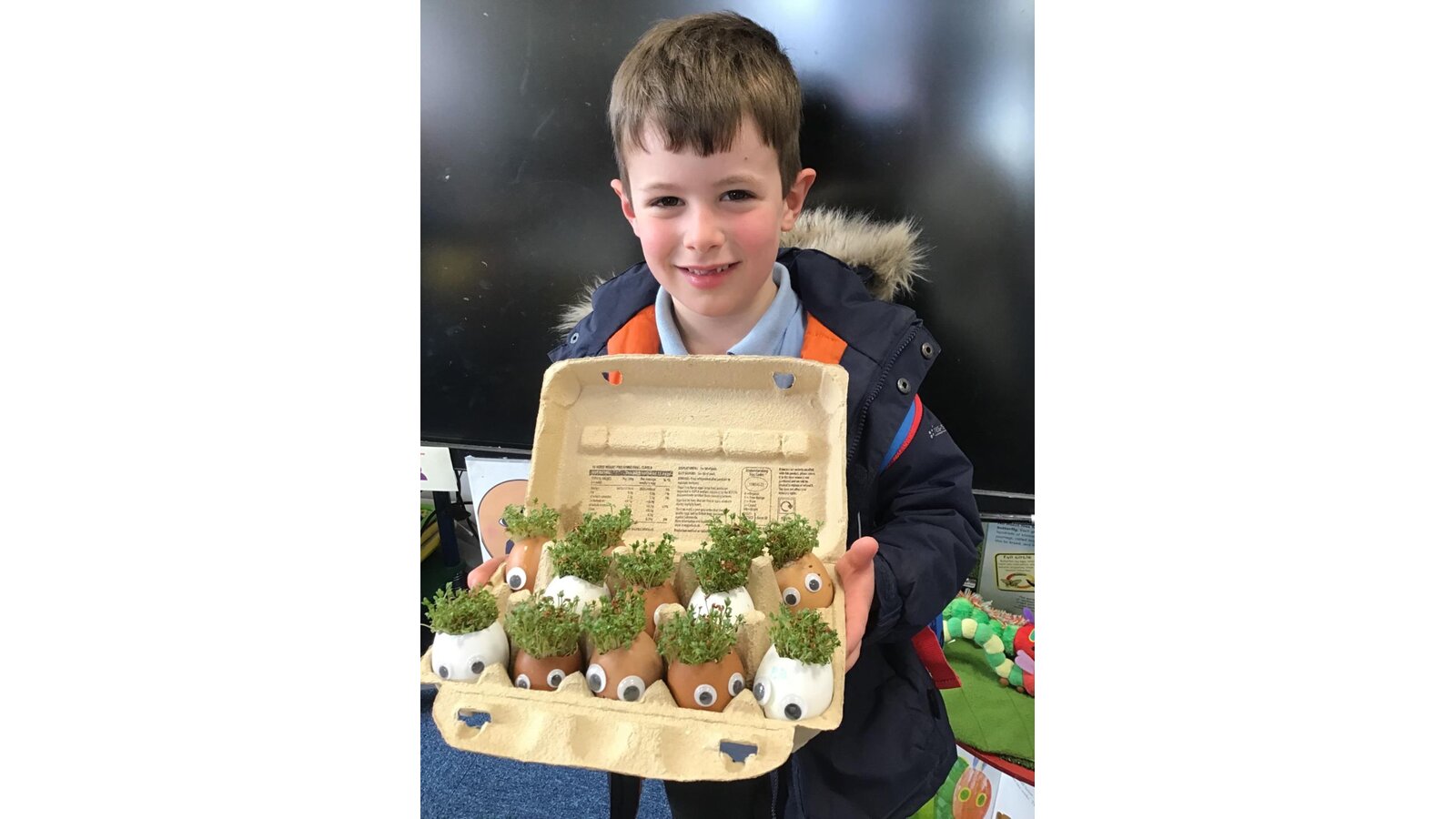
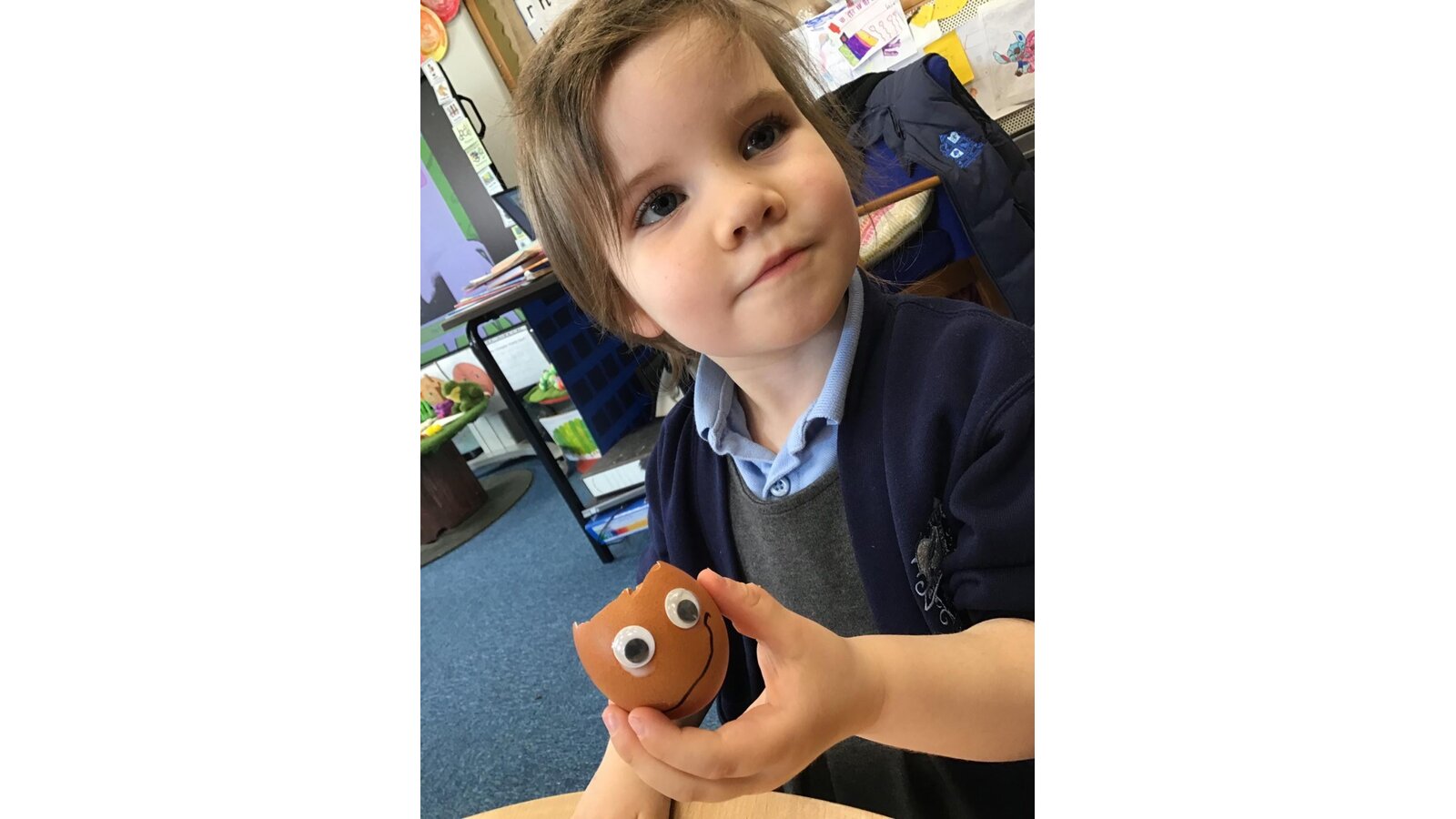
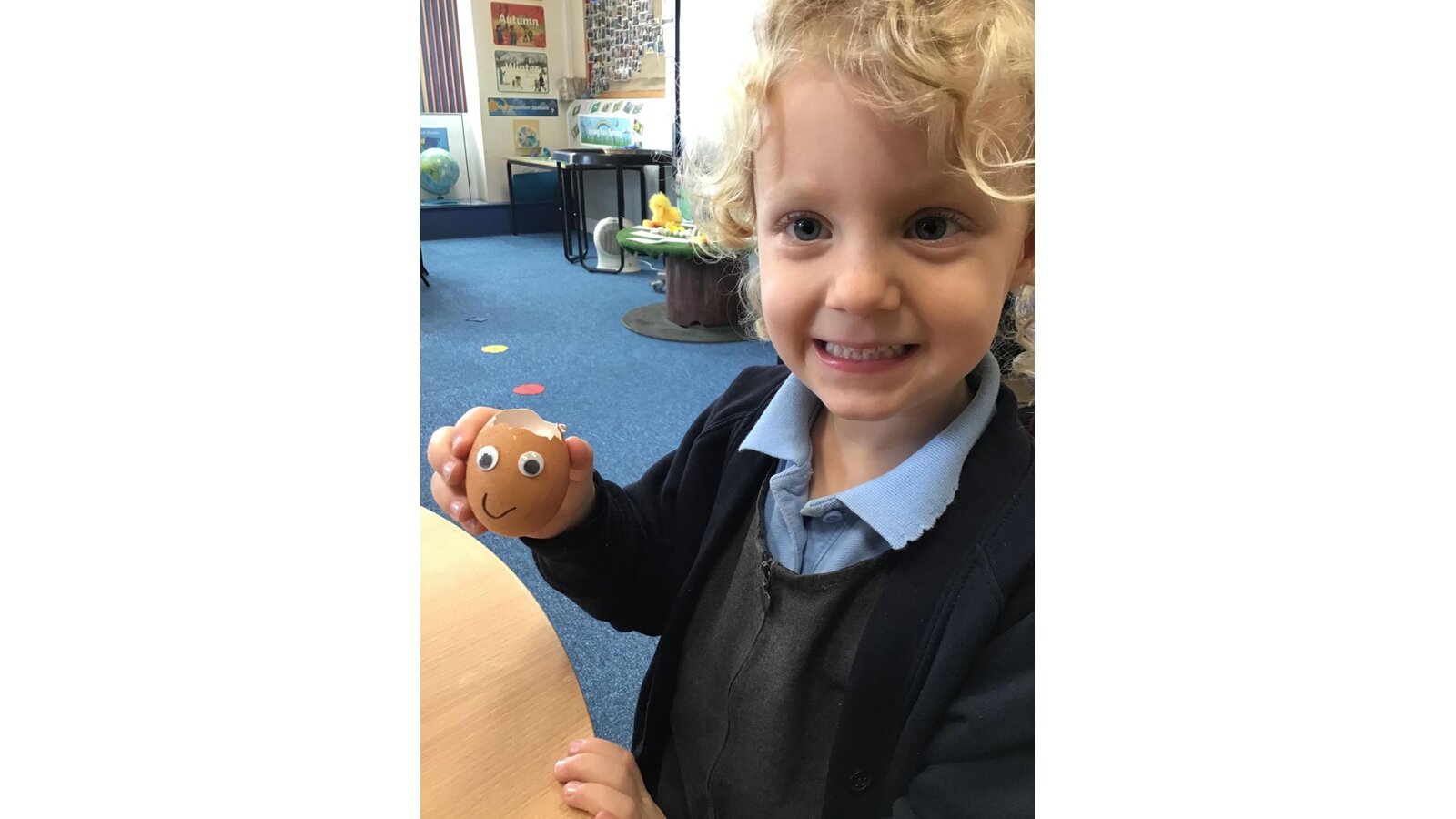
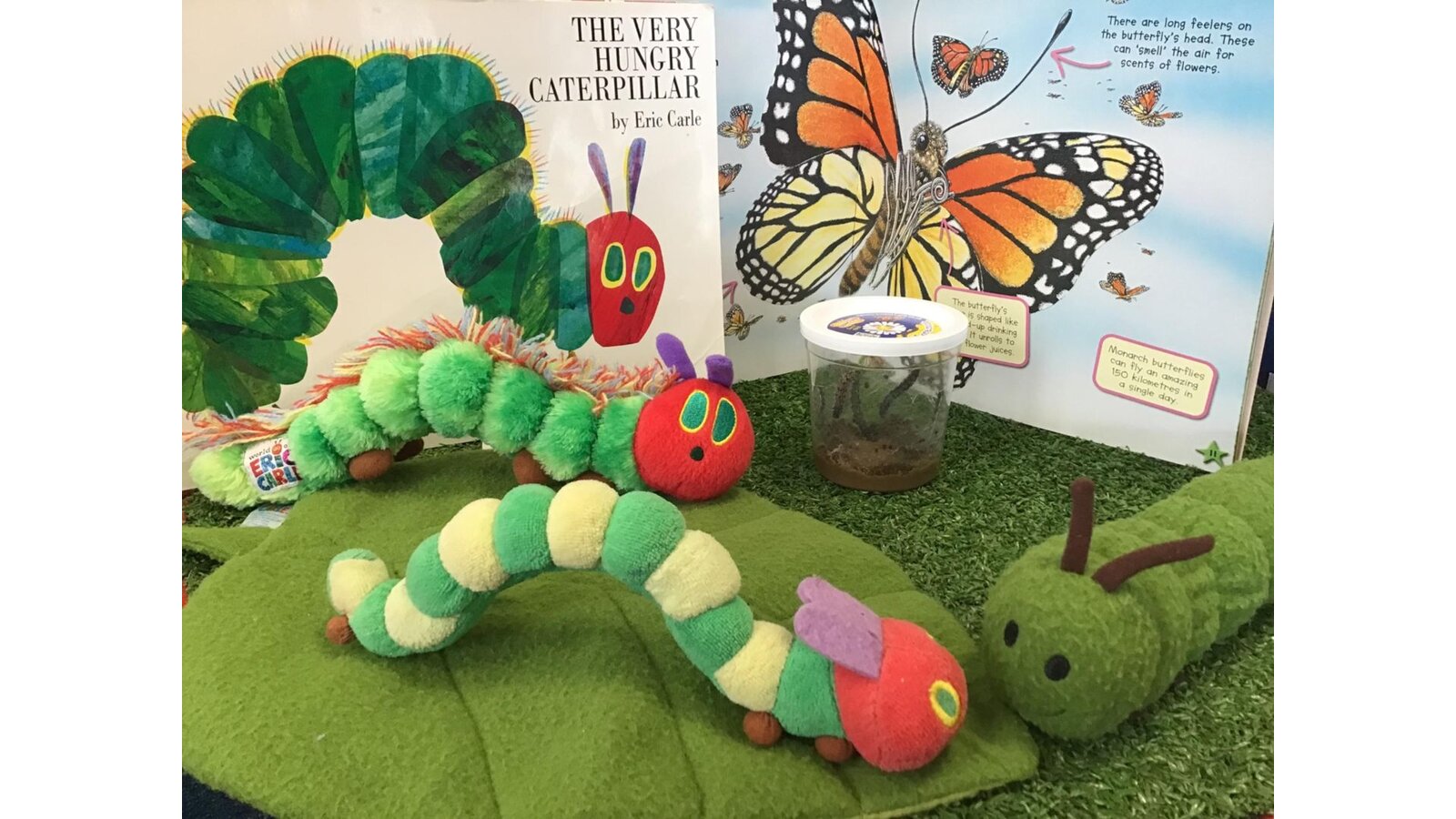
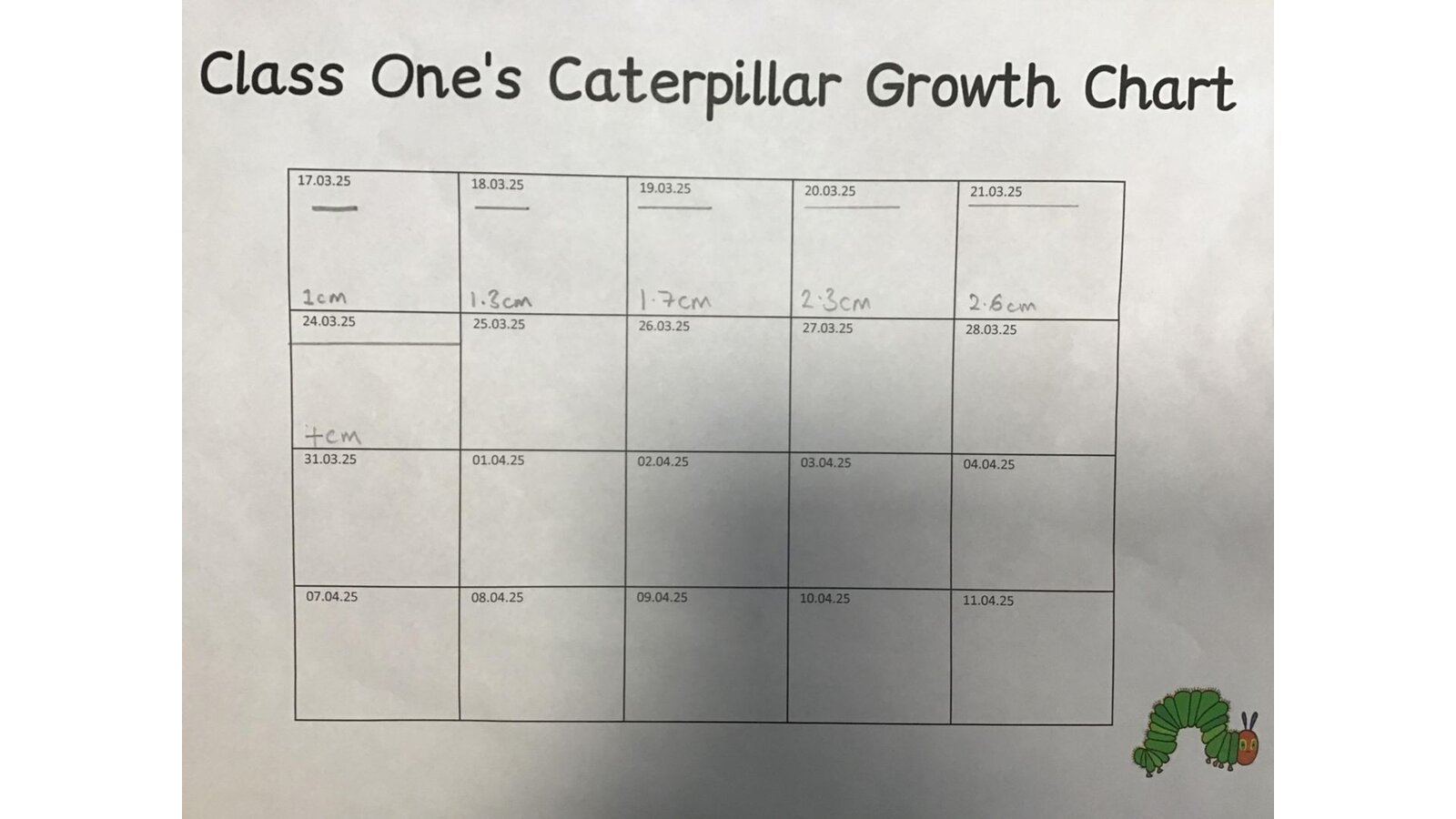
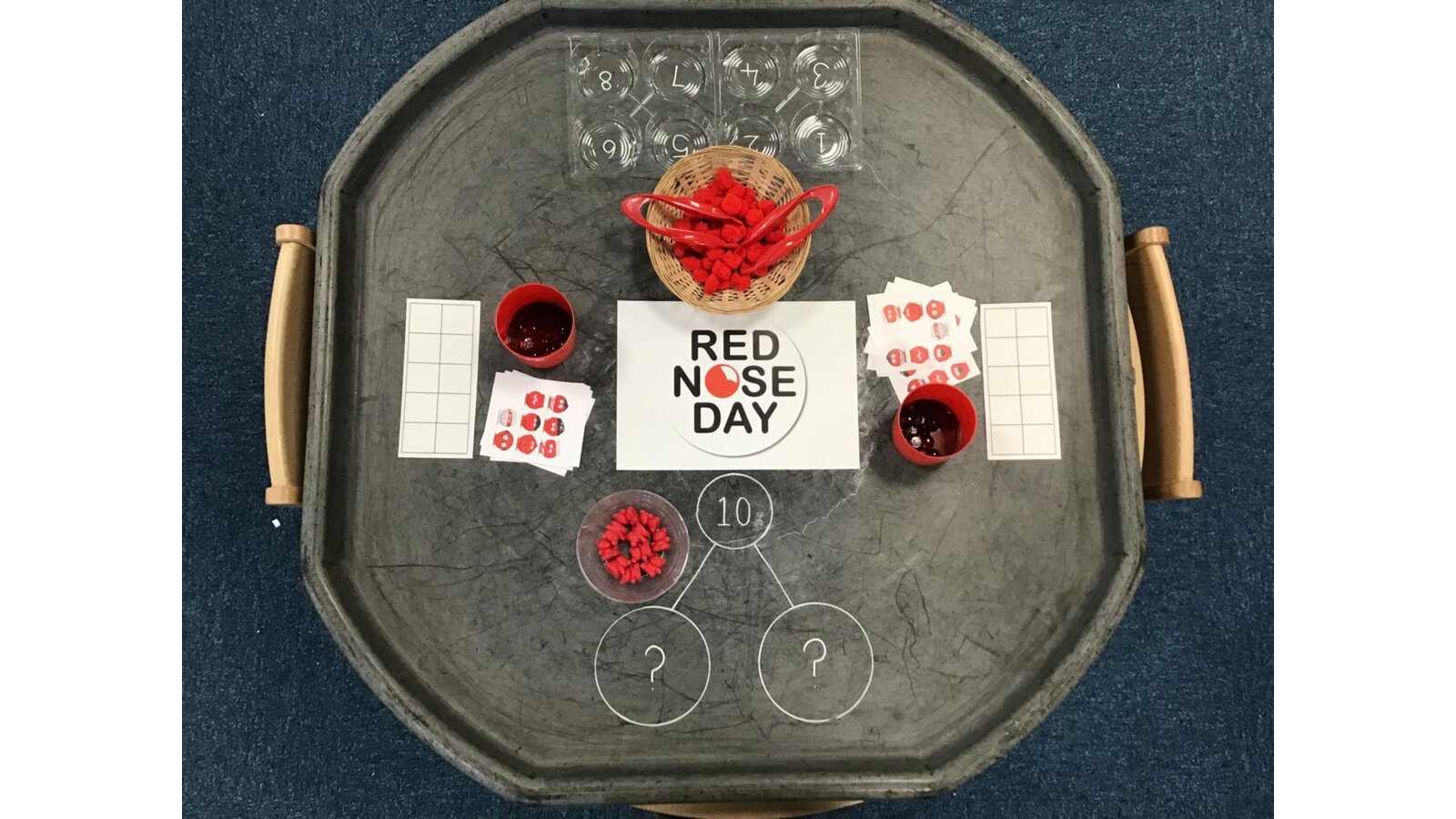
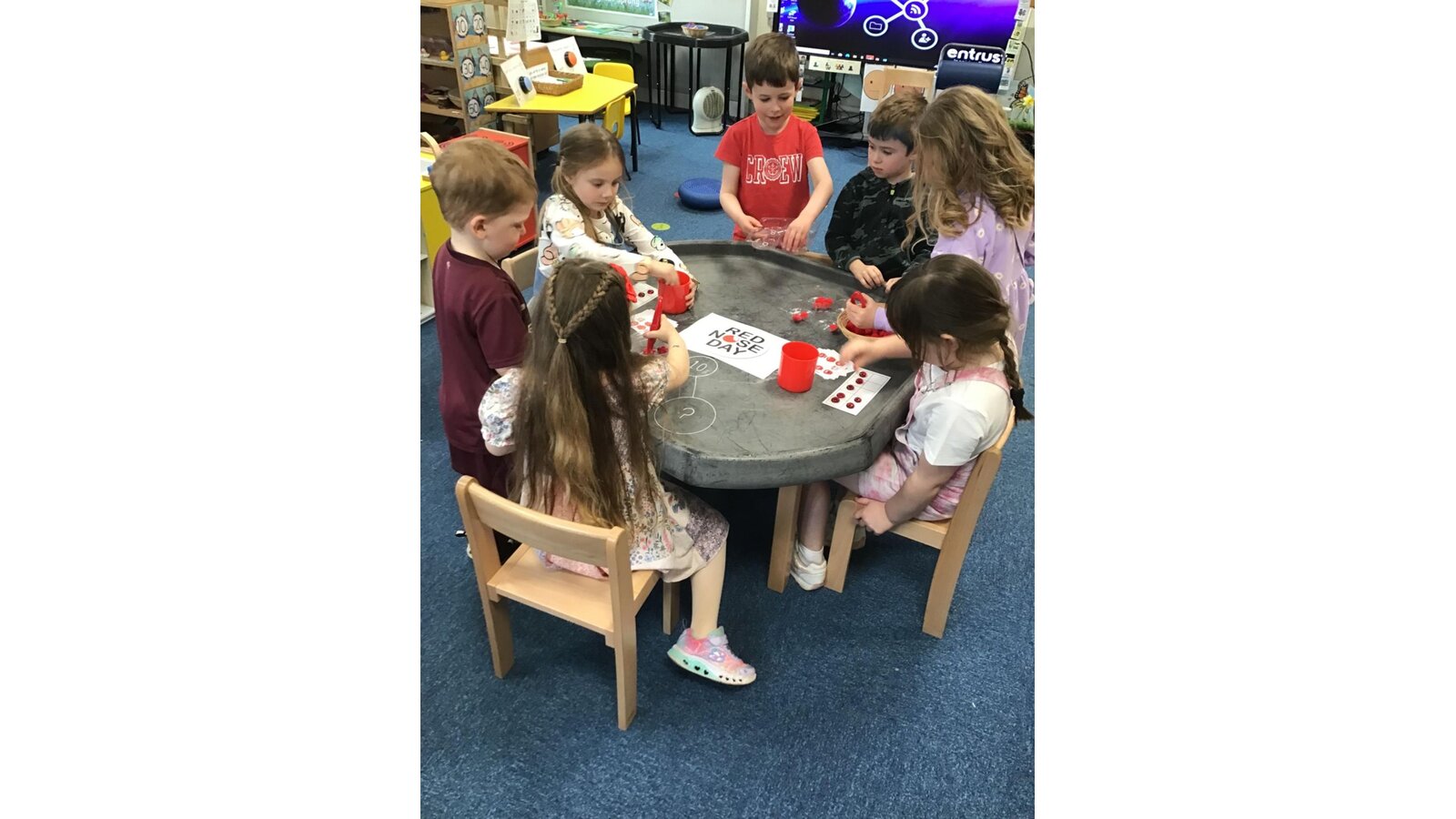
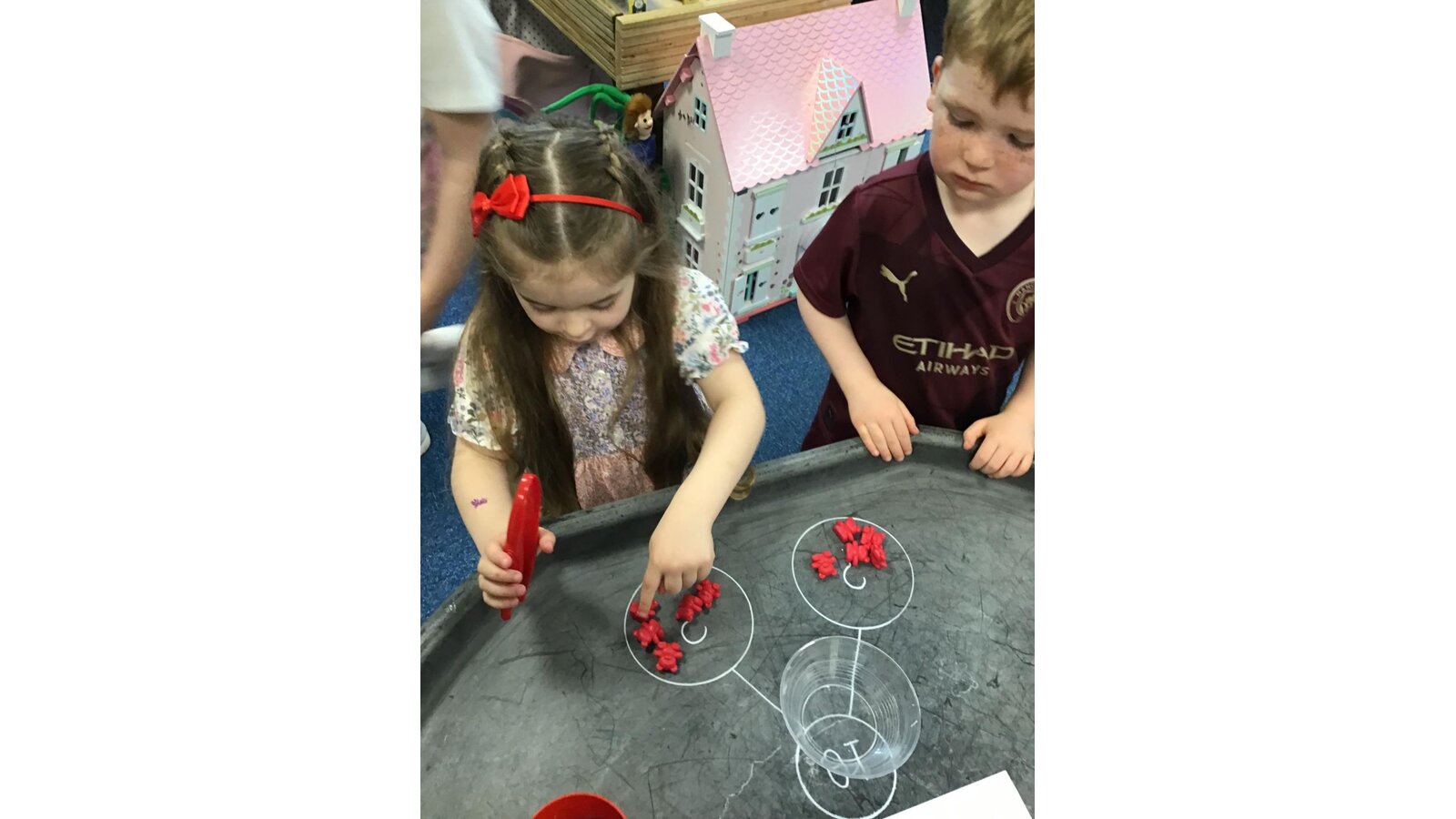
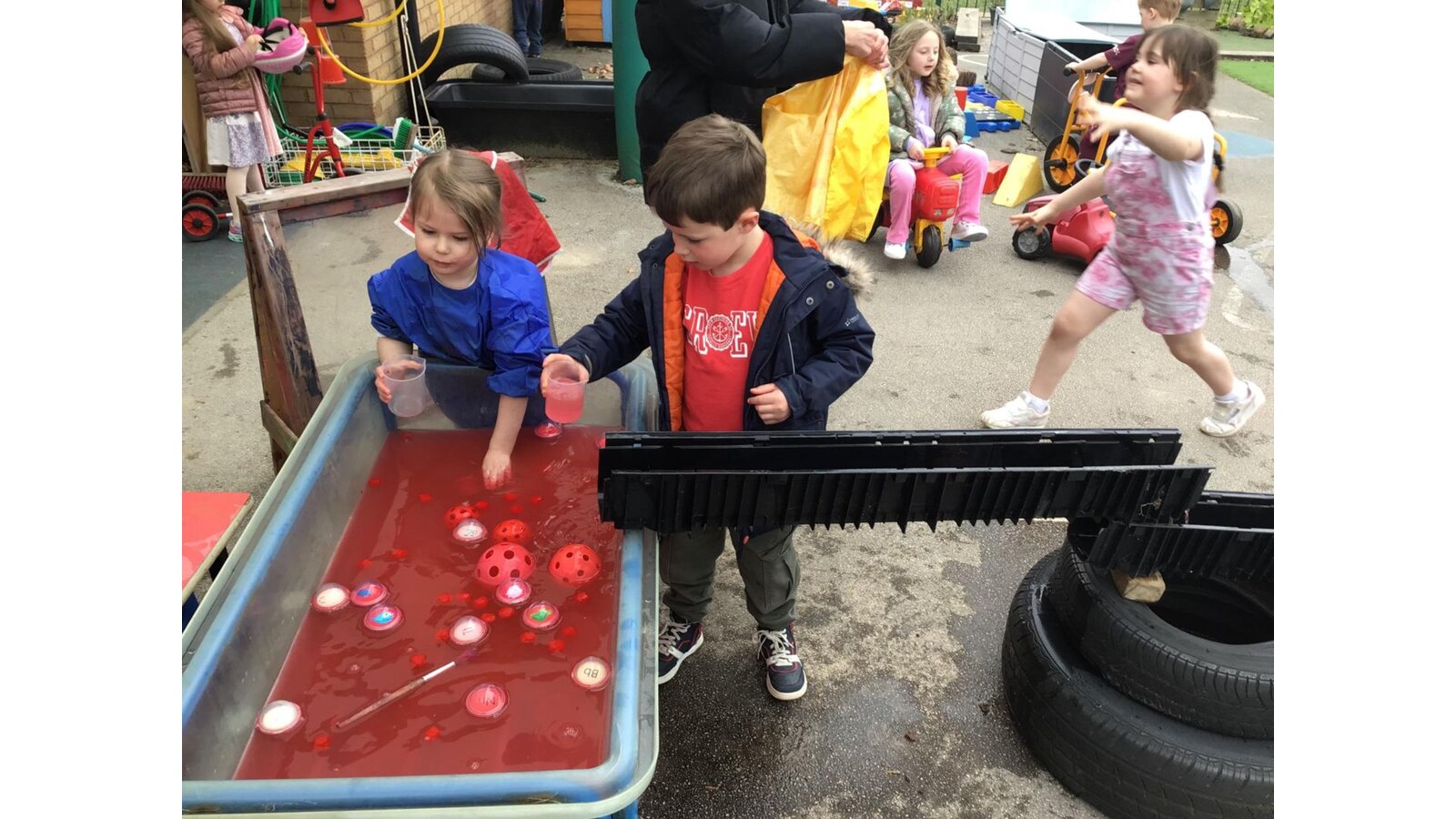
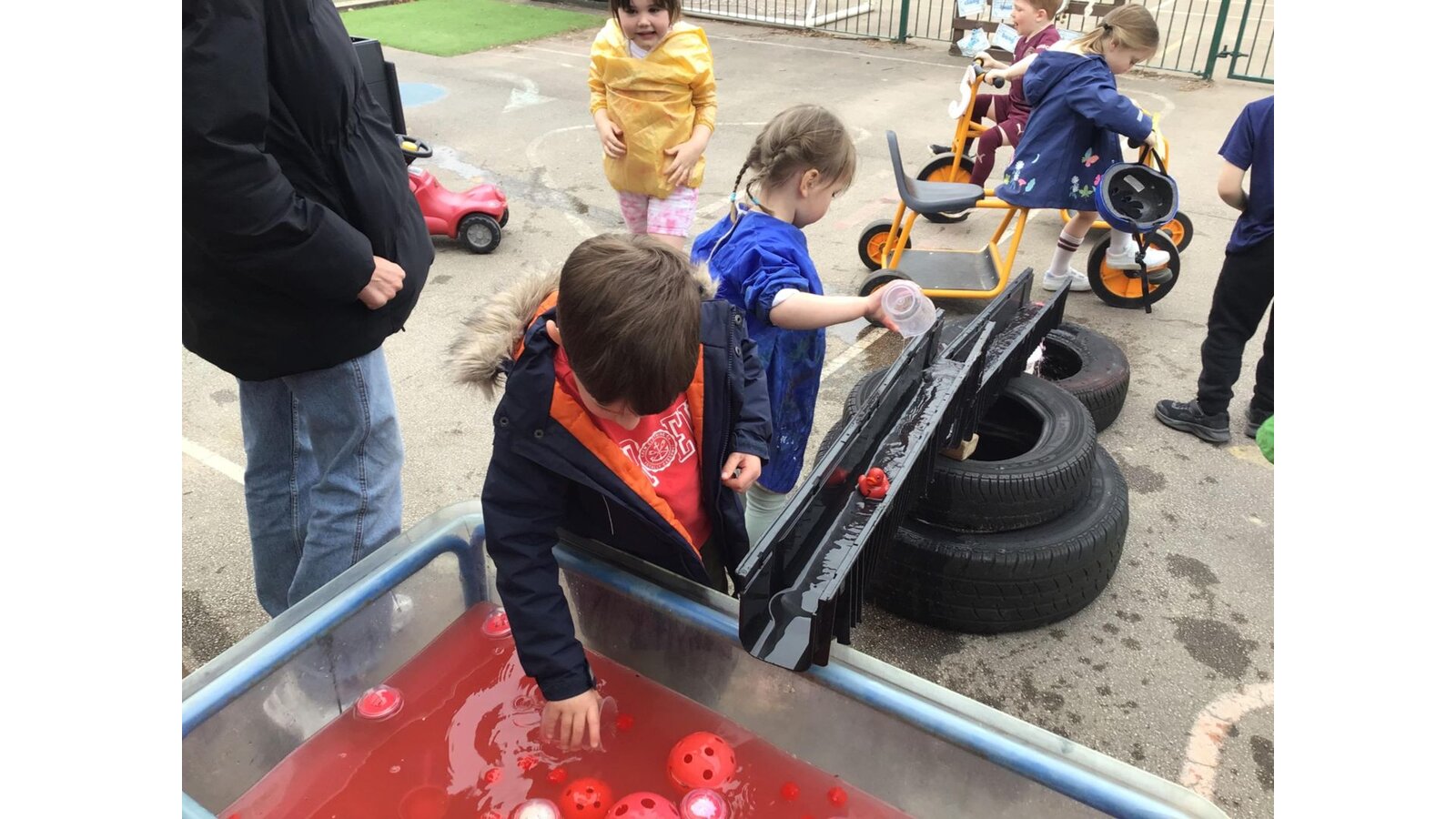
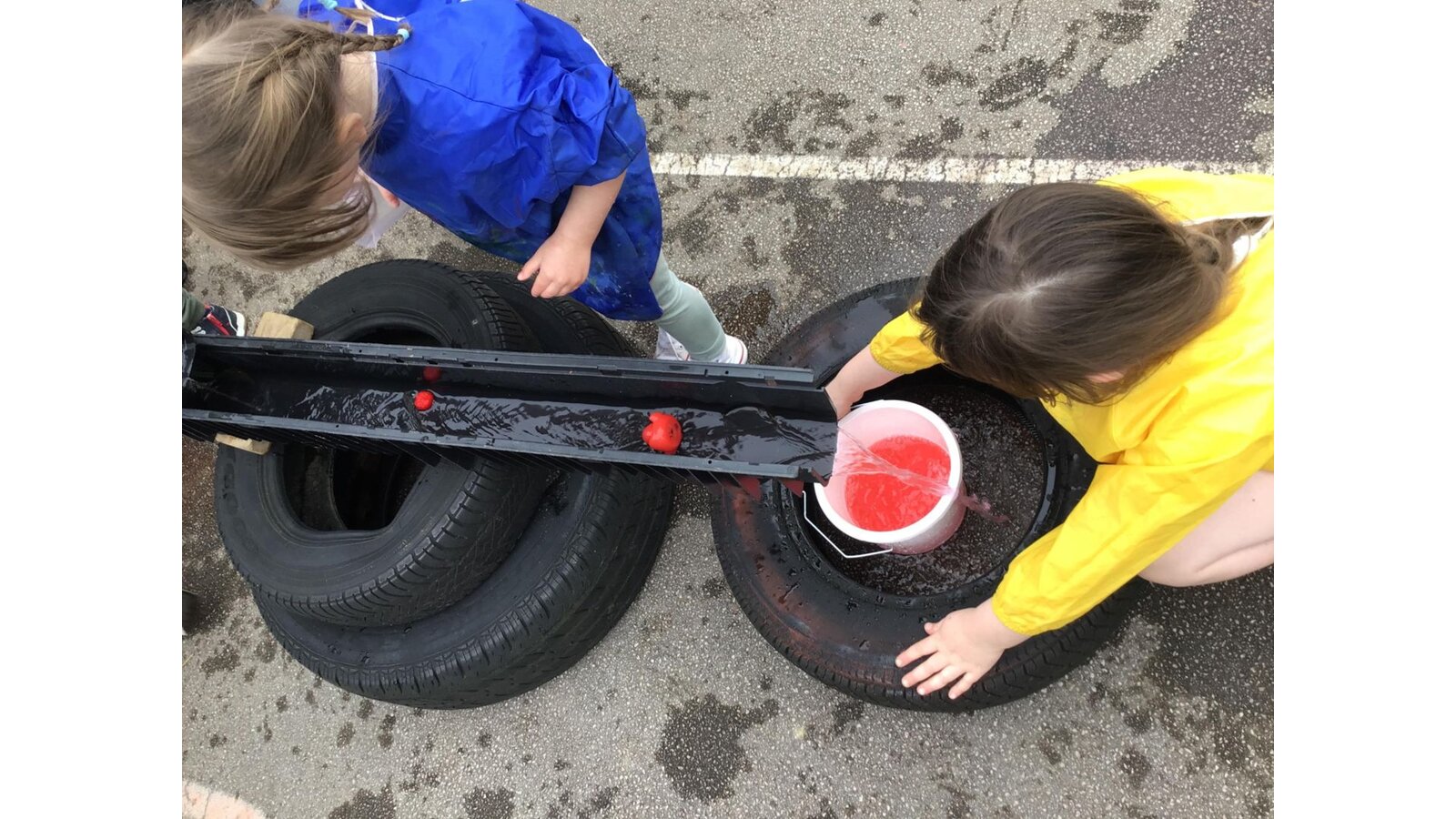
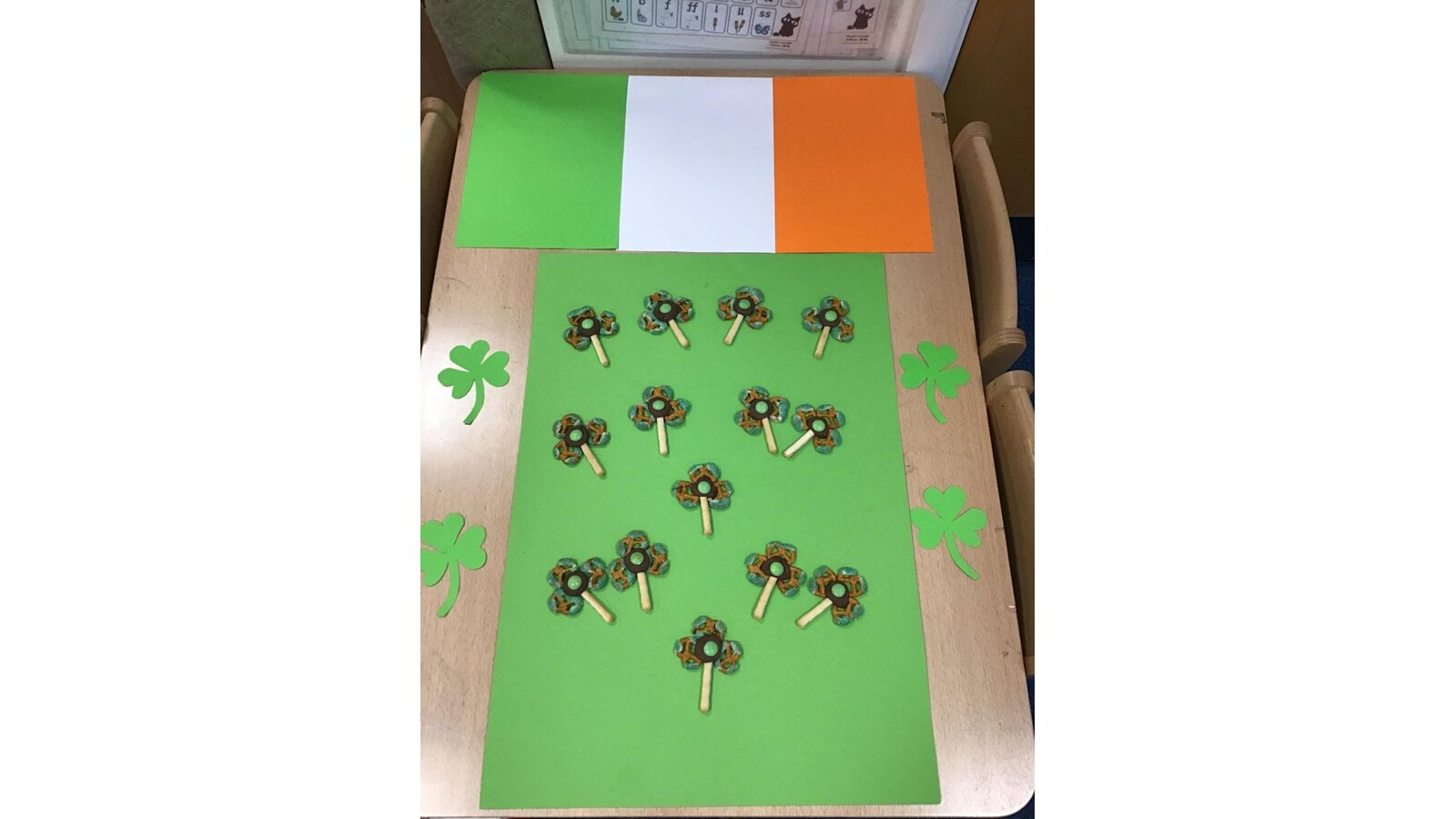
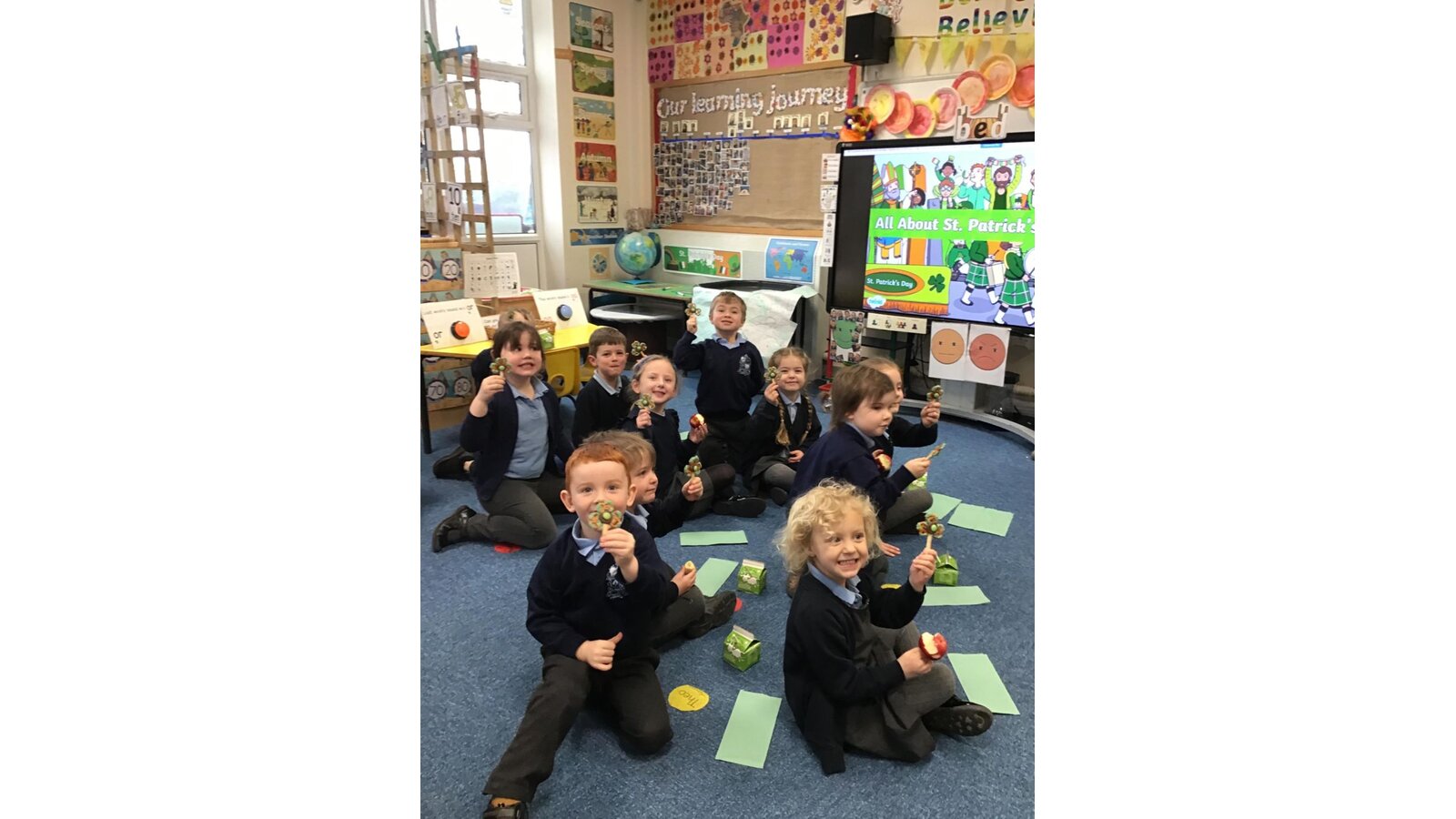
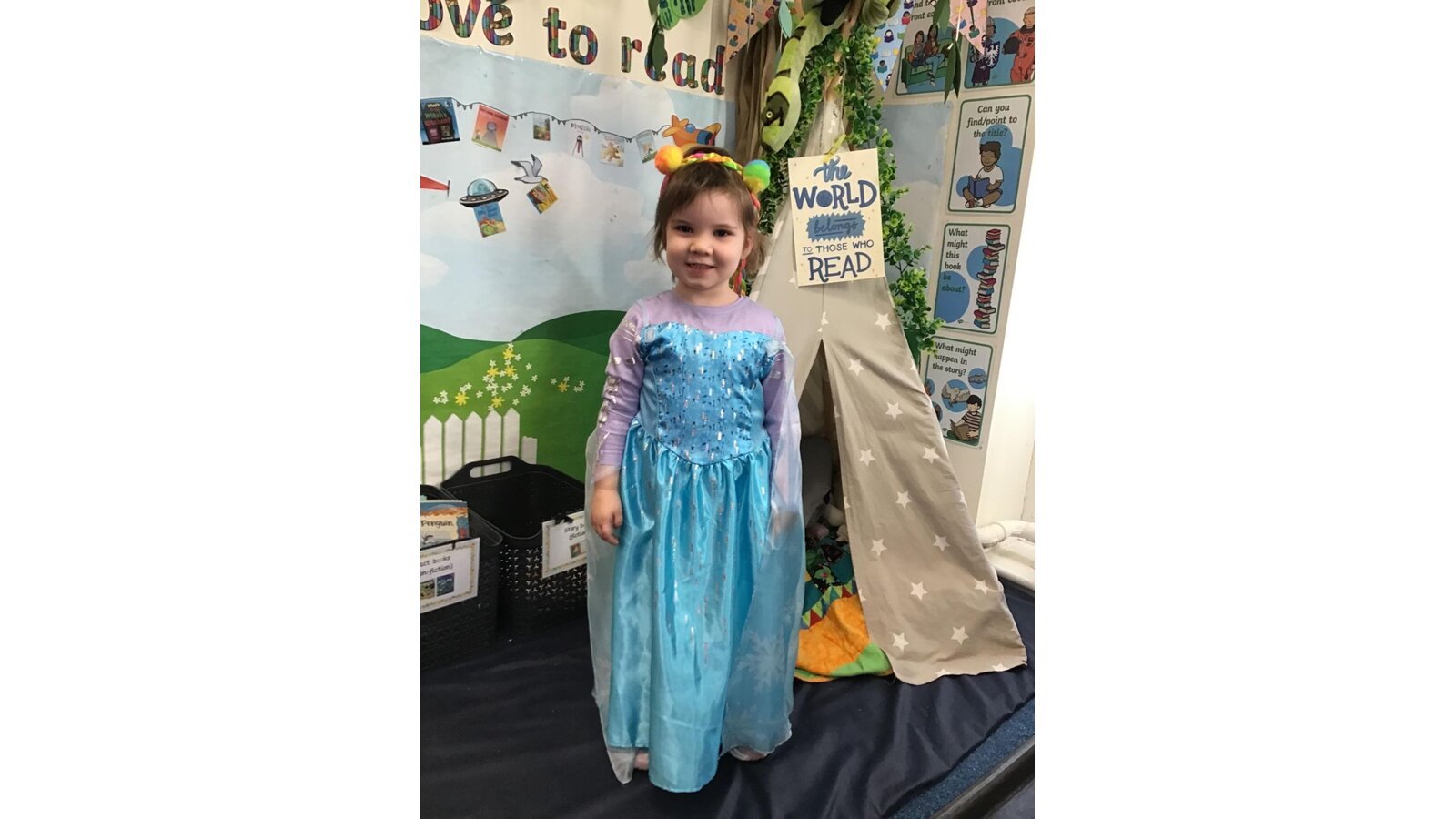
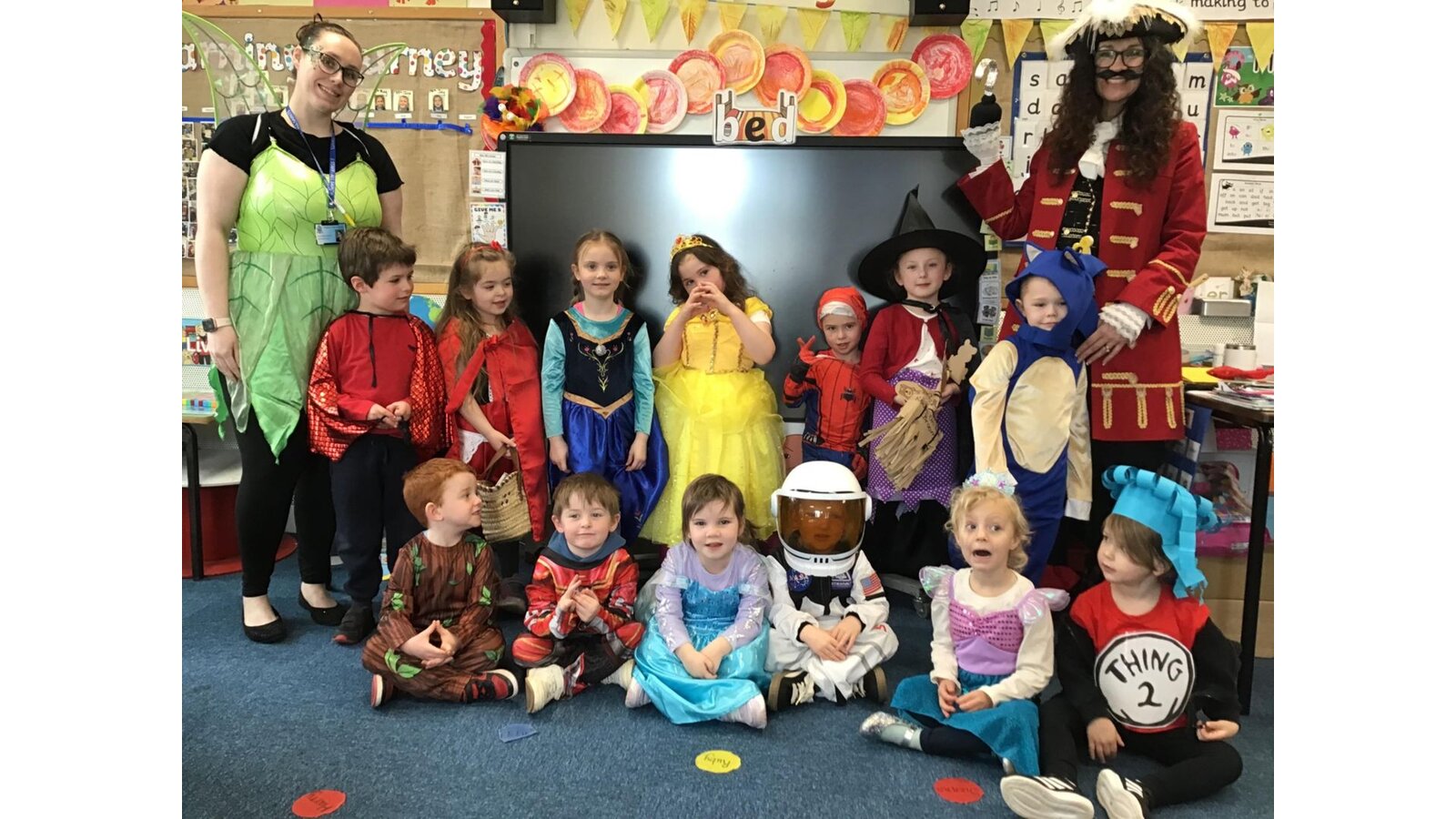
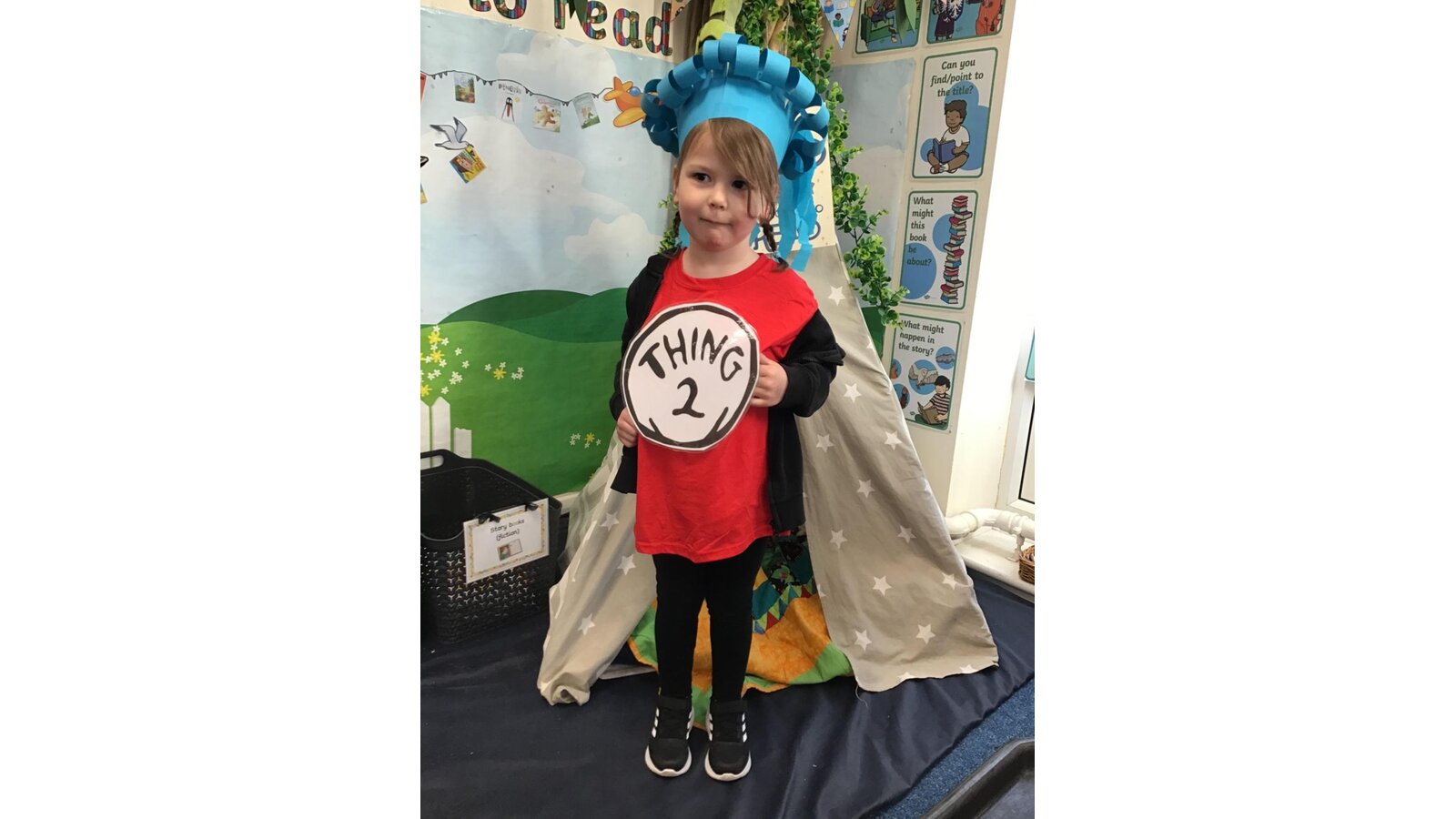
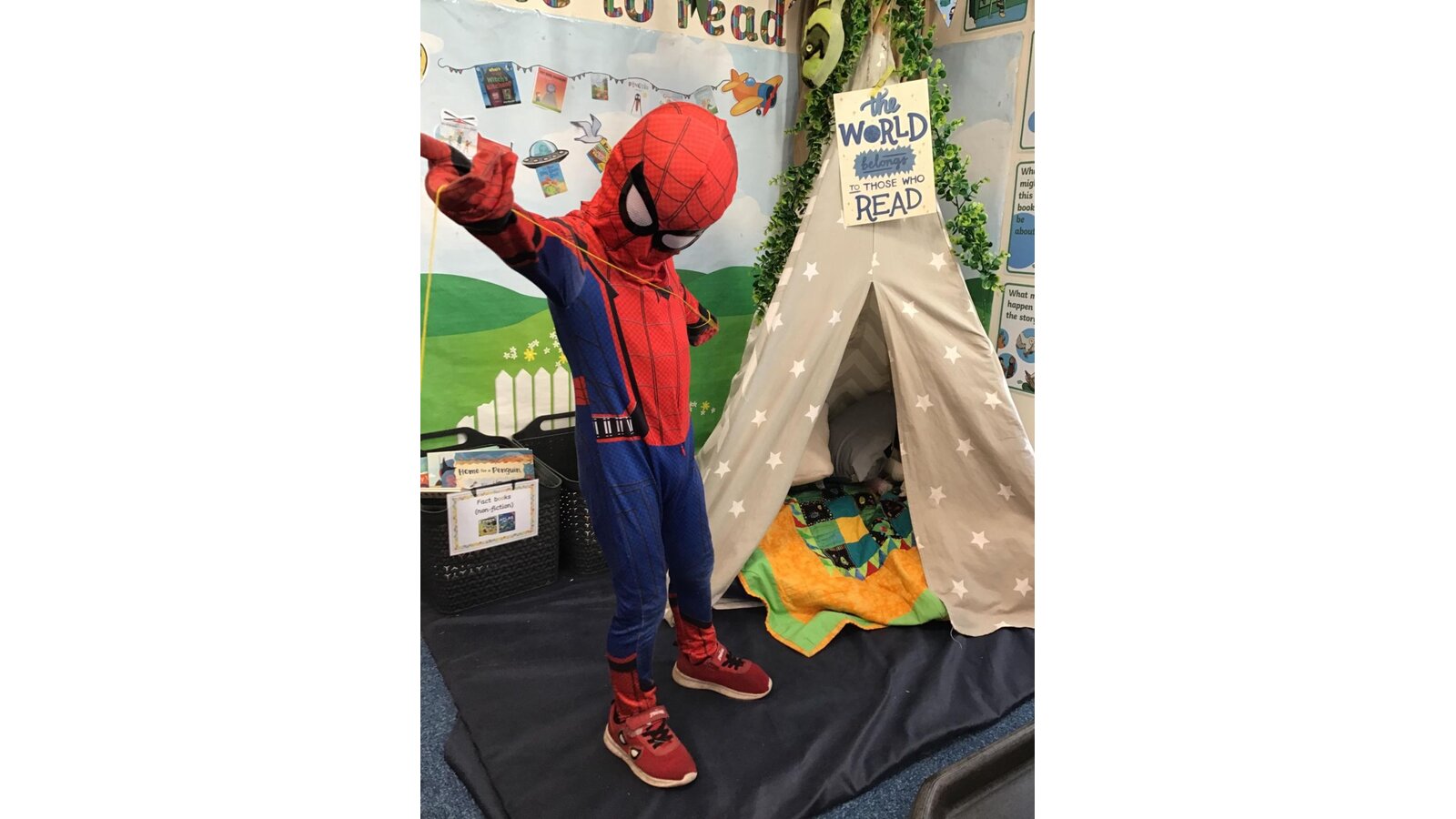
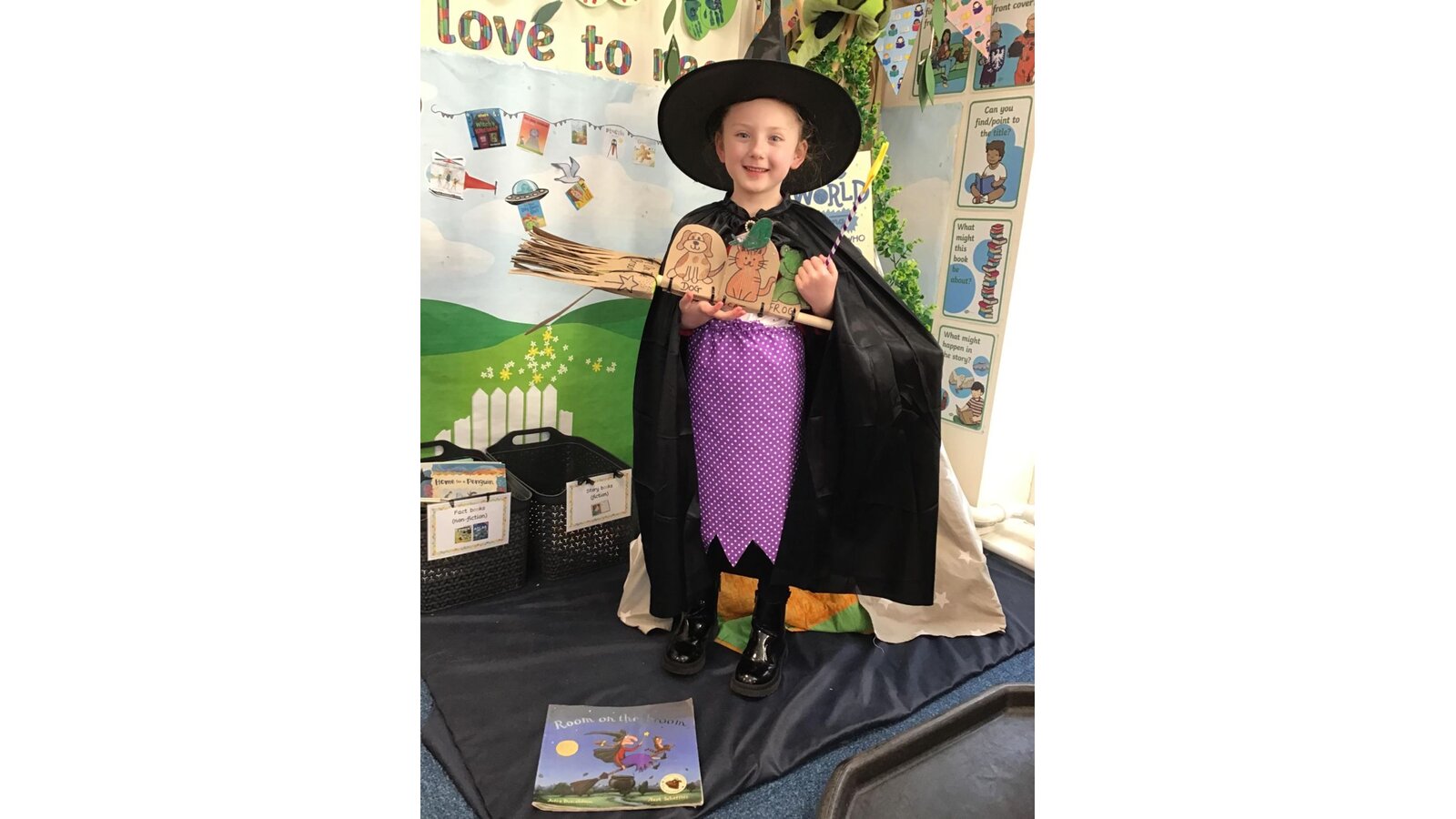



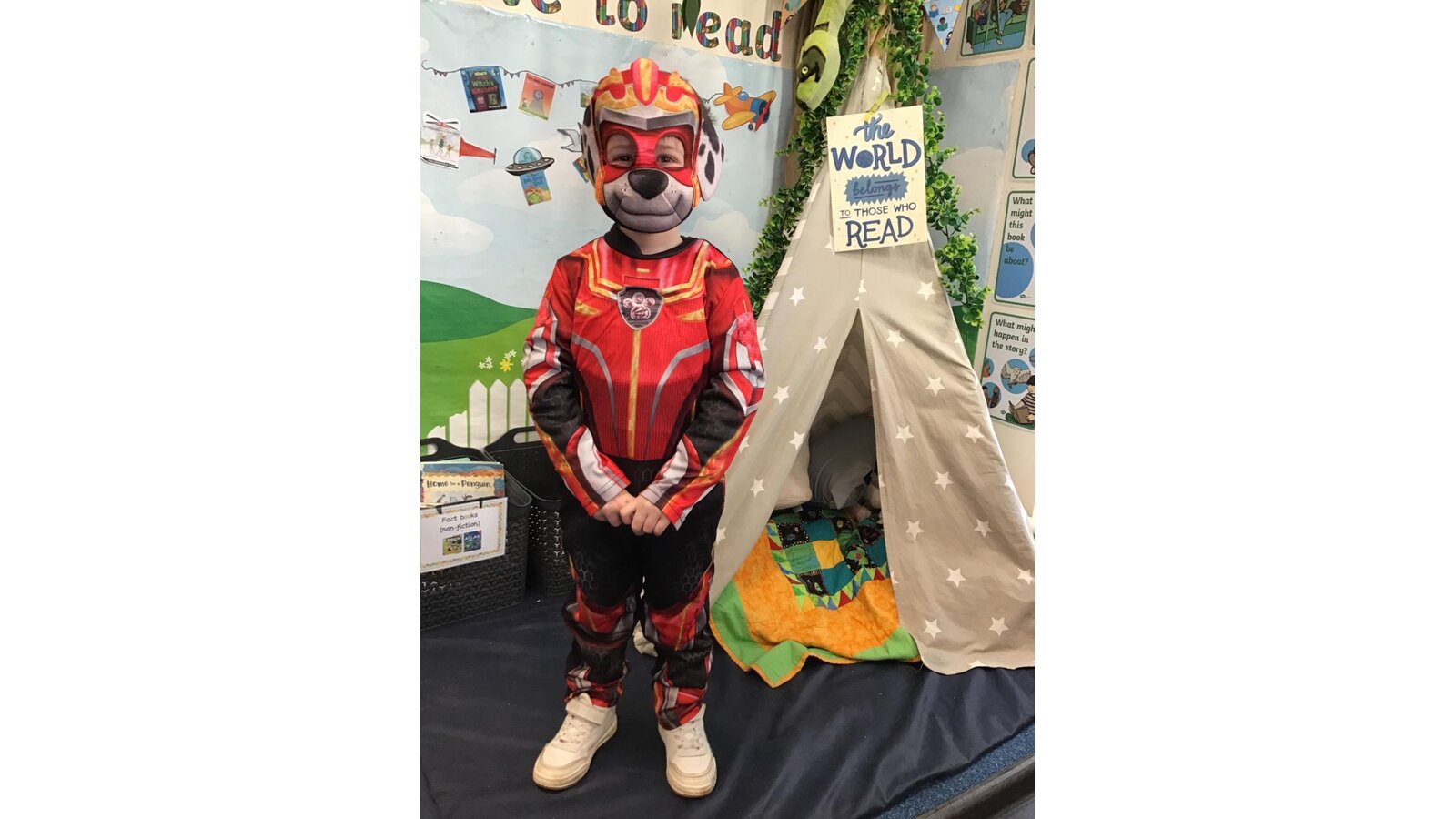

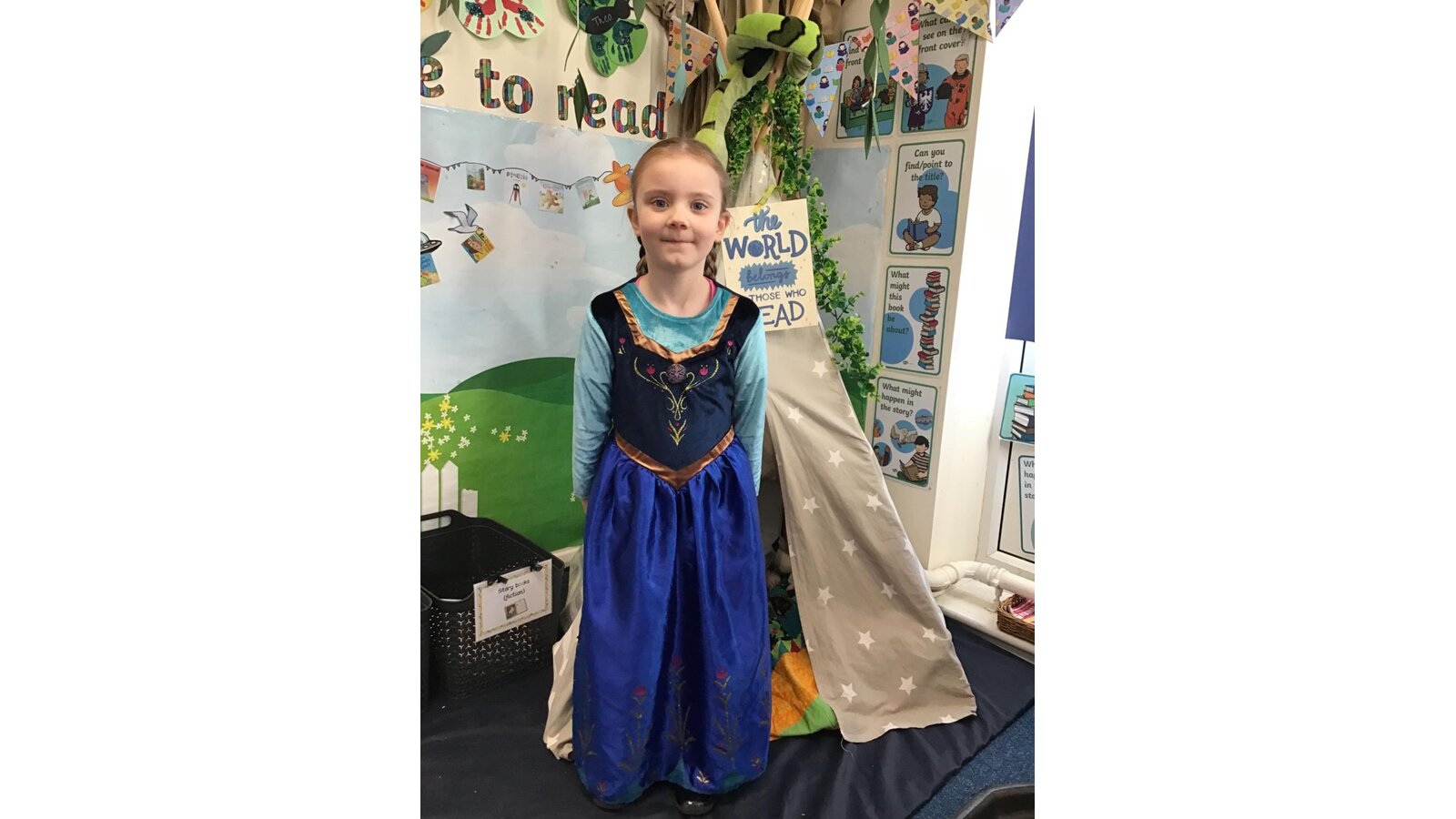


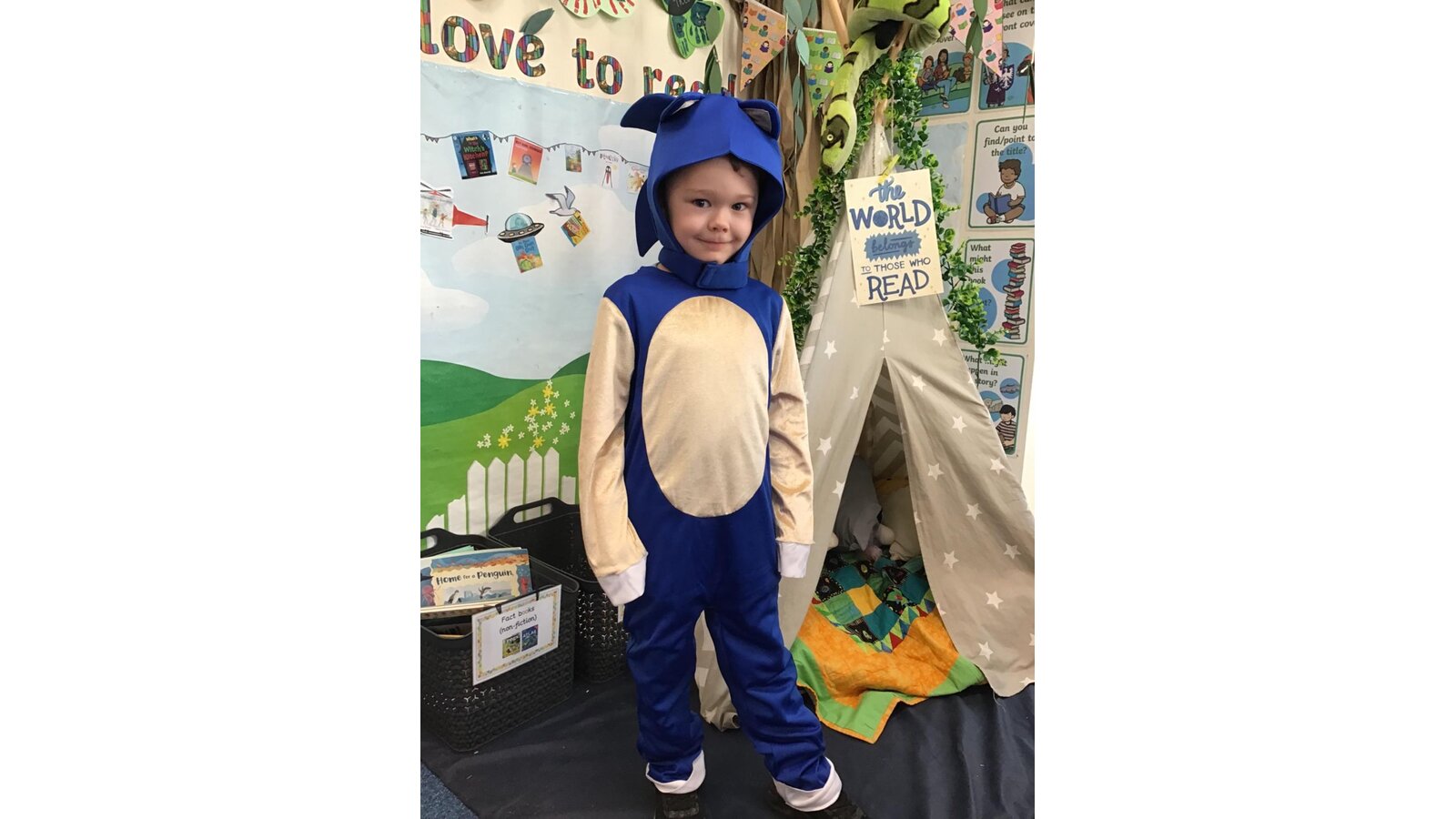
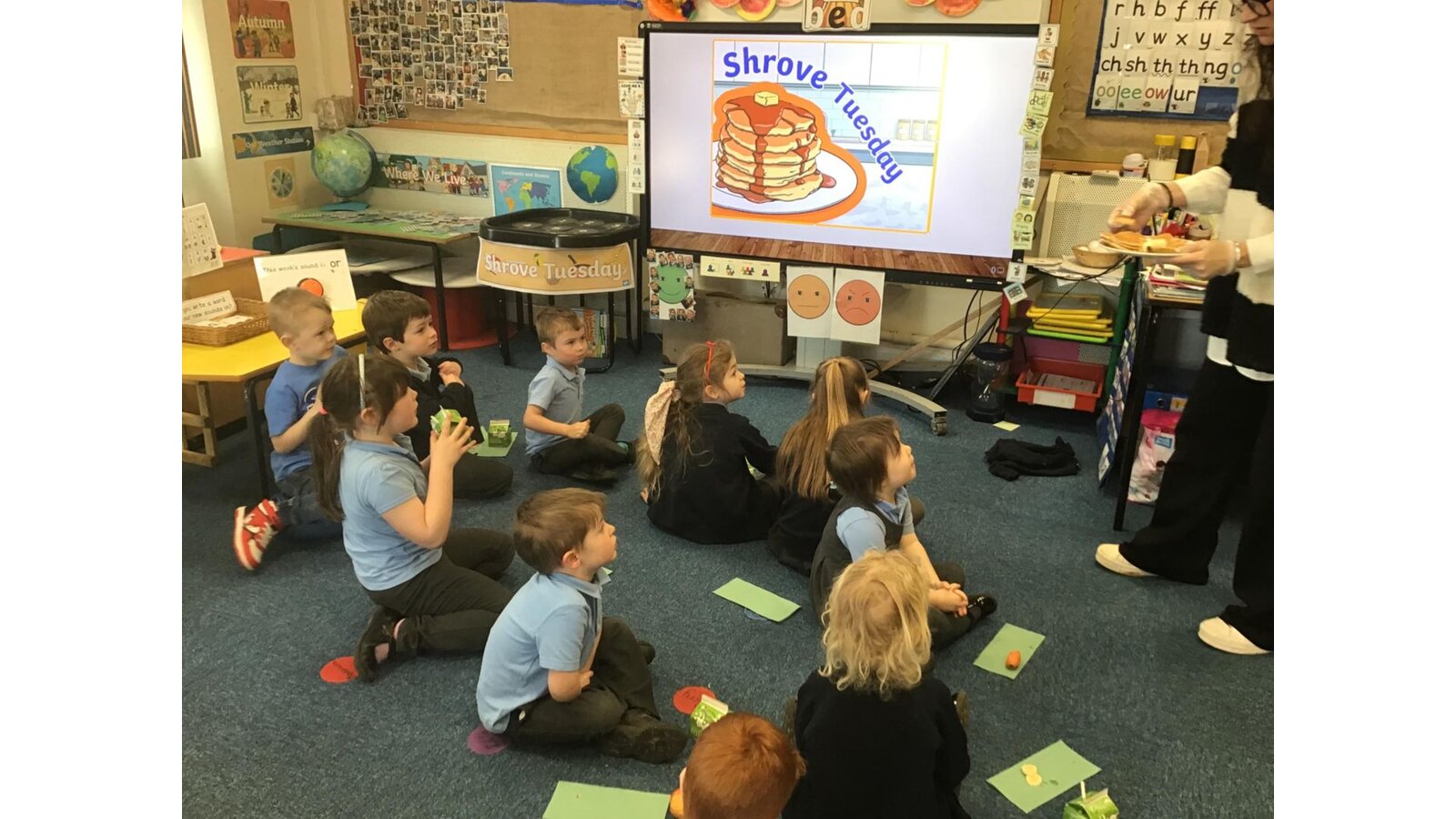
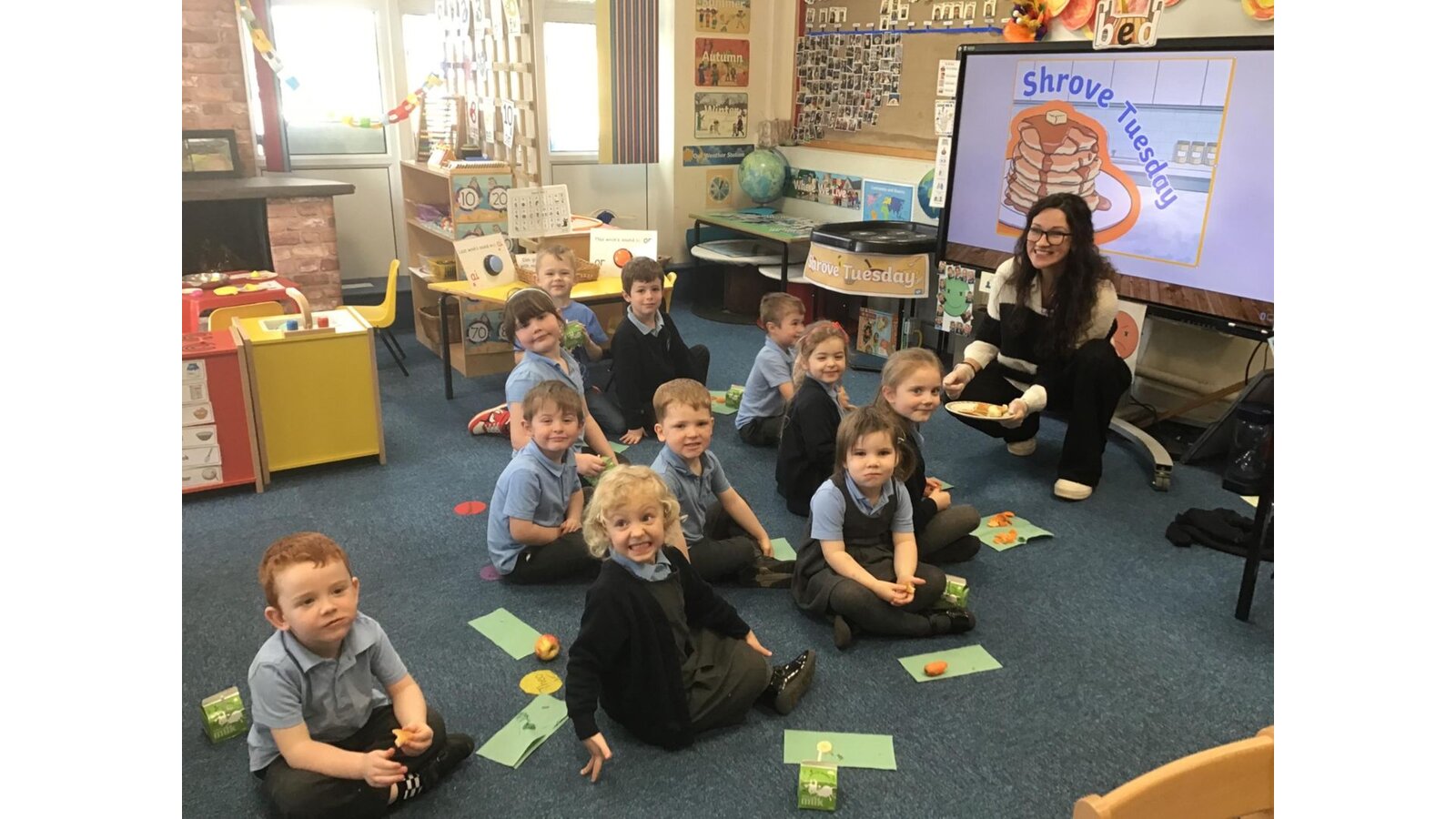
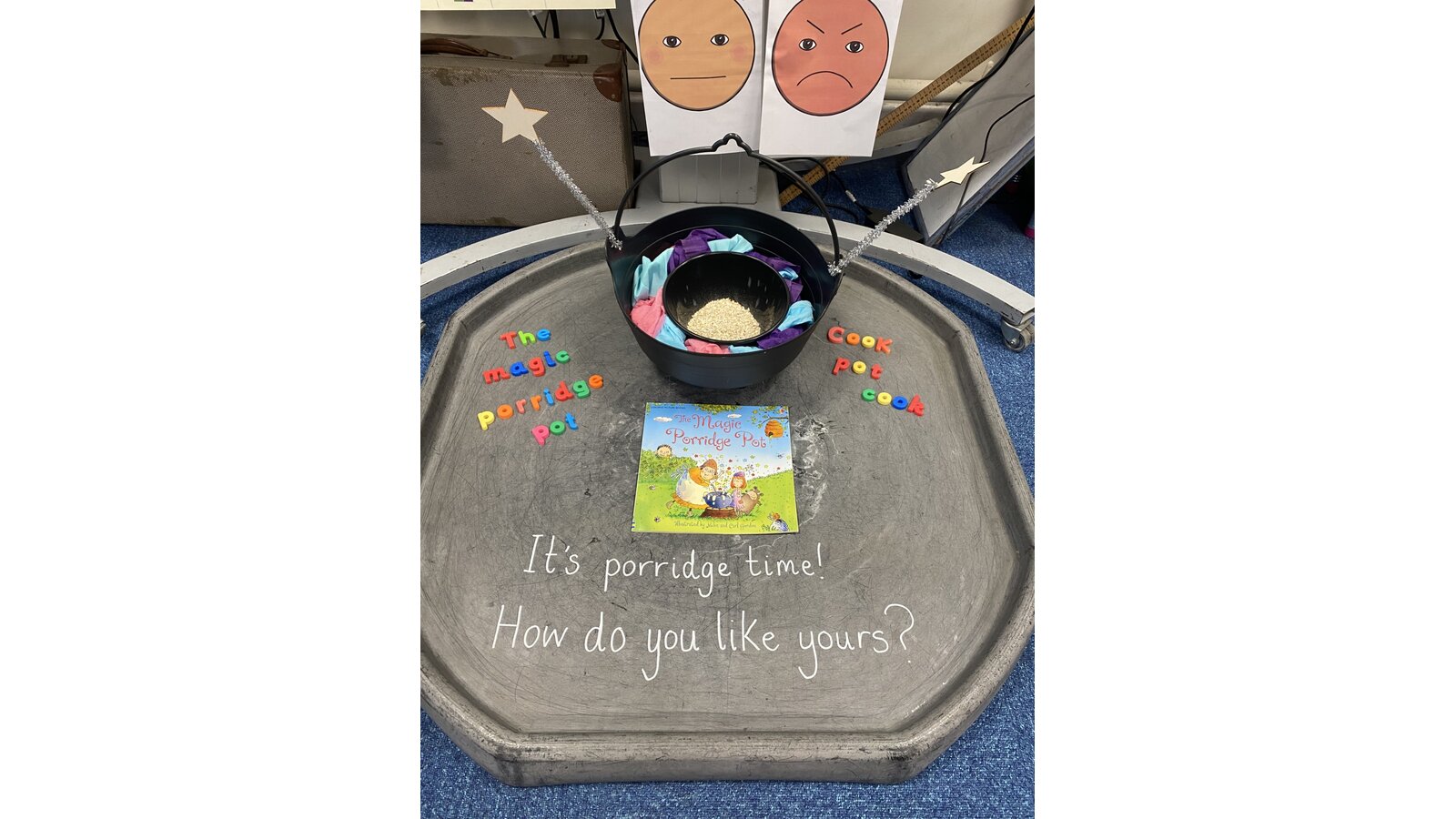
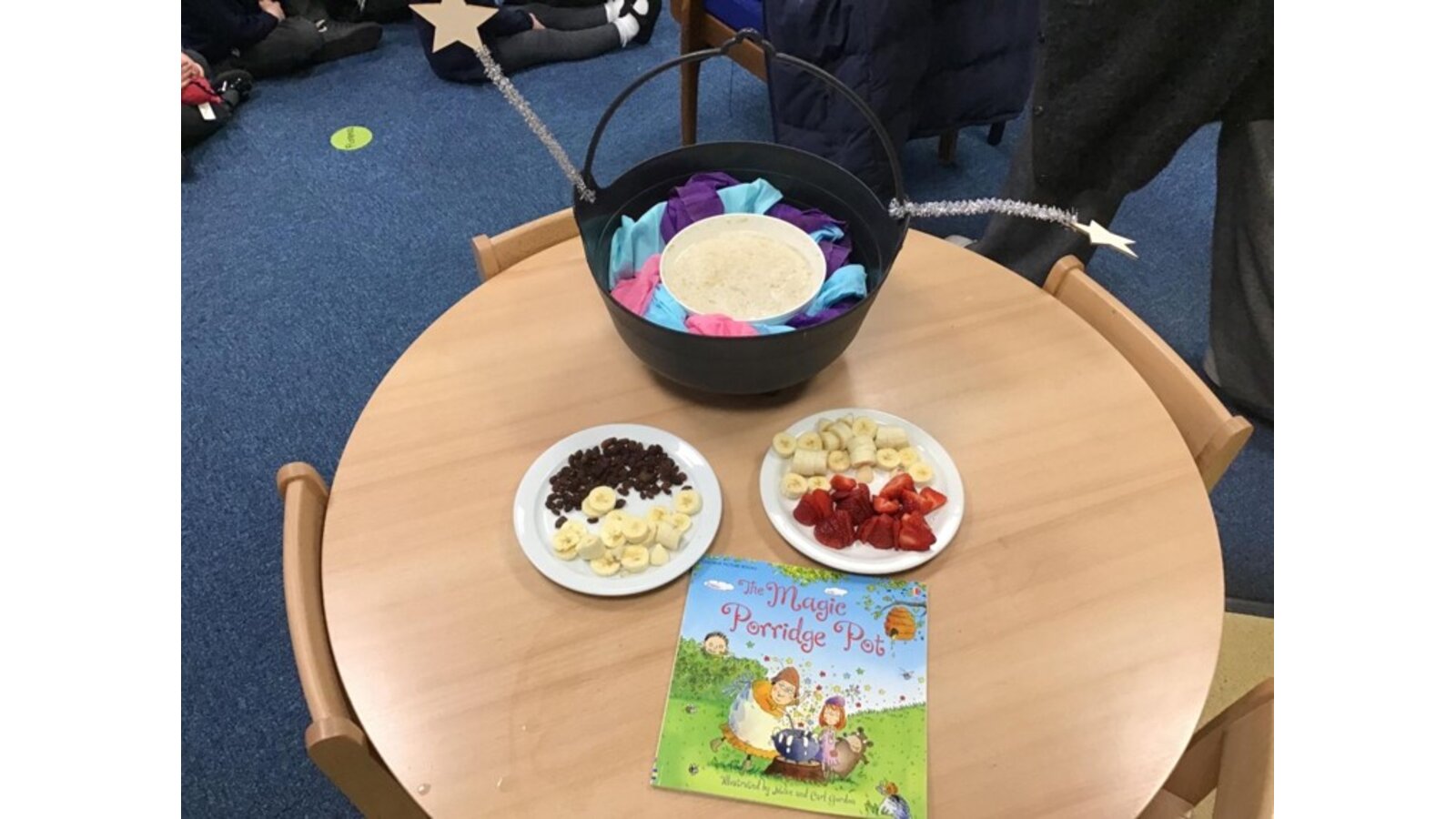
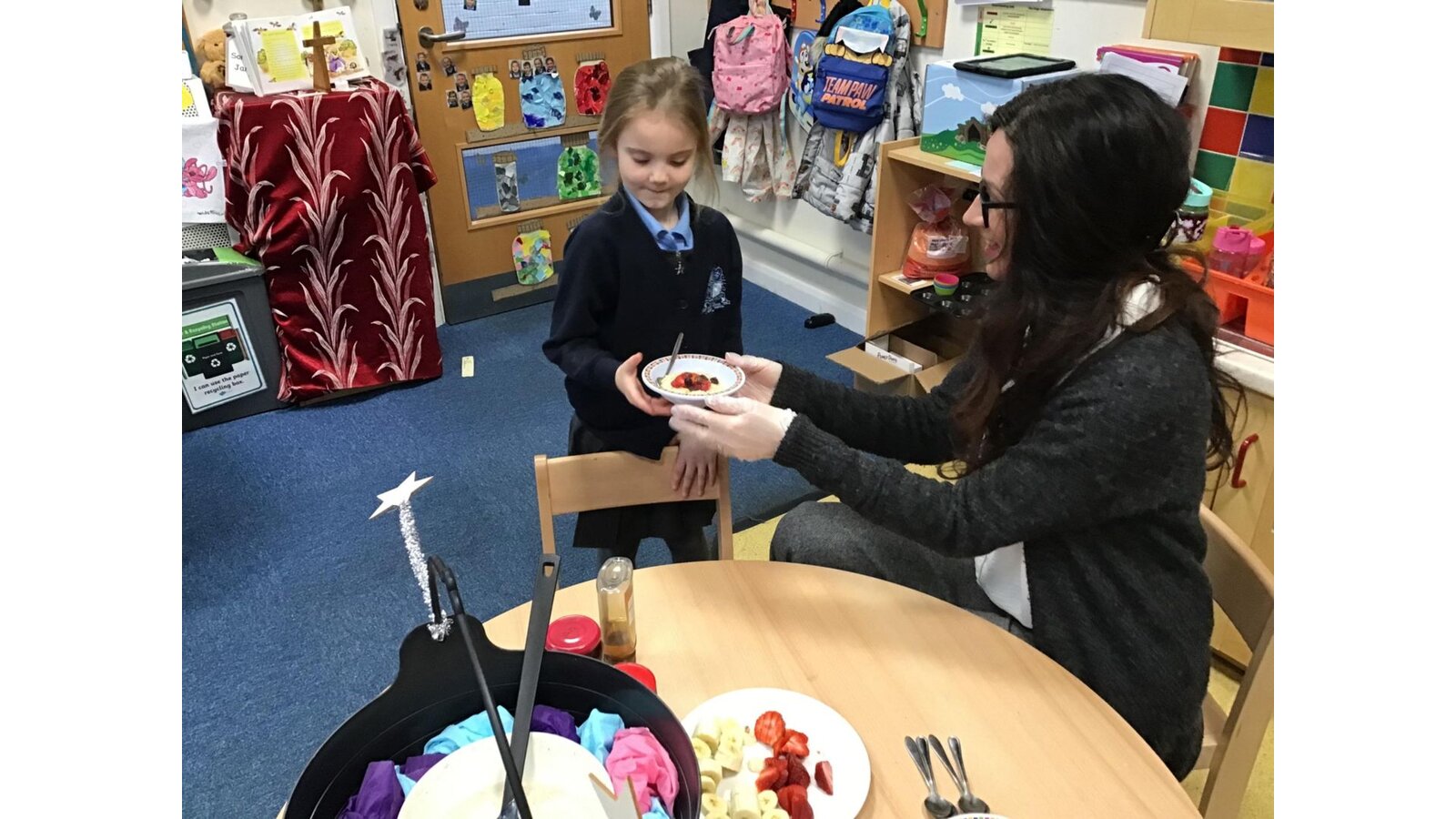
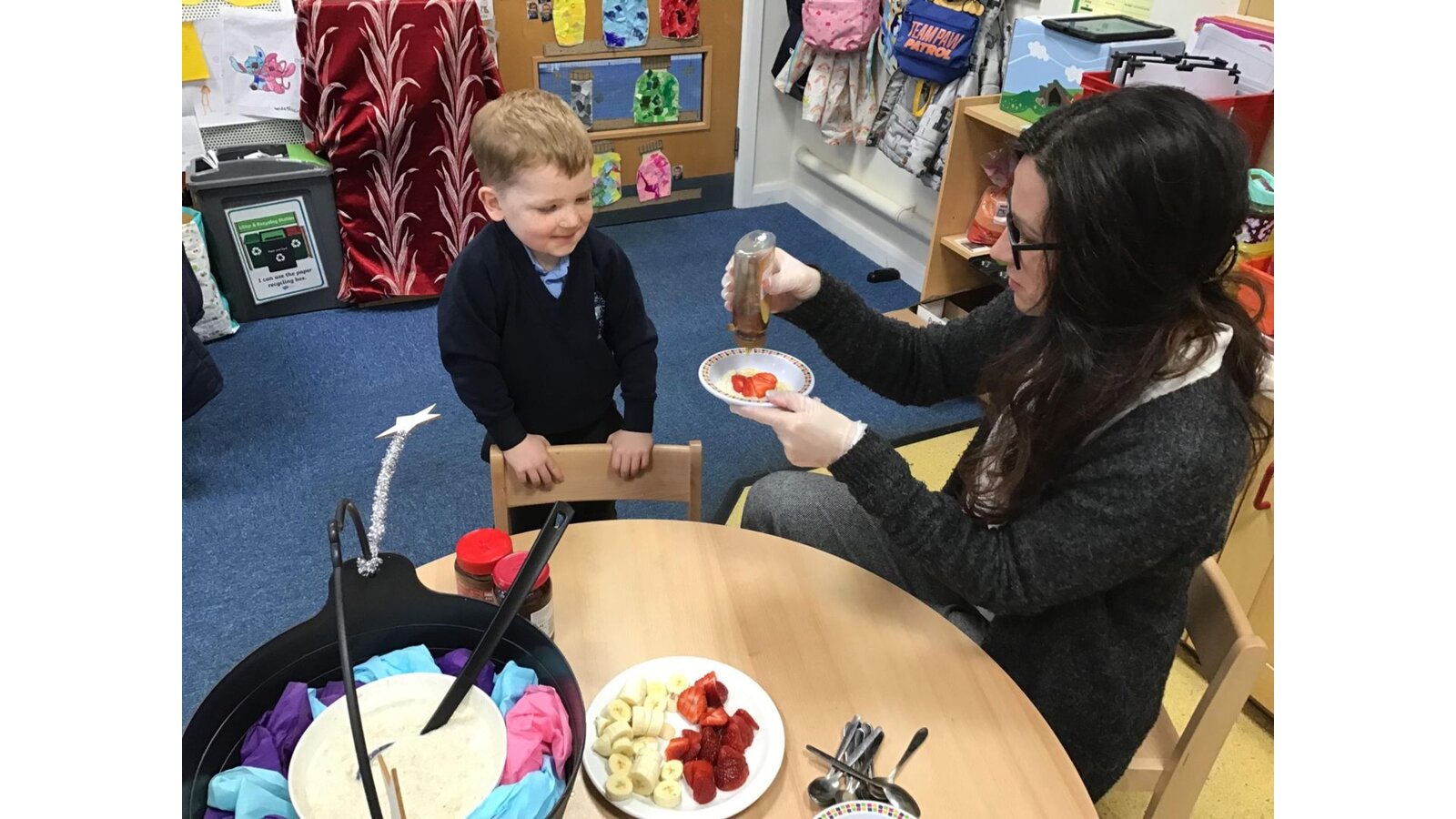
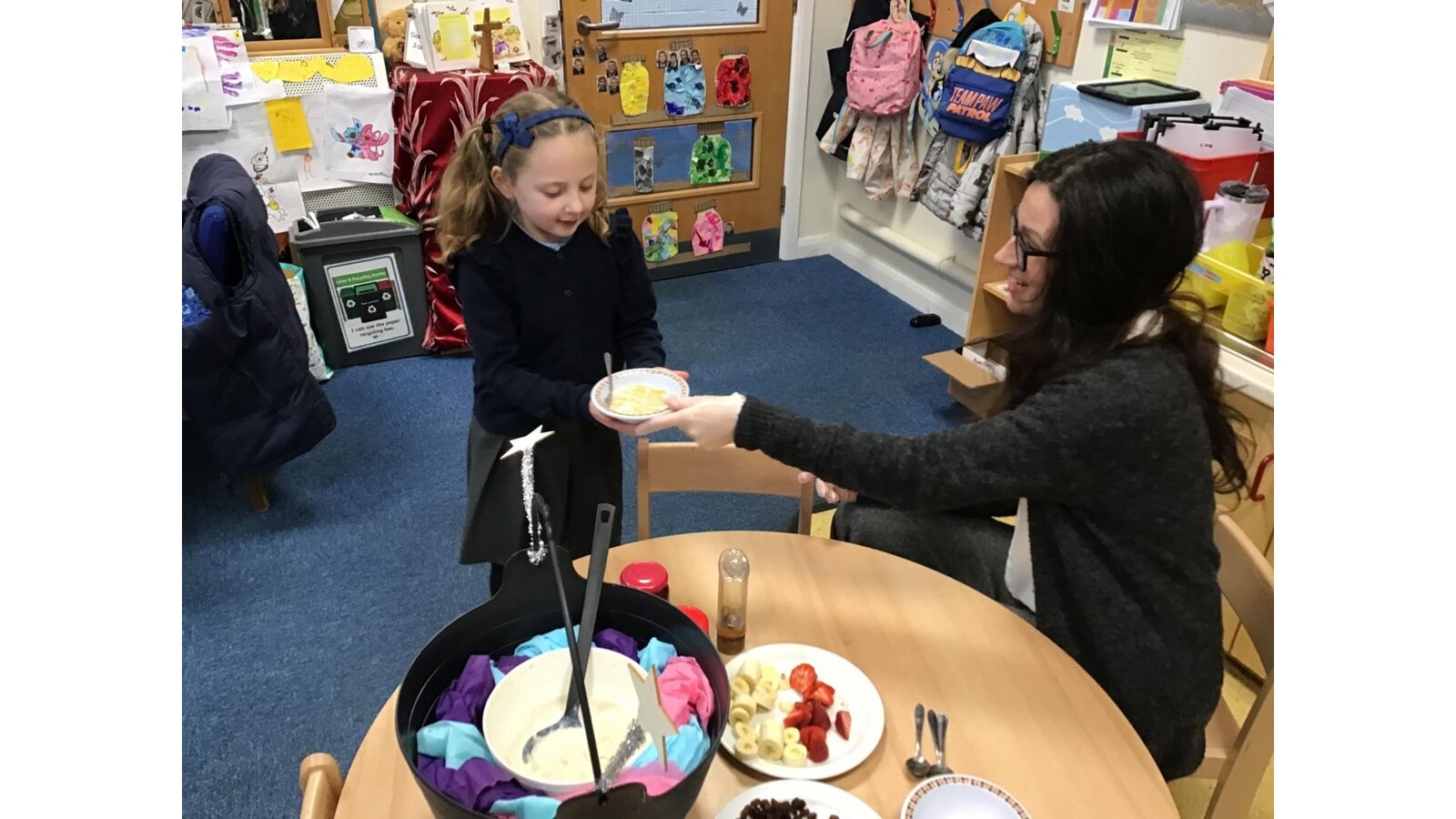
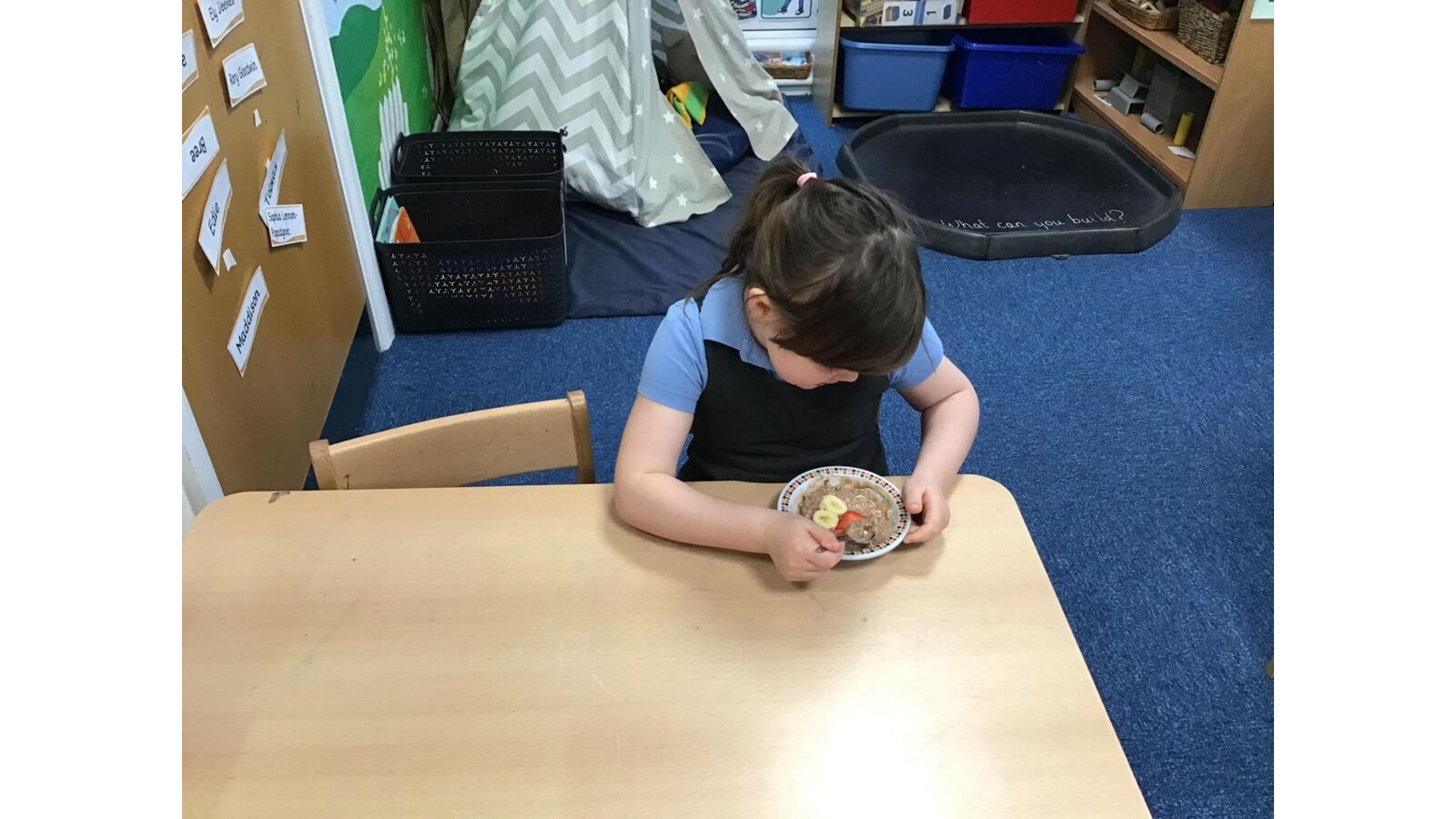
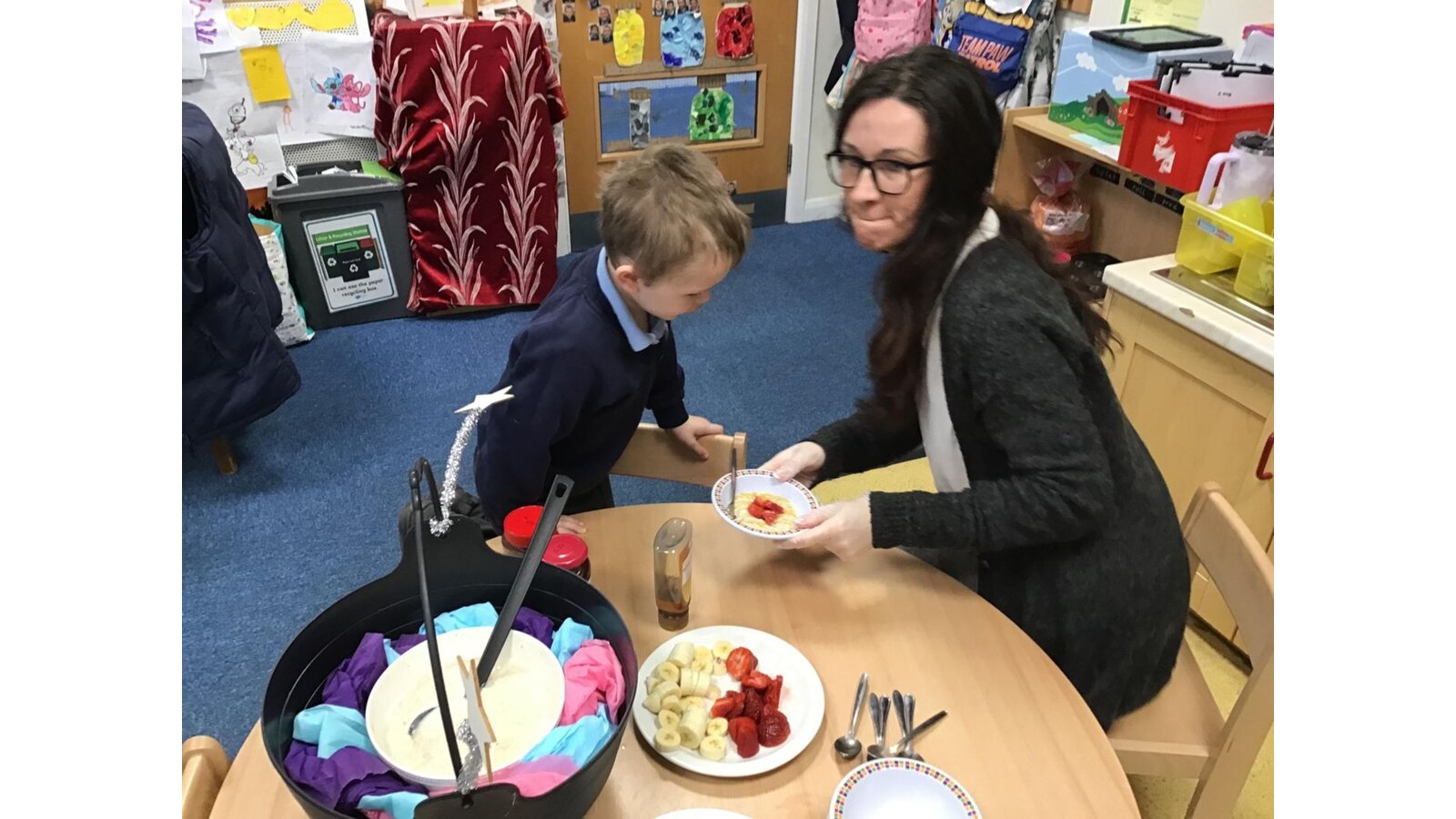
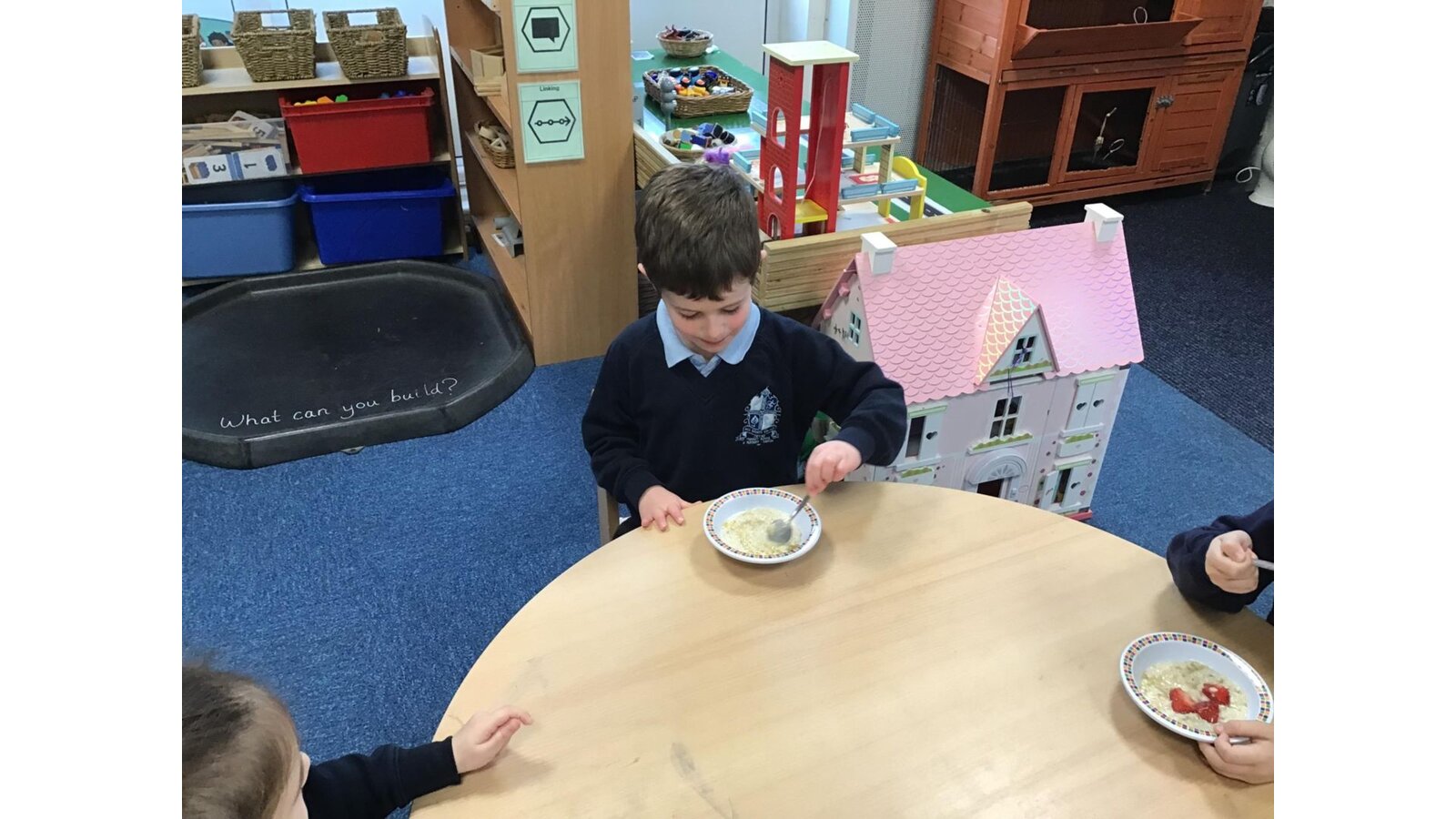
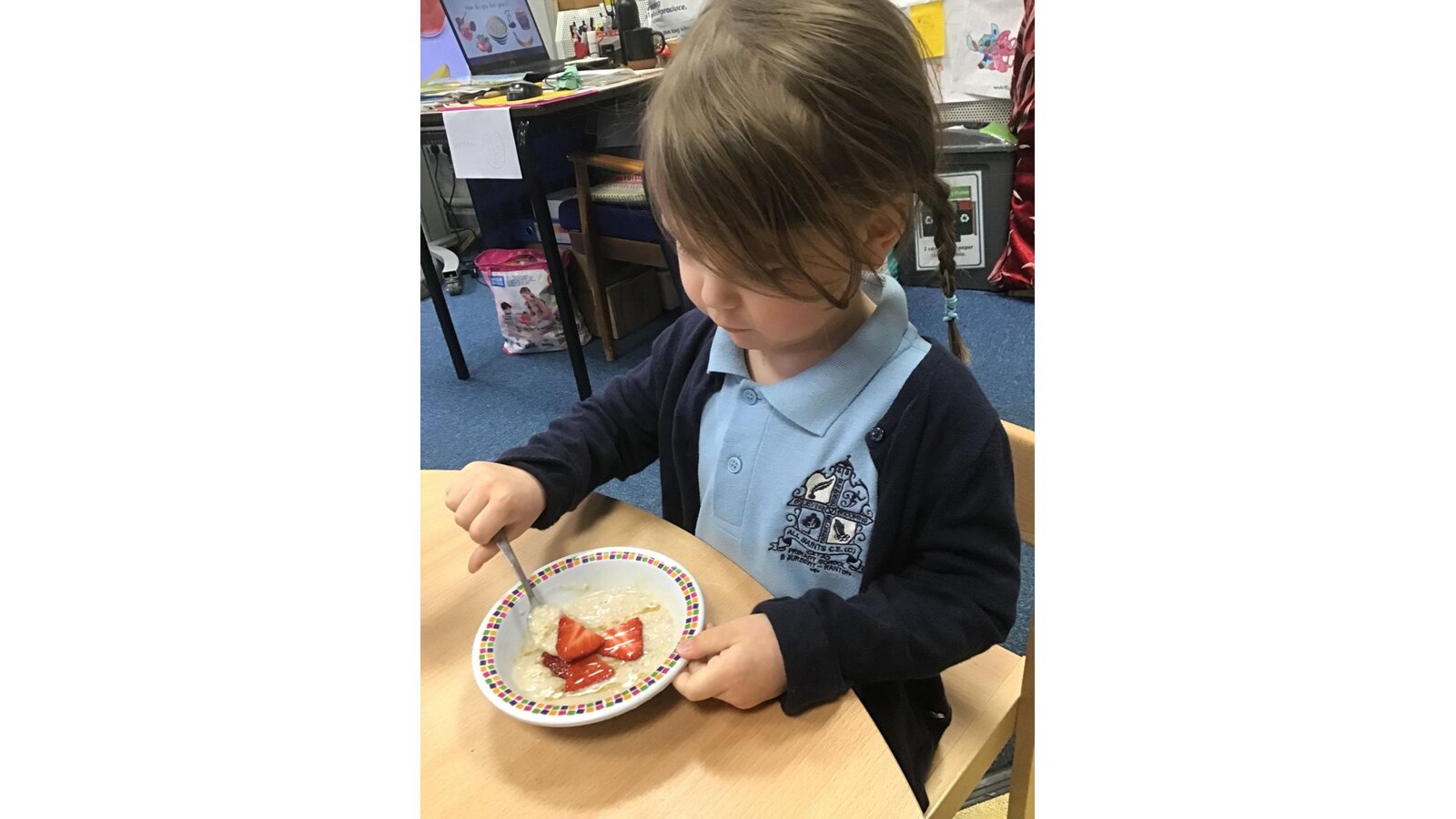
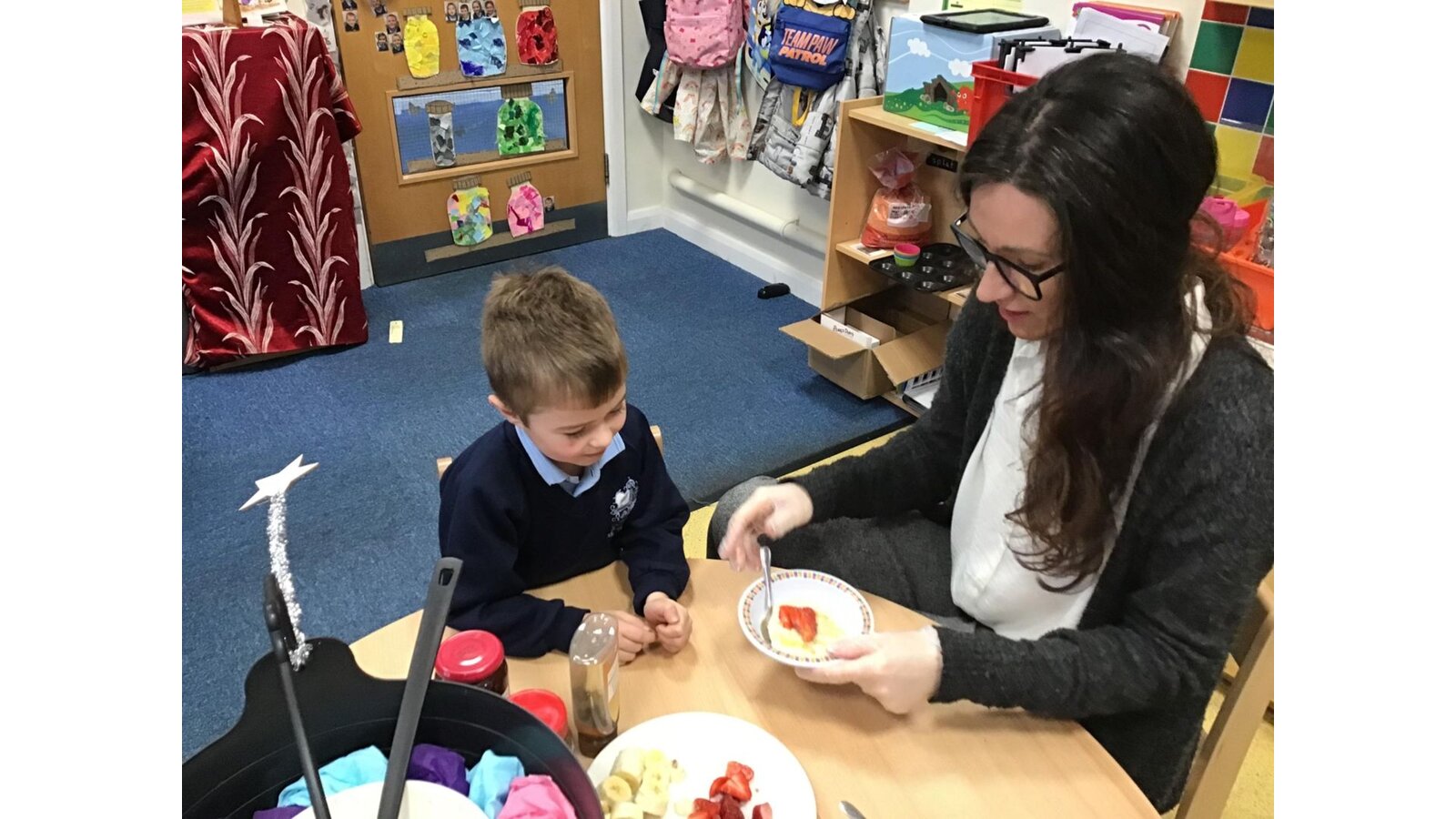
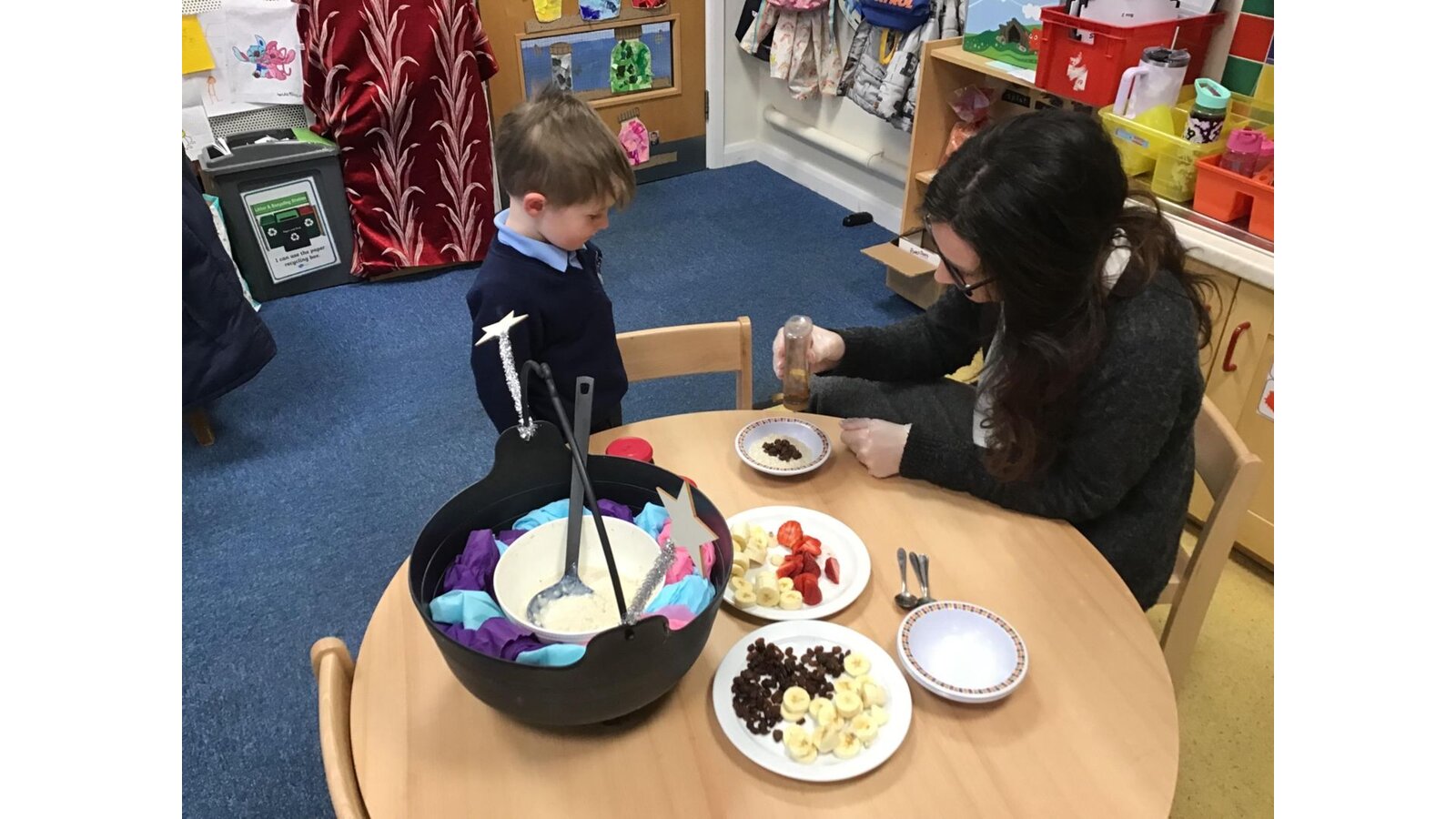
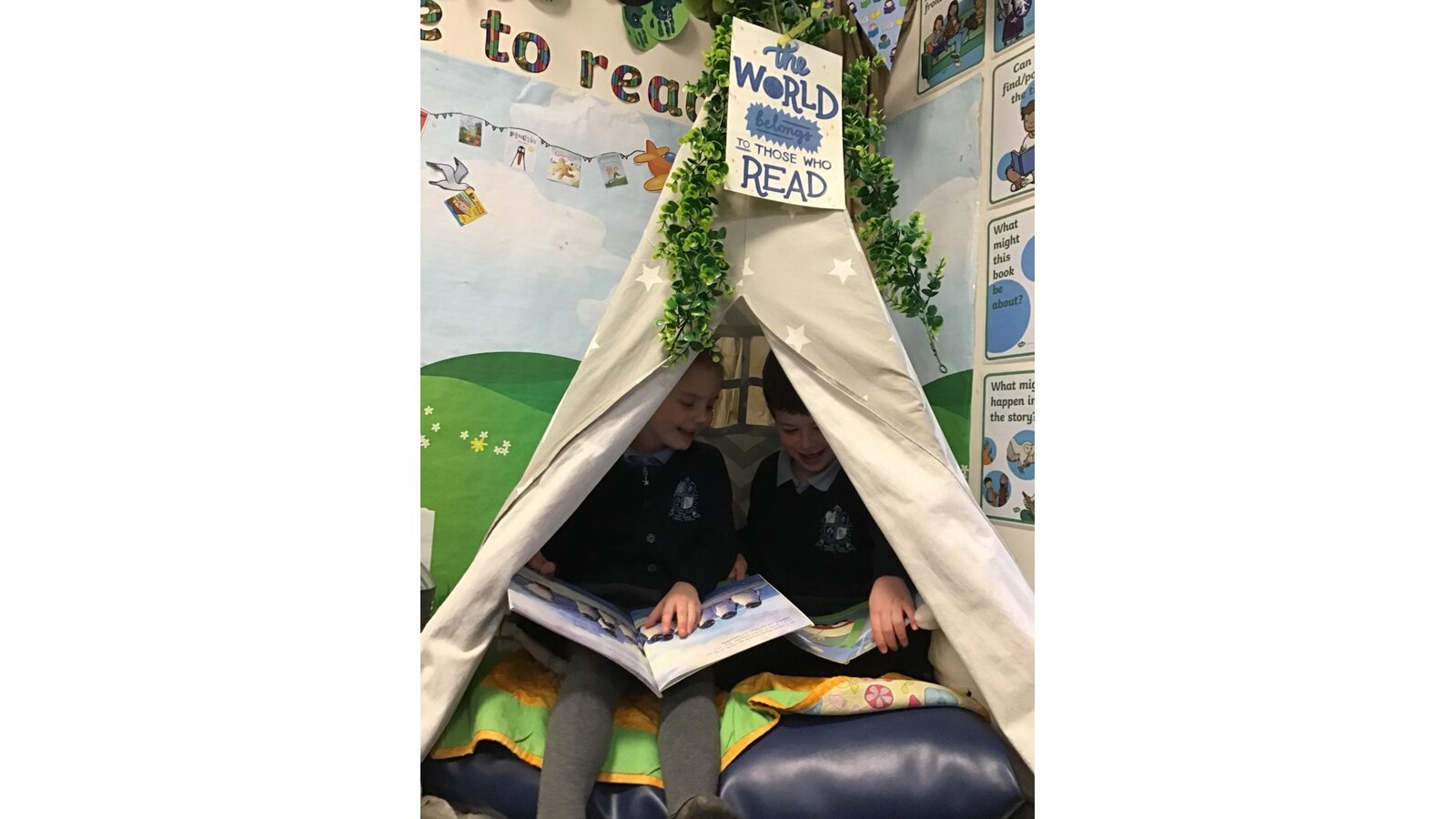

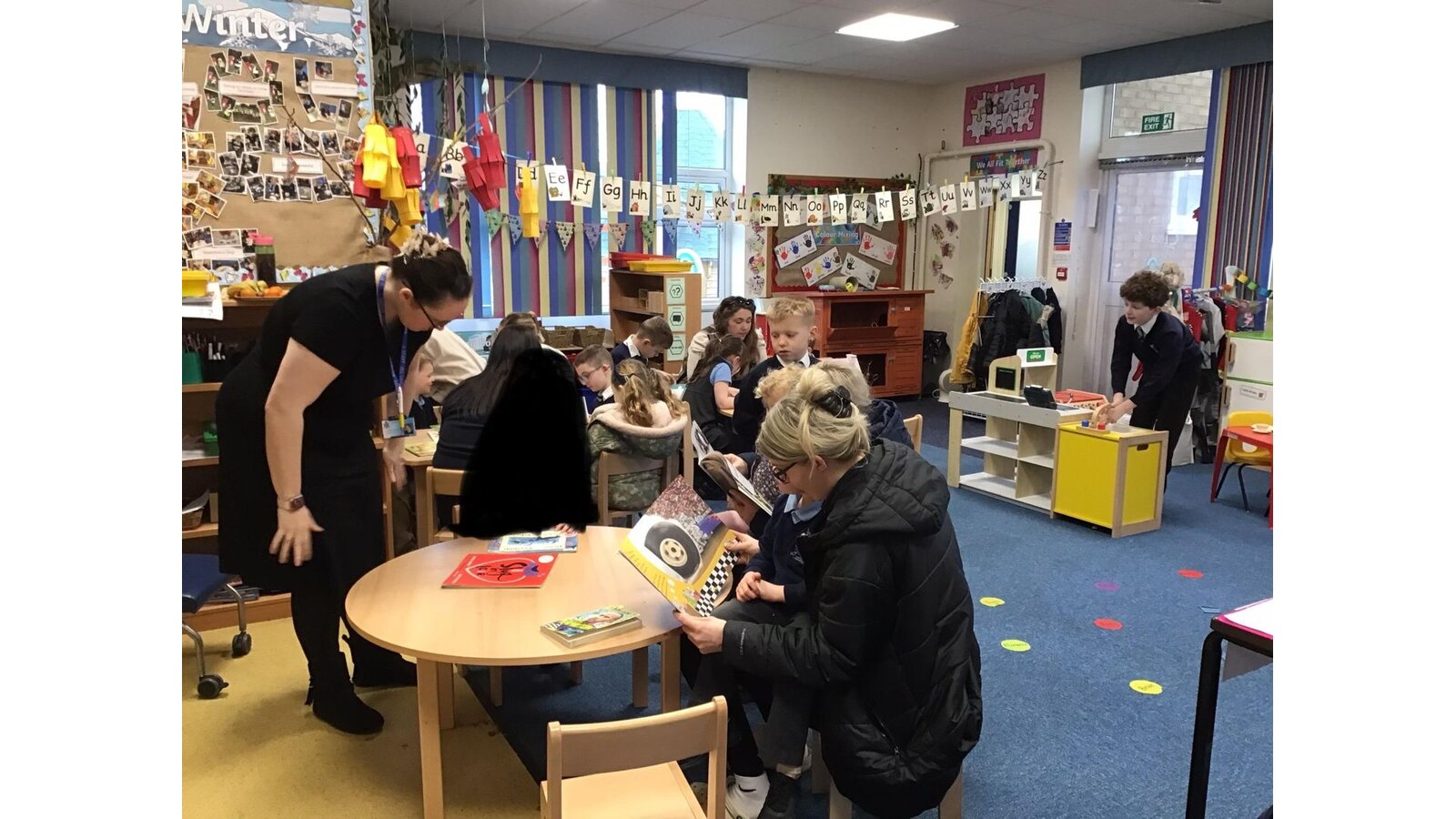
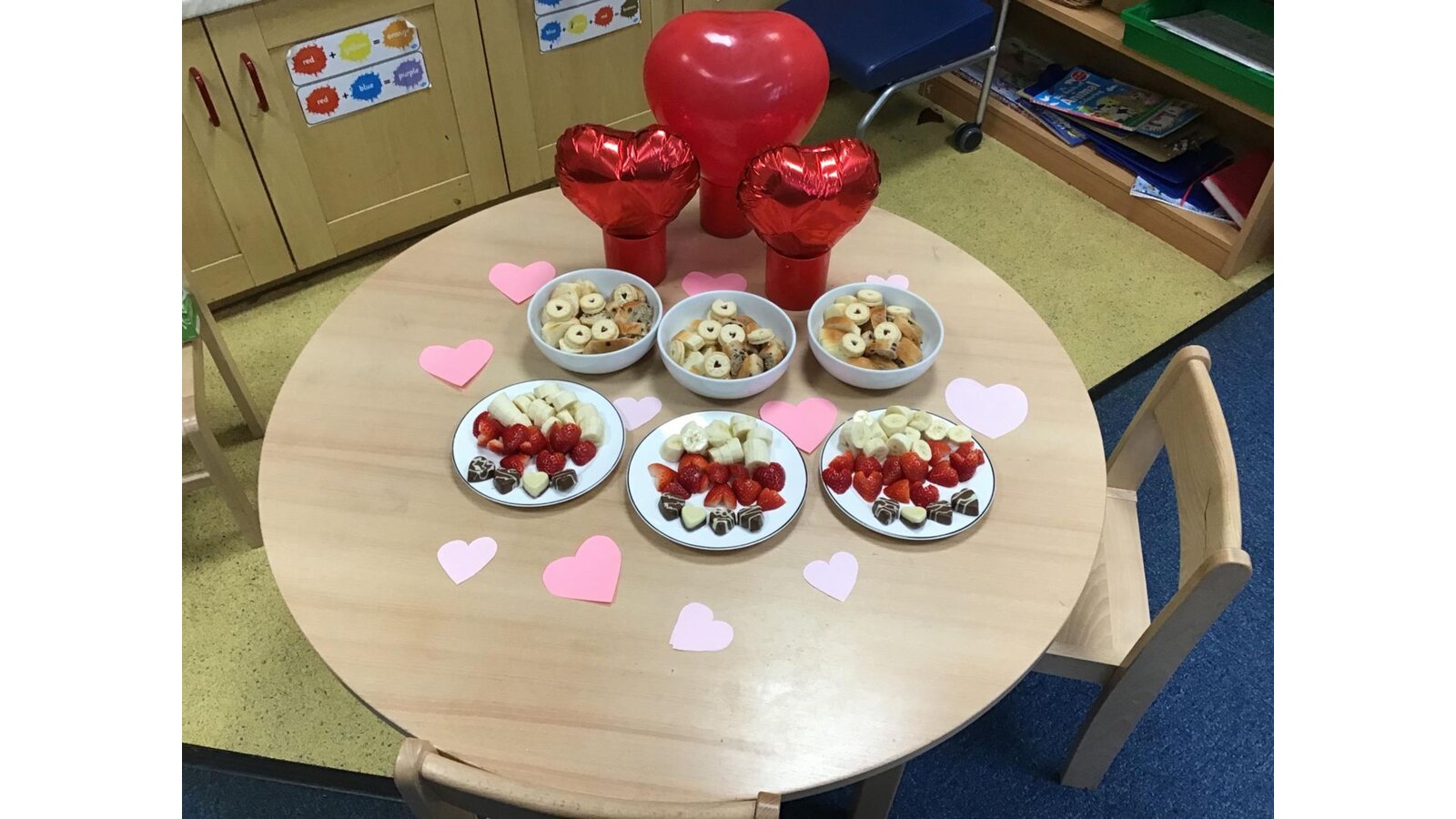
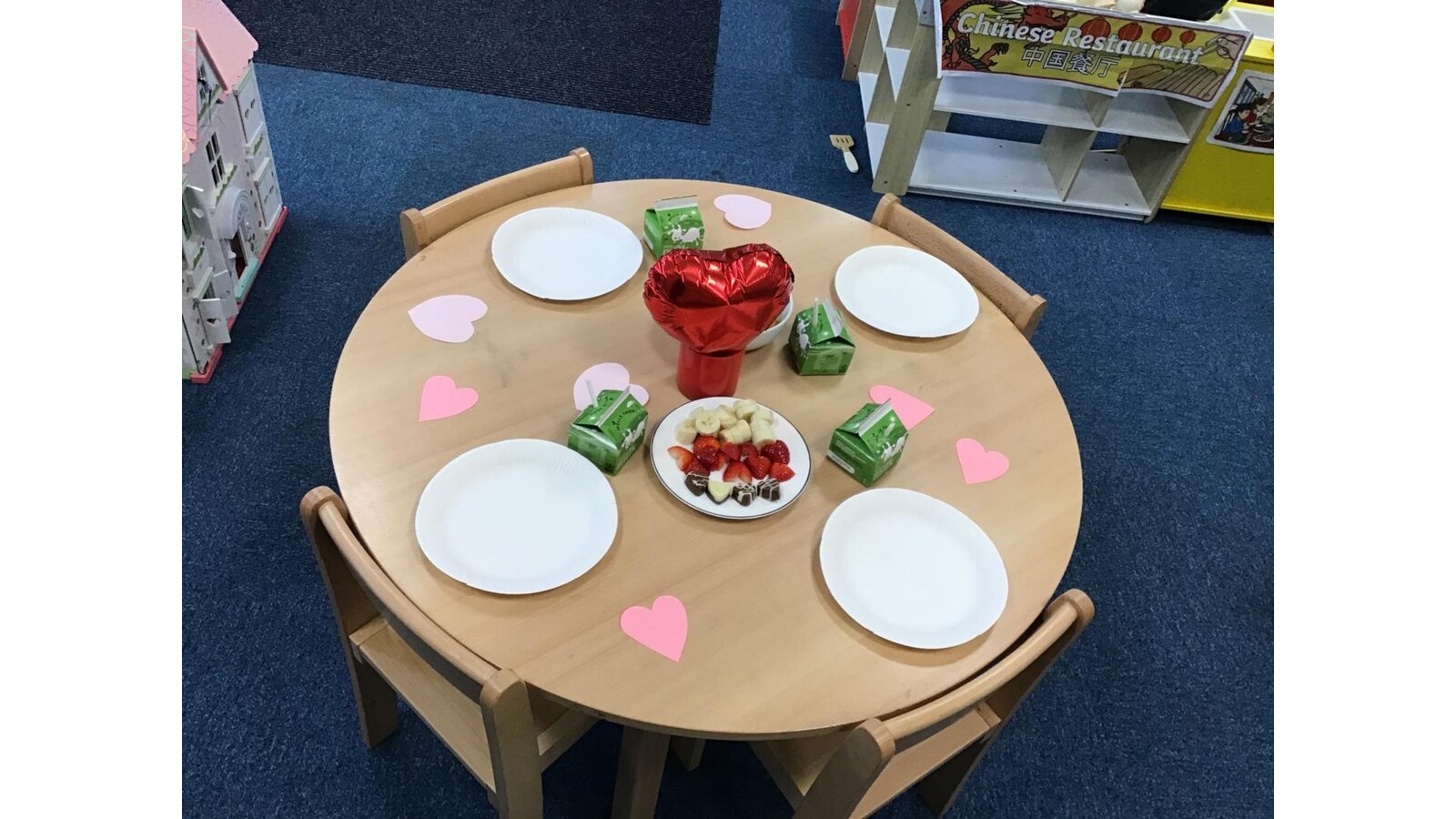
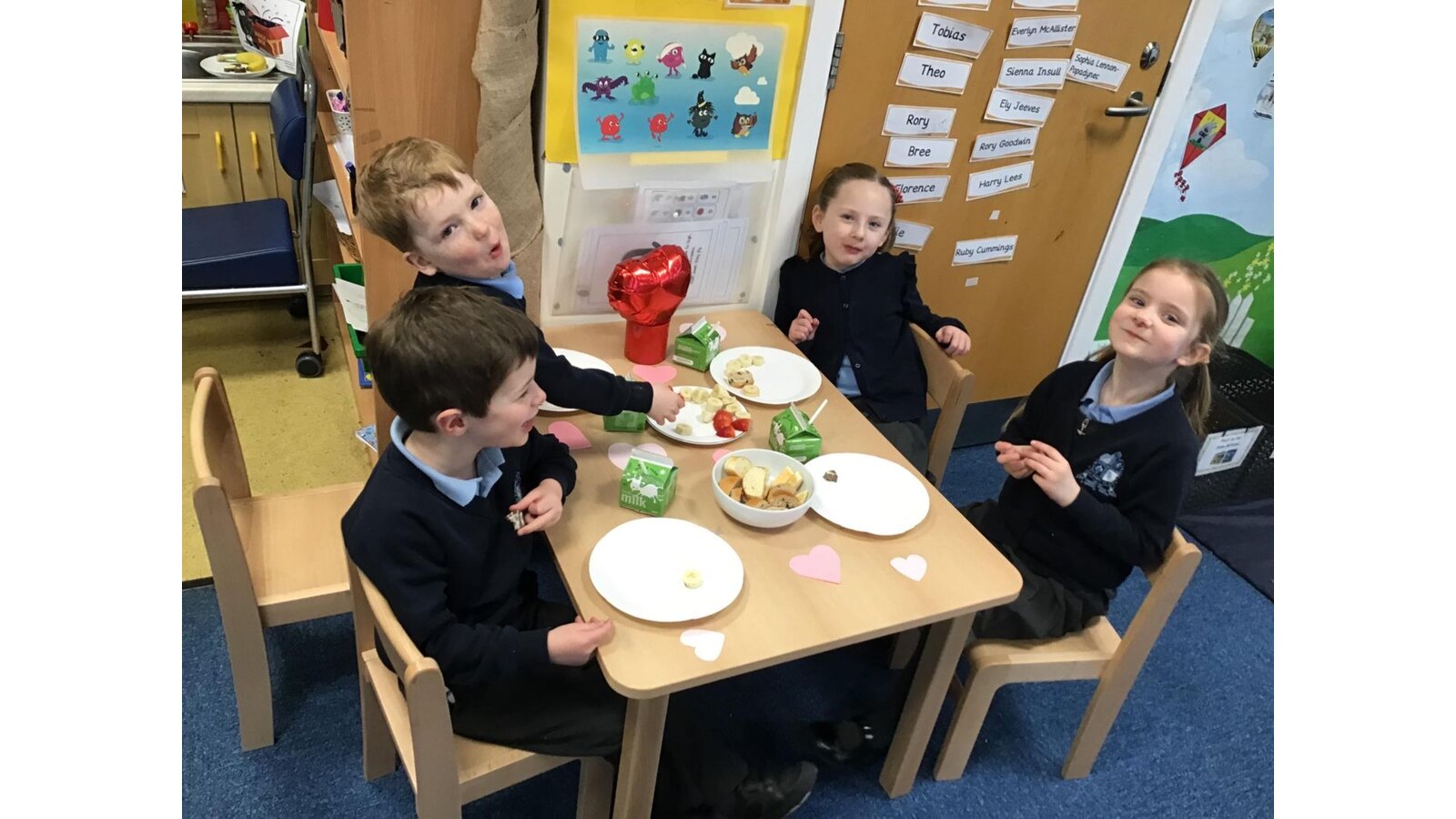
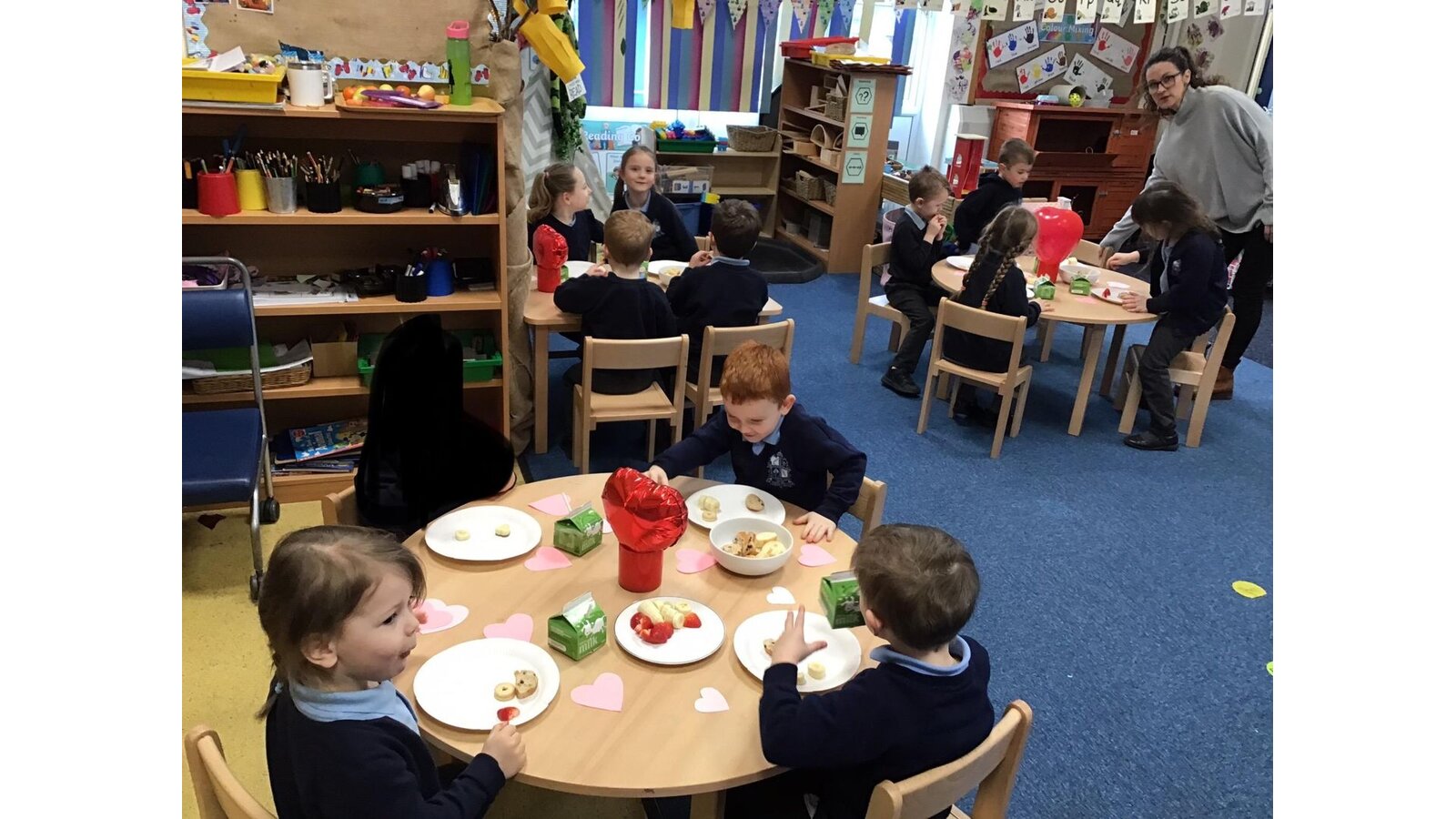
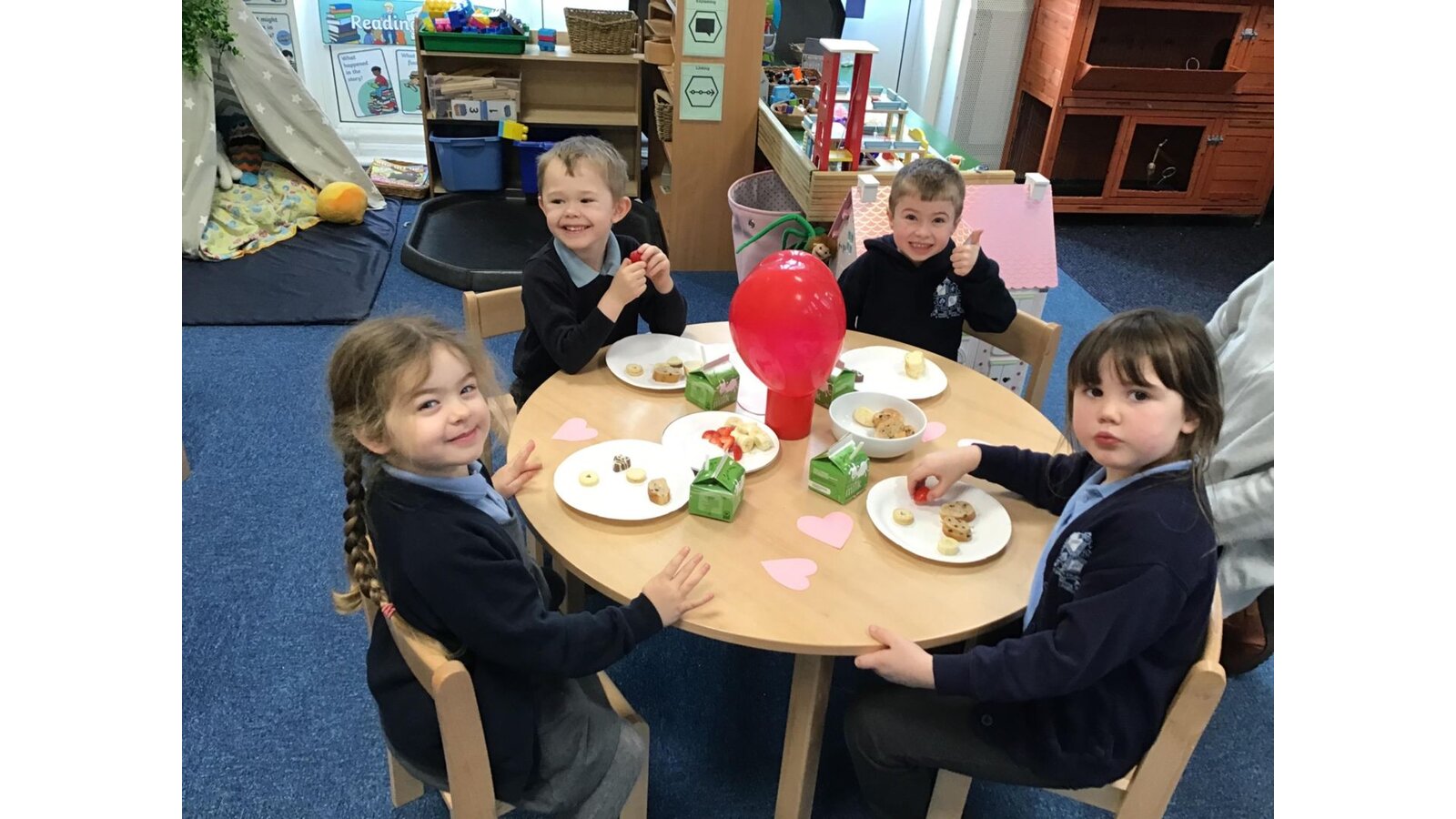
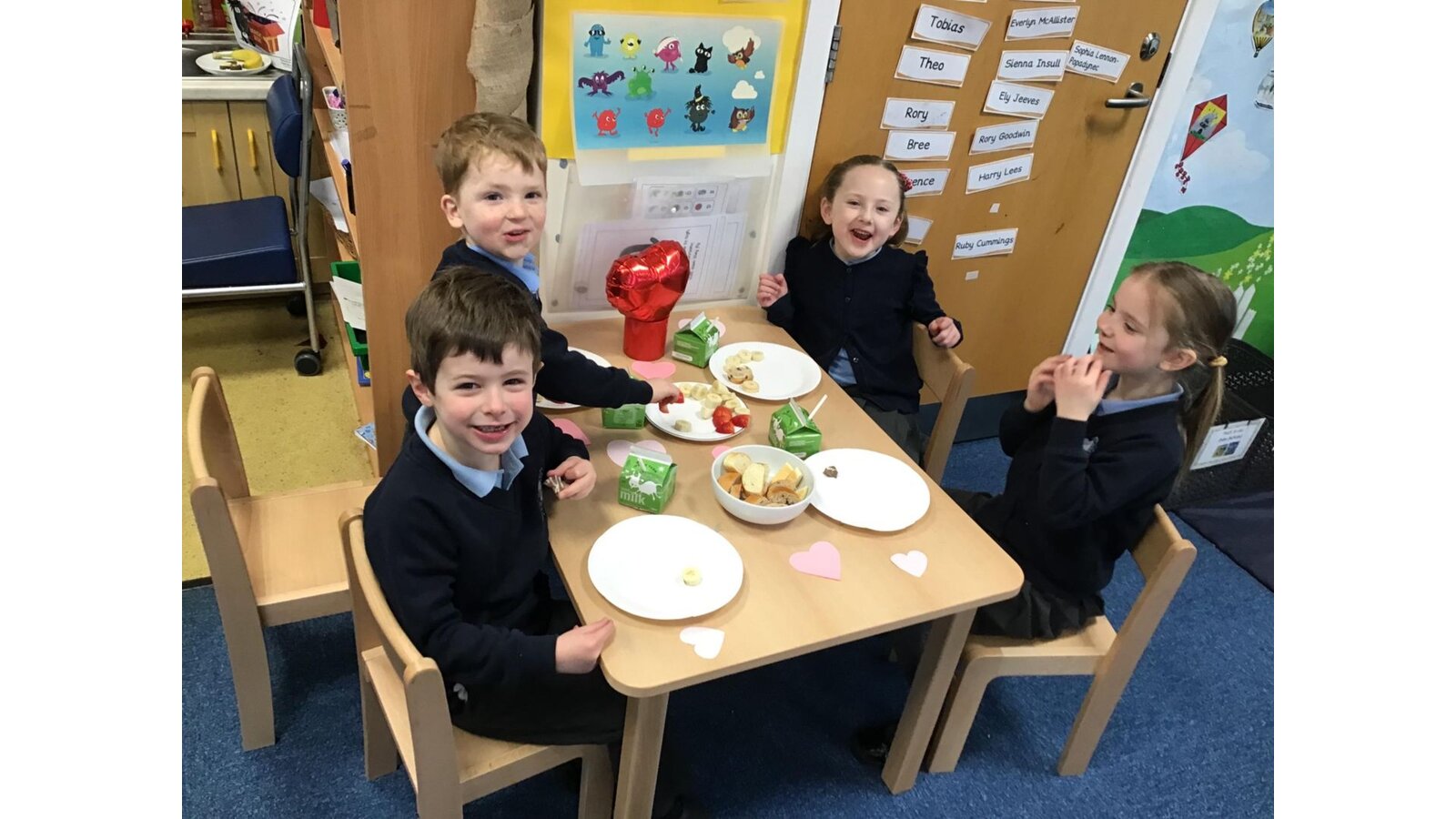
.jpg)
.jpg)
.jpg)
.jpg)
